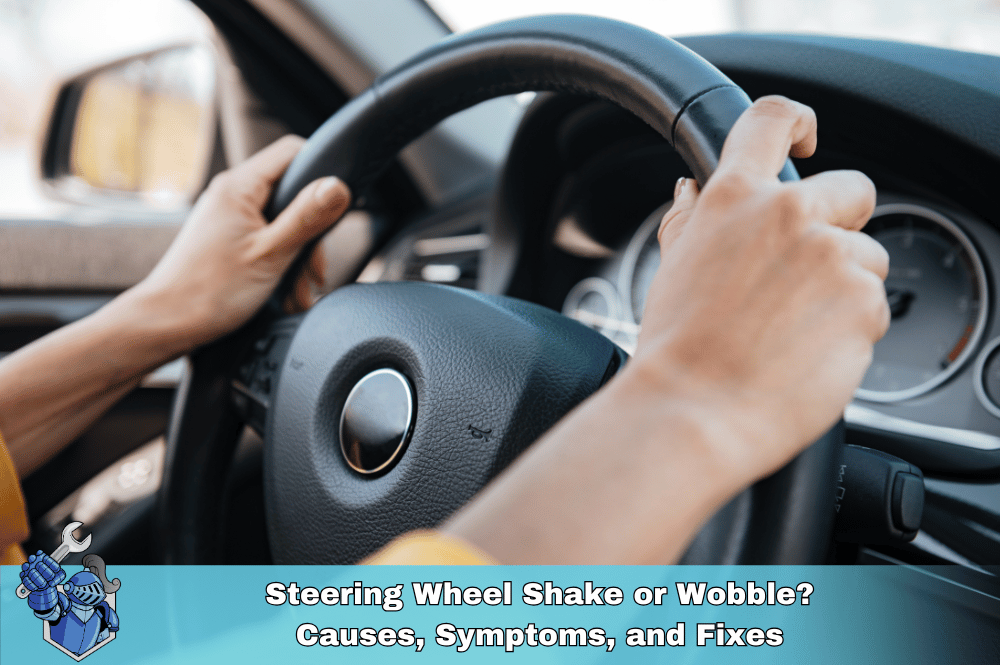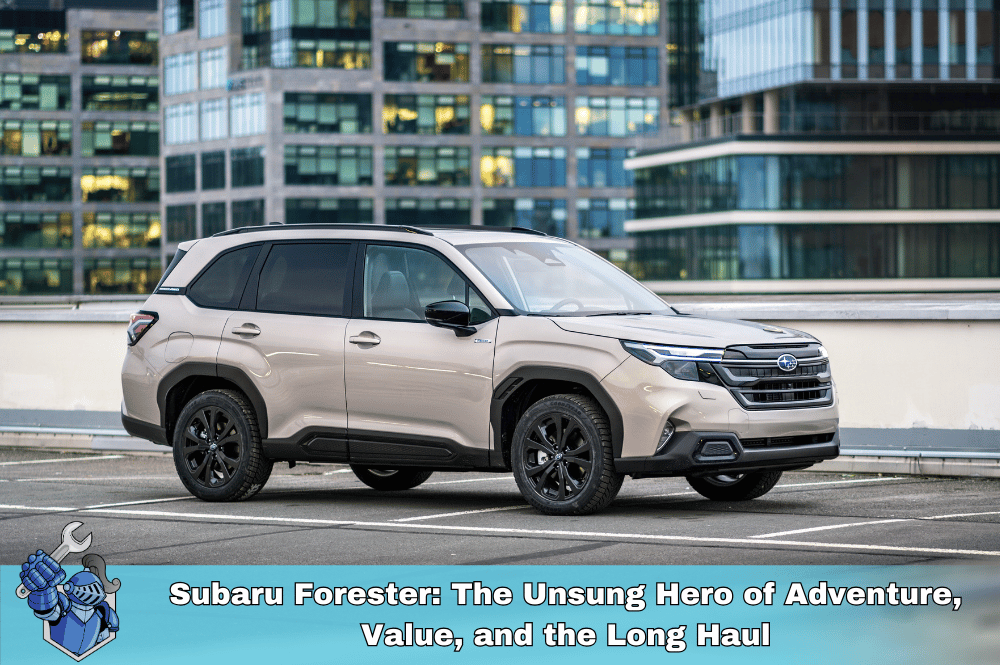Paying cash eliminates interest charges, simplifies the transaction, and means you own the car outright immediately. It also avoids monthly payments and can sometimes improve negotiation power.
When it’s time to buy a car, one question always takes center stage: Should you pay in cash or finance the purchase with a car loan? This seemingly simple decision can have major implications for your financial future, your budget, and your car-buying power. Understanding the pros and cons of buying a car in cash versus financing is crucial for making a smart, informed decision.
In this ultimate guide from Noble Quote, we’ll help you weigh the benefits of financing a car against the advantages of buying a car with cash, while factoring in real-world scenarios, interest rates, opportunity cost, dealer incentives, and your personal financial goals. Let’s dig into the data, the dollars, and the long-term outcomes of both options.
Buying a Car with Cash: Pros and Cons
Advantages of Buying a Car with Cash
- No Monthly Payments – Paying cash means you own the car outright. No monthly payments, no interest, no loan terms.
- Avoid Interest Charges – With average APR rates hovering between 6–8% for new car loans in 2025 (source: Bankrate), cash buyers save significantly over the life of a loan.
- No Debt Incurred – For those committed to staying debt-free, a cash purchase keeps your balance sheet clean.
- Simpler Buying Process – Cash purchases eliminate the need for pre-approved loans, credit checks, or financing paperwork.
- Better Negotiation Leverage – Some dealers may be more flexible when you’re ready to close the deal on the spot—though this is changing (more on that later).
Disadvantages of Paying Cash for a Car
- Large Upfront Cost – Paying $30,000 or more in one shot can significantly reduce your emergency fund or savings.
- Opportunity Cost – Tying up cash in a depreciating asset may not be the best financial strategy. That money could be invested elsewhere.
- Limited Vehicle Options – Your car choices are limited to what you can afford in full today, which might mean compromising on year, model, or features.
- No Credit Boost – Since no loan is reported, you miss the chance to build credit history through consistent payments.
Financing a Car: Pros and Cons
Benefits of Financing a Car
- Preserve Cash Flow – A loan lets you spread out the cost of the car while keeping funds available for other priorities, like investments, home improvements, or an emergency fund.
- Buy a Better Vehicle – Financing increases your purchasing power, allowing you to choose a newer, safer, or more fuel-efficient model.
- Credit Score Building – Making on-time payments helps build or improve your credit score, which can benefit future financial decisions.
- Leverage Dealer Incentives – Many manufacturers offer dealer incentives for financing like 0% APR for qualified buyers or cashback when using their in-house lender.
Drawbacks of Car Loans
- Interest Charges – Even with decent credit, you may still pay thousands in interest over the loan term.
- Higher Total Cost of Ownership – Between dealer fees, loan interest, and optional warranties, financing can increase the total price paid.
- Risk of Upside-Down Loans – Due to rapid depreciation, you may owe more than the car is worth in the early years of ownership.
- Loan Approval Process – Lenders require proof of income, good credit history, and may impose high rates for those with bad credit.

Cash vs. Loan: Which Makes More Sense?
When to Pay Cash for a Car
- You have a stable emergency fund (6–12 months of expenses) after the purchase
- You’re buying a used vehicle under $15,000
- You’re trying to stay out of debt or recently paid off significant loans
- You don’t mind losing out on credit-building opportunities
- You don’t qualify for competitive car loan interest rates
When to Finance a Car
- You’re purchasing a newer vehicle with strong resale value
- You qualify for low APR or 0% financing offers
- You want to spread out payments and preserve liquidity
- You have a strong credit score and a history of timely payments
- You want to build or improve your credit profile
Common Misconceptions About Cash and Financing
Does Paying Cash Mean No Sales Tax?
Unfortunately, no. You still pay sales tax based on the purchase price, whether you finance or pay in cash. However, you may avoid some dealer documentation fees or lender fees with a cash purchase.
Can You Get a Better Deal Paying Cash?
Not always. In fact, dealers often prefer financing because they earn money from the lender. Some even offer better prices to buyers who finance, though you can still pay off the loan early (check for prepayment penalties).
What Is the $10,000 Cash Reporting Rule?
If you pay more than $10,000 in physical cash (not cashier’s check or wire transfer), the dealer must file IRS Form 8300 to report the transaction. This is for anti-money laundering purposes and won’t impact your taxes, but it’s good to be aware.
The Hidden Cost of Opportunity: Investing vs. Paying Cash
One of the most compelling arguments against paying cash is the opportunity cost. If you’re considering withdrawing $25,000 from a savings account earning 5% interest or pulling funds from an investment portfolio returning 8%, that’s money that could have grown significantly over time.
| Option | Cash Purchase | Car Loan (5-Year, 6% APR) |
|---|---|---|
| Vehicle Price | $25,000 | $25,000 |
| Interest Paid | $0 | ~$4,000 |
| Potential Investment Gain | ~$7,350 (8% annual return) | N/A |
| Total Opportunity Cost | ~$7,350 (missed growth) | $4,000 (interest paid) |
As you can see, paying cash might save on interest, but you could be losing more in investment gains, especially if the market performs well.

Special Considerations for First-Time Buyers and Those with Bad Credit
If you're a first-time car buyer or have bad credit, financing can be tricky. Expect higher interest rates, larger required down payments, and limited options. However, a well-managed car loan can be a stepping stone toward a better credit score.
Cash buyers, in contrast, may find private sellers more flexible and avoid dealer markups entirely.
Inflation & Economic Trends: 2025 Outlook
In 2025, with inflation remaining above historic norms and car prices stabilizing post-pandemic, car loan interest rates have edged upward. Paying cash might feel safer to avoid overpaying on interest, but consider your overall financial strategy and whether the funds would be better used elsewhere.
As the total cost of ownership becomes more significant due to rising insurance, fuel, and maintenance expenses, it’s essential to not just focus on the sticker price, but the long-term affordability of your vehicle.
Noble Quote Can Help You Protect Your Investment
Whether you buy in cash or take out a loan, protecting your vehicle is just as important as choosing how to pay for it. Noble Quote offers premium vehicle repair protection that helps cover the rising cost of repairs, electronics, and unexpected breakdowns.
Learn more in our Noble Quote Learning Center and get a free extended warranty quote in just minutes.
Final Verdict: Cash or Car Loan?
Deciding between cash vs. car loan isn’t just about math—it’s about your goals, your budget, and how comfortable you are with debt. Cash offers simplicity and long-term savings. Financing provides flexibility and opportunity. The best way to buy a car depends on your personal financial picture—and at Noble Quote, we’re here to protect that vehicle once you drive it off the lot.
Smart Car Buying Decisions: Your Top Questions Answered About Paying Cash vs. Financing
What are the advantages of buying a car with cash?
Are there disadvantages to paying cash for a car?
Yes. Paying in full can deplete your savings, limit your emergency fund, and may prevent you from taking advantage of low-interest financing deals or building your credit score.
Is it better to finance a car or pay cash in 2025?
It depends on your financial situation. With higher interest rates in 2025, cash can save you money—unless you qualify for 0% financing or prefer to invest your cash elsewhere for better returns.
Does paying cash for a car help your credit score?
No. Since no loan is reported to credit bureaus, a cash purchase doesn’t affect your credit score or help you build credit.
Can I get a better price from a dealer if I pay cash?
Not always. Some dealers prefer financing because they receive lender incentives, which can make financed deals more profitable for them.
What is the $10,000 cash reporting rule when buying a car?
If you pay more than $10,000 in physical cash, the dealership is legally required to file IRS Form 8300 to report the transaction due to anti-money laundering laws.
Should I use my savings to buy a car outright?
Only if you can do so without draining your emergency fund or sacrificing other important financial goals, such as retirement or home ownership.
How does the opportunity cost factor into paying cash for a car?
When you use cash, you miss the chance to invest that money elsewhere—potentially earning a higher return than the interest you would have paid on a loan.
Do you still pay sales tax when buying a car with cash?
Yes. Sales tax is based on the purchase price of the vehicle and applies regardless of how you pay—cash or financing.
Is financing a car a good option for first-time buyers or those with bad credit?
Yes, if managed well. Financing can help build credit history, though buyers with bad credit should expect higher interest rates and stricter loan terms. A solid co-signer or larger down payment can help.
Suggestions for you
Read MoreLet’s work together
Every week we showcase three charitable organizations that our donations are sent to. Our clients are able to choose which of these three will receive their gift when they add coverage to their vehicle...

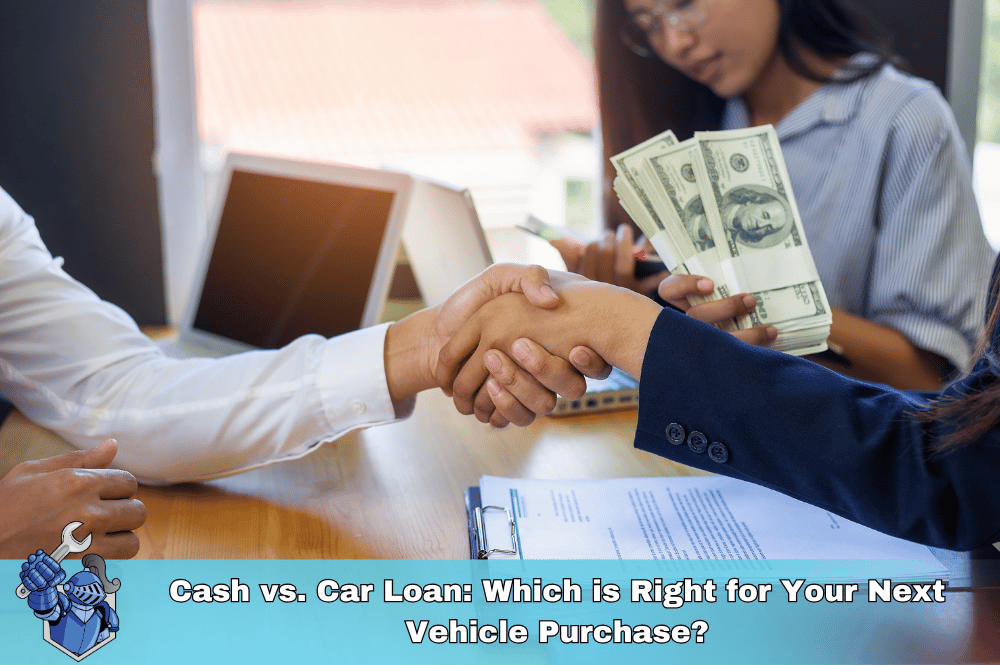
 The New Land Rover Defender: Redefining Rugged Luxury (Your Ultimate Review & Buying Guide)
The New Land Rover Defender: Redefining Rugged Luxury (Your Ultimate Review & Buying Guide)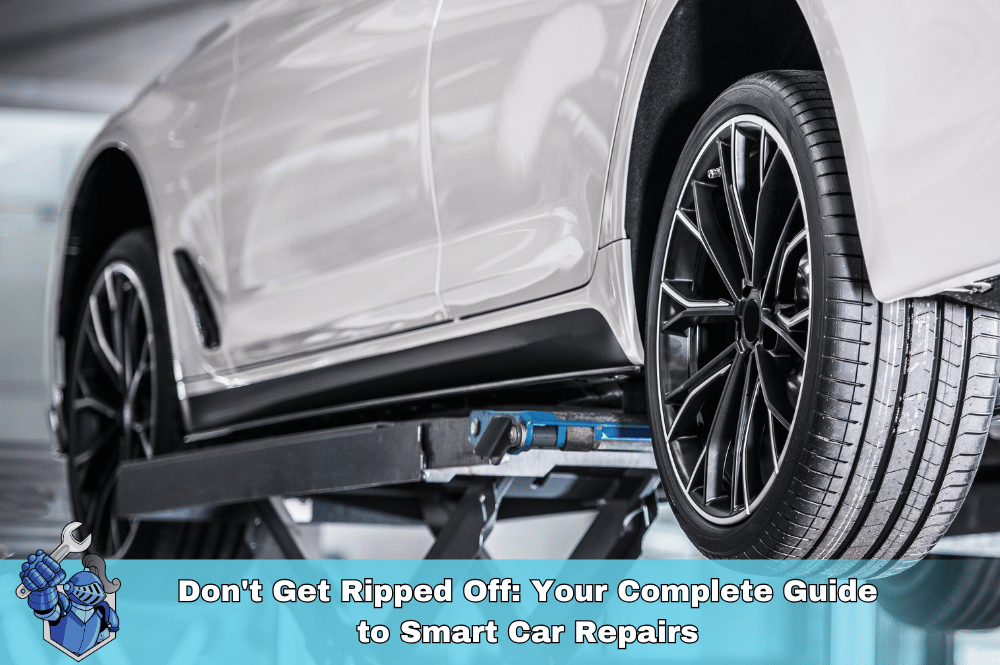 Don't Get Ripped Off: Your Complete Guide to Smart Car Repairs
Don't Get Ripped Off: Your Complete Guide to Smart Car Repairs Full Tort vs. Limited Tort in Pennsylvania: Which is Right for You? (A Driver's Definitive Guide)
Full Tort vs. Limited Tort in Pennsylvania: Which is Right for You? (A Driver's Definitive Guide)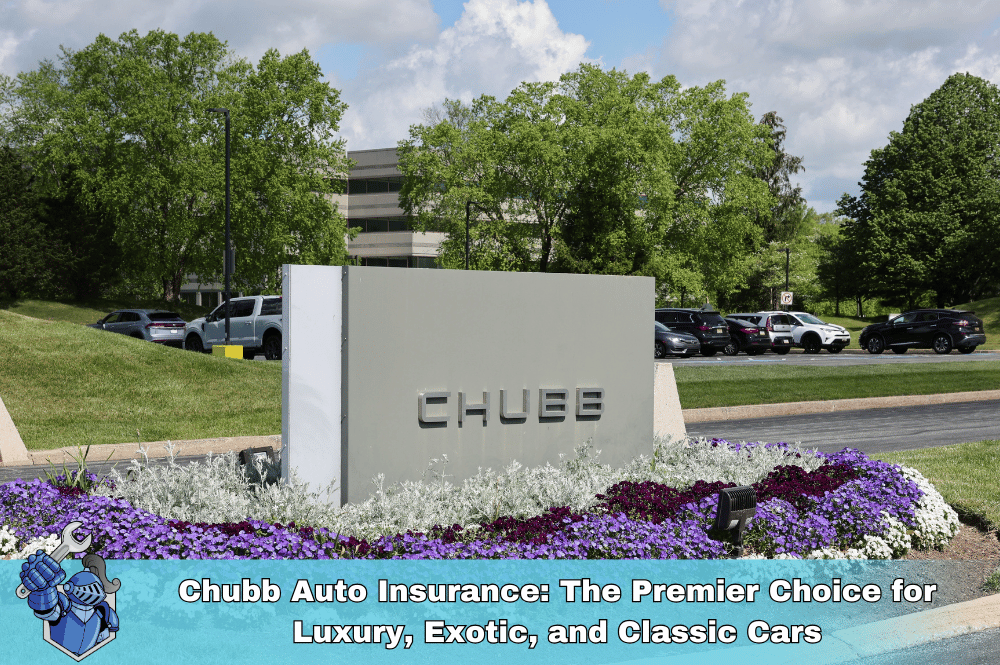 Chubb Auto Insurance: The Premier Choice for Luxury, Exotic, and Classic Cars
Chubb Auto Insurance: The Premier Choice for Luxury, Exotic, and Classic Cars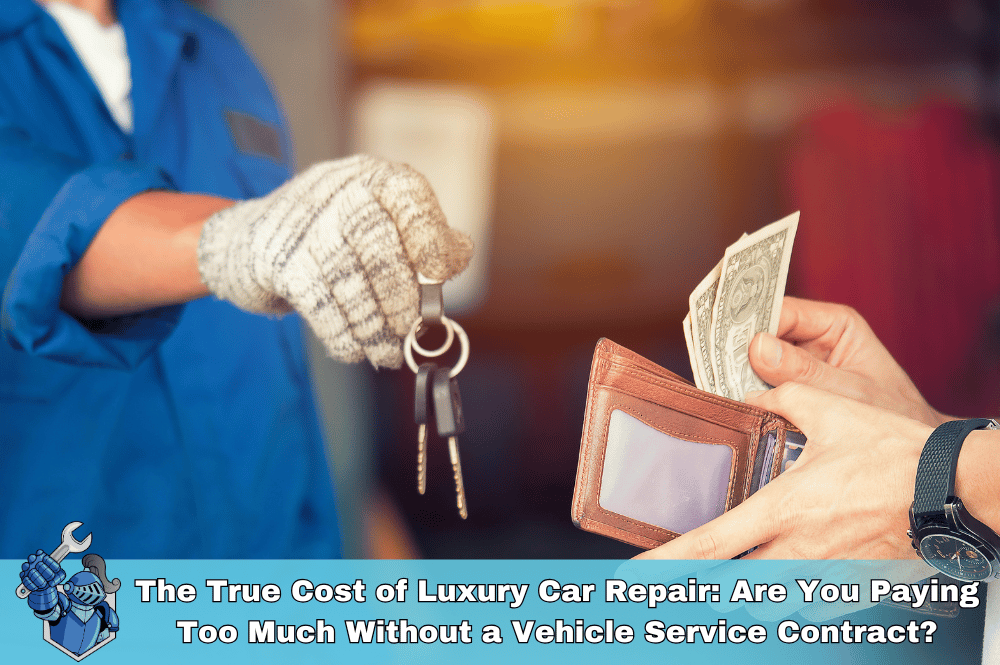 The True Cost of Luxury Car Repair: Are You Paying Too Much Without a Vehicle Service Contract?
The True Cost of Luxury Car Repair: Are You Paying Too Much Without a Vehicle Service Contract? Mazda6 Generations Explained: A Complete History & Buyer's Guide (All Models)
Mazda6 Generations Explained: A Complete History & Buyer's Guide (All Models) The Ultimate Lamborghini Urus Buyer's Guide: Every Generation, Model, & What You Need to Know Before Owning
The Ultimate Lamborghini Urus Buyer's Guide: Every Generation, Model, & What You Need to Know Before Owning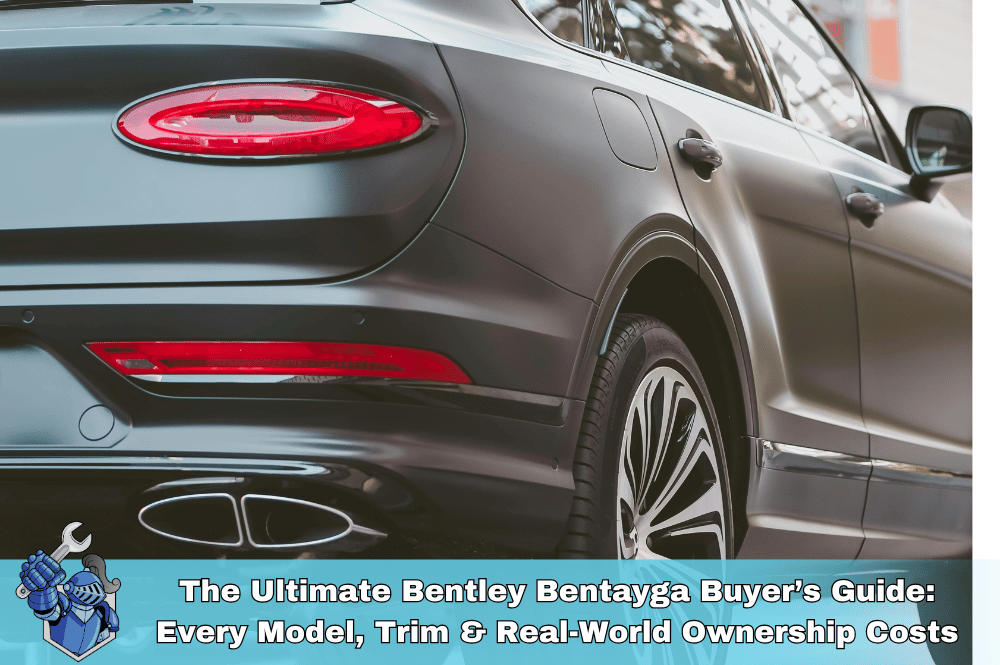 The Ultimate Bentley Bentayga Buyer’s Guide: Every Model, Trim & Real-World Ownership Costs
The Ultimate Bentley Bentayga Buyer’s Guide: Every Model, Trim & Real-World Ownership Costs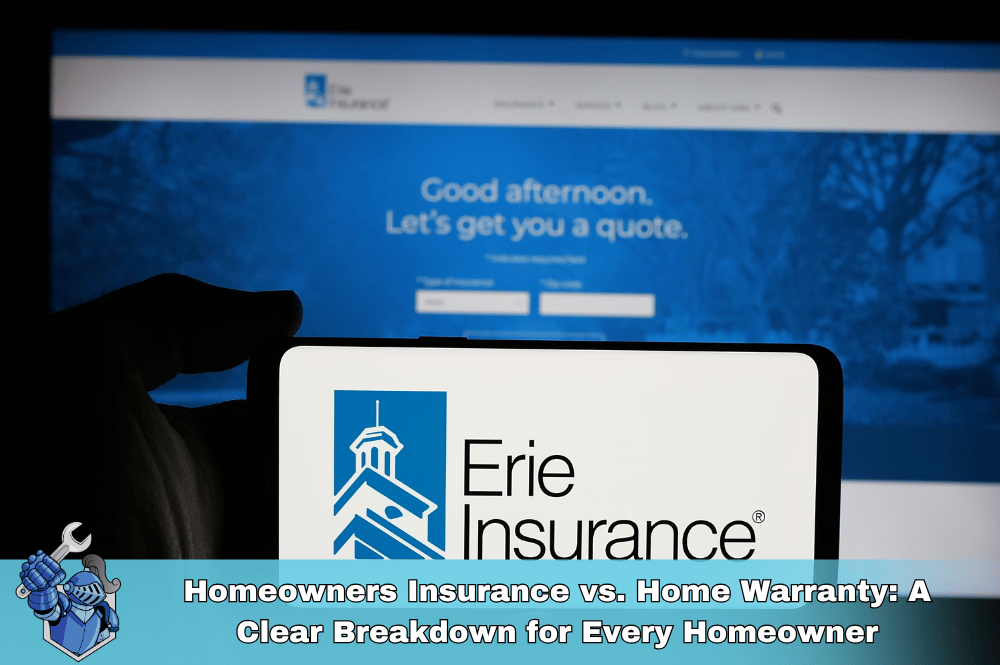 Erie Auto Insurance Review 2025: Rates, Discounts, & Why Drivers Choose It
Erie Auto Insurance Review 2025: Rates, Discounts, & Why Drivers Choose It Charging Your Peace of Mind: Using a Credit Card to Buy a Car Warranty
Charging Your Peace of Mind: Using a Credit Card to Buy a Car Warranty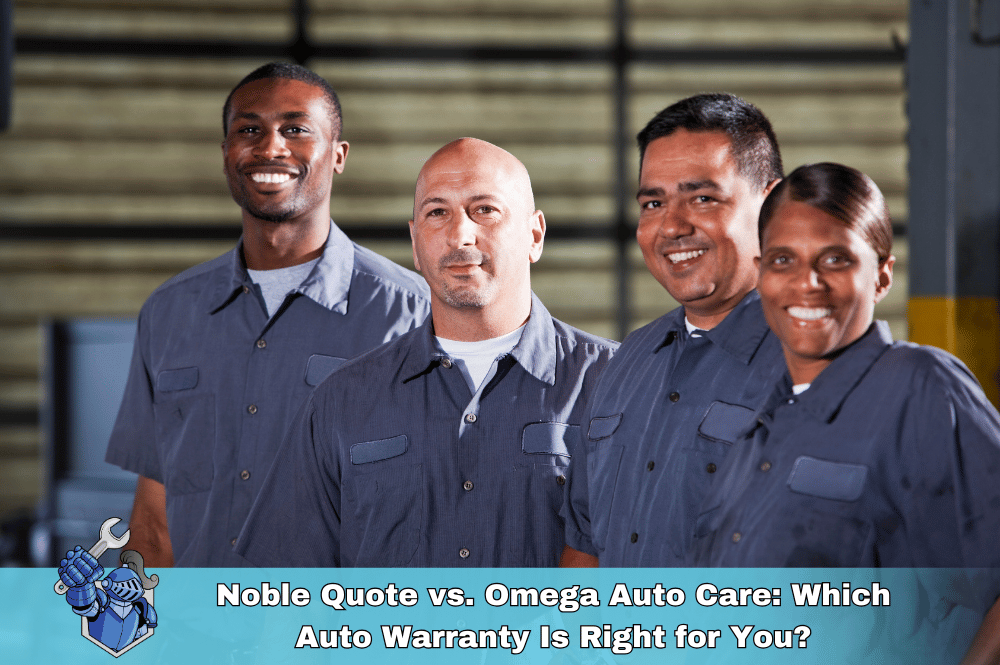 Noble Quote vs. Omega Auto Care: Which Auto Warranty Is Right for You?
Noble Quote vs. Omega Auto Care: Which Auto Warranty Is Right for You?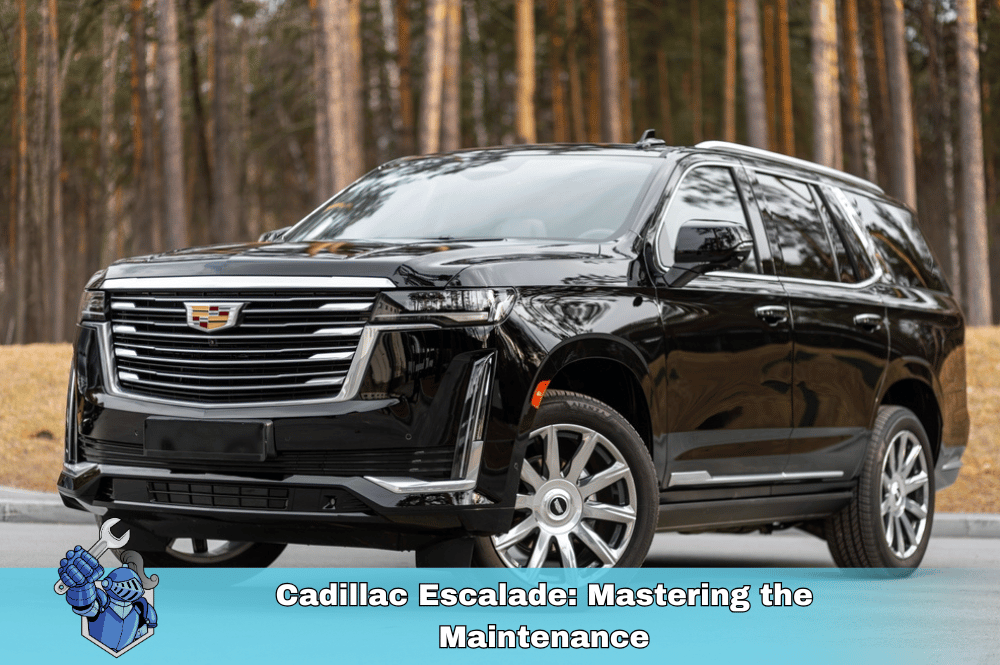 Cadillac Escalade: Mastering the Maintenance
Cadillac Escalade: Mastering the Maintenance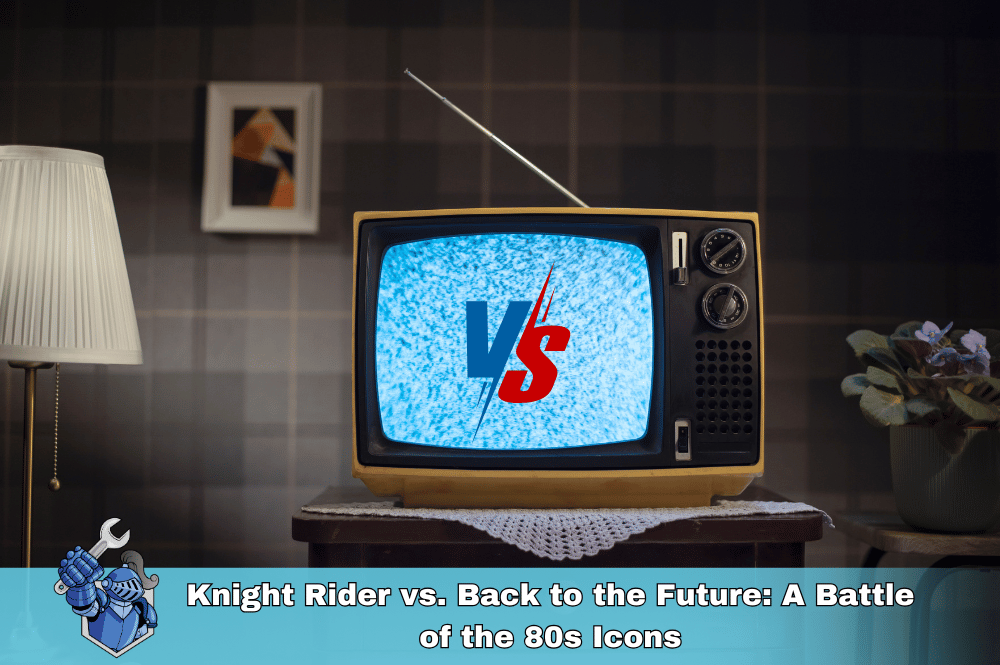 Knight Rider vs. Back to the Future: A Battle of the 80s Icons
Knight Rider vs. Back to the Future: A Battle of the 80s Icons 10 Things You Didn't Know About James Bond’s Aston Martin DB5
10 Things You Didn't Know About James Bond’s Aston Martin DB5 Cupid's Got Horsepower: Rev Up Your Valentine's Day!
Cupid's Got Horsepower: Rev Up Your Valentine's Day!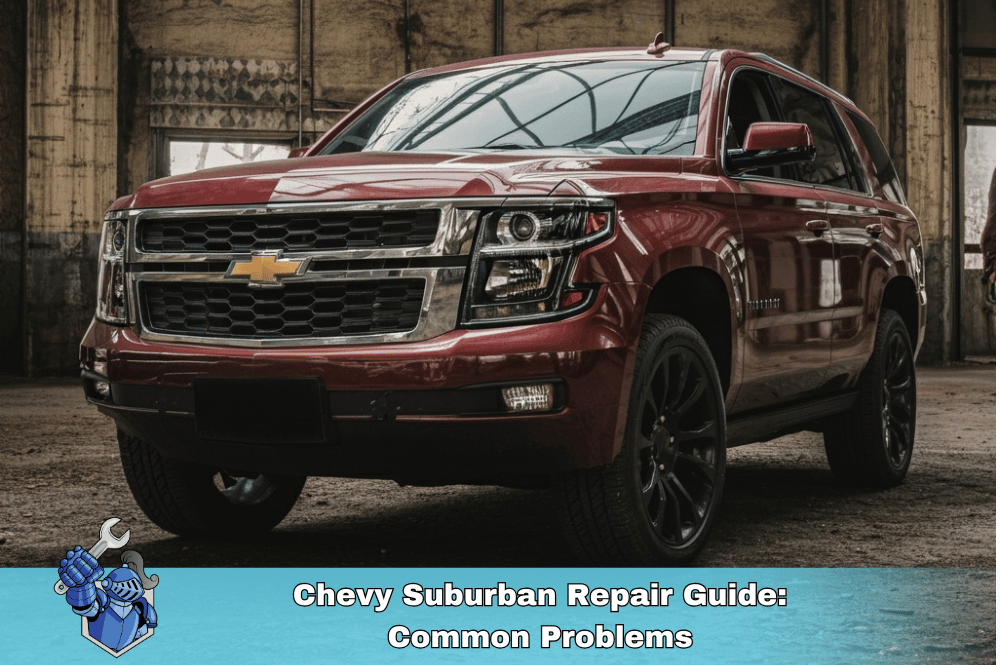 Chevy Suburban Repair Guide: Common Problems
Chevy Suburban Repair Guide: Common Problems The Greatest NASCAR Rivalries of All Time: On-Track Battles and Off-Track Drama
The Greatest NASCAR Rivalries of All Time: On-Track Battles and Off-Track Drama Beyond F1: Exploring the World's Most Extreme Racing Series
Beyond F1: Exploring the World's Most Extreme Racing Series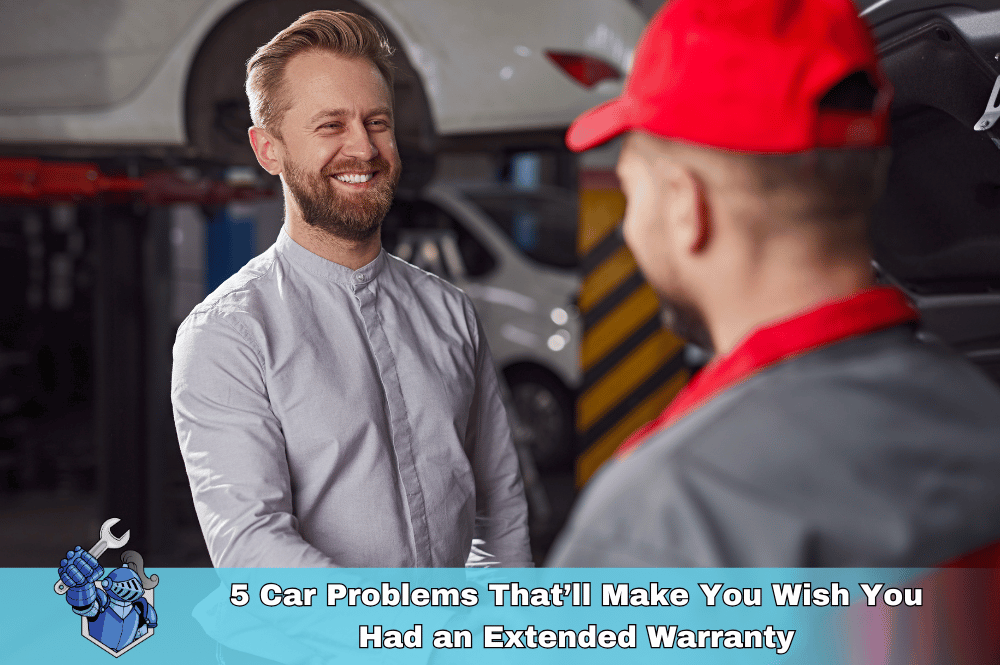 5 Car Problems That’ll Make You Wish You Had an Extended Warranty
5 Car Problems That’ll Make You Wish You Had an Extended Warranty If NASCAR Had Car Warranties: The Pit Stop Chaos You’d See
If NASCAR Had Car Warranties: The Pit Stop Chaos You’d See Forza: The Perfect Blend of Simulation and Arcade Fun
Forza: The Perfect Blend of Simulation and Arcade Fun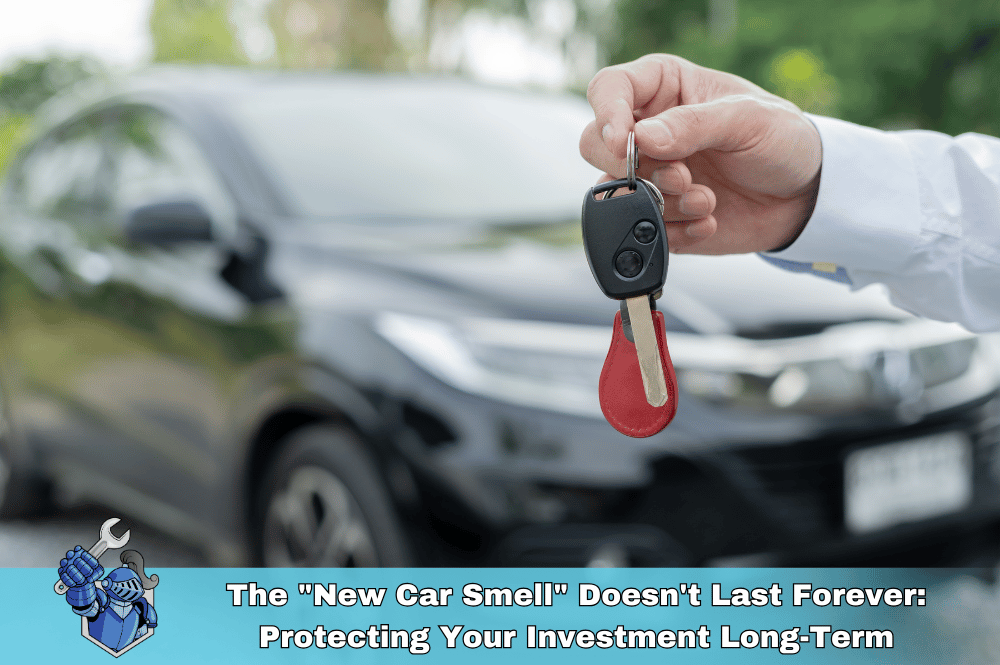 The "New Car Smell" Doesn't Last Forever: Protecting Your Investment Long-Term
The "New Car Smell" Doesn't Last Forever: Protecting Your Investment Long-Term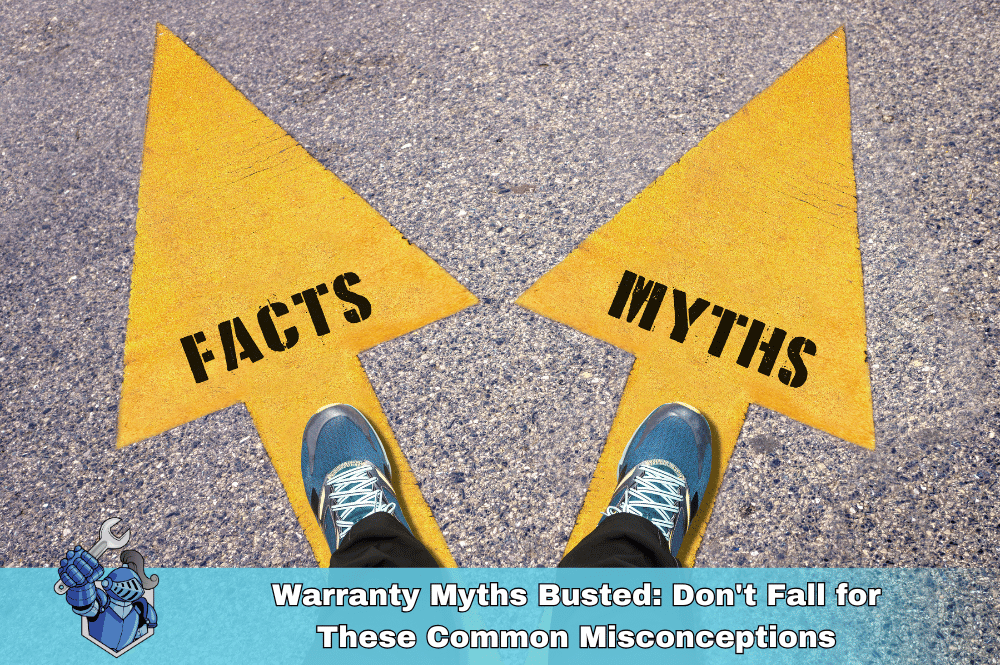 Warranty Myths Busted: Don't Fall for These Common Misconceptions
Warranty Myths Busted: Don't Fall for These Common Misconceptions We've Moved! Noble Quote's New Home at the Lake of the Ozarks
We've Moved! Noble Quote's New Home at the Lake of the Ozarks The Future of Racing: Electric Cars, Autonomous Vehicles, and Beyond
The Future of Racing: Electric Cars, Autonomous Vehicles, and Beyond Porsche Cayenne Engine Problems: What to Watch For
Porsche Cayenne Engine Problems: What to Watch For Supercar Dreams on a Budget: The Most Affordable Exotics for First-Time Buyers
Supercar Dreams on a Budget: The Most Affordable Exotics for First-Time Buyers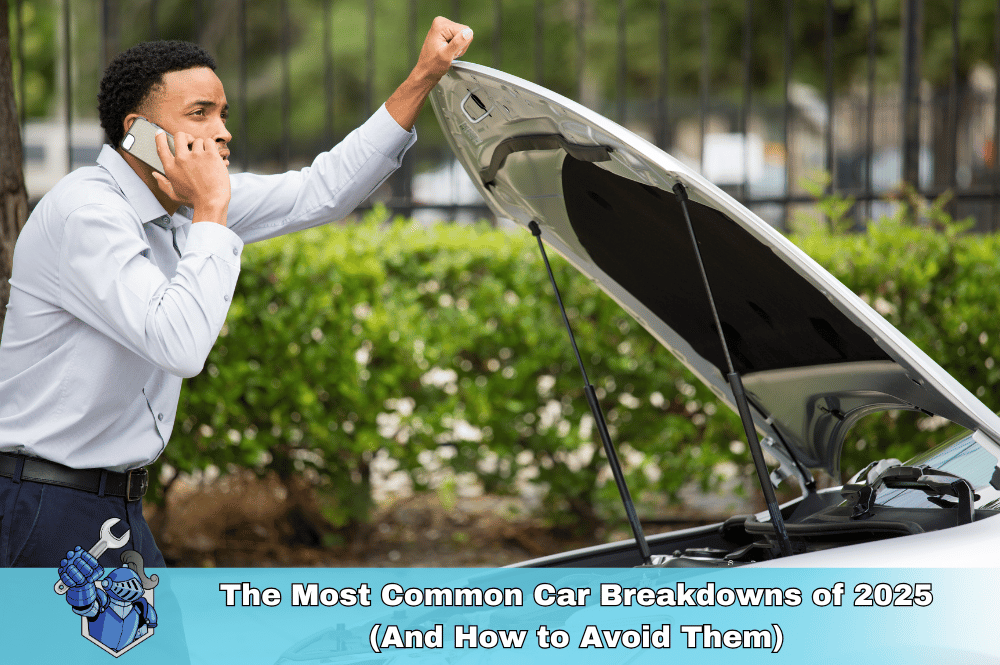 The Most Common Car Breakdowns of 2025 (And How to Avoid Them)
The Most Common Car Breakdowns of 2025 (And How to Avoid Them)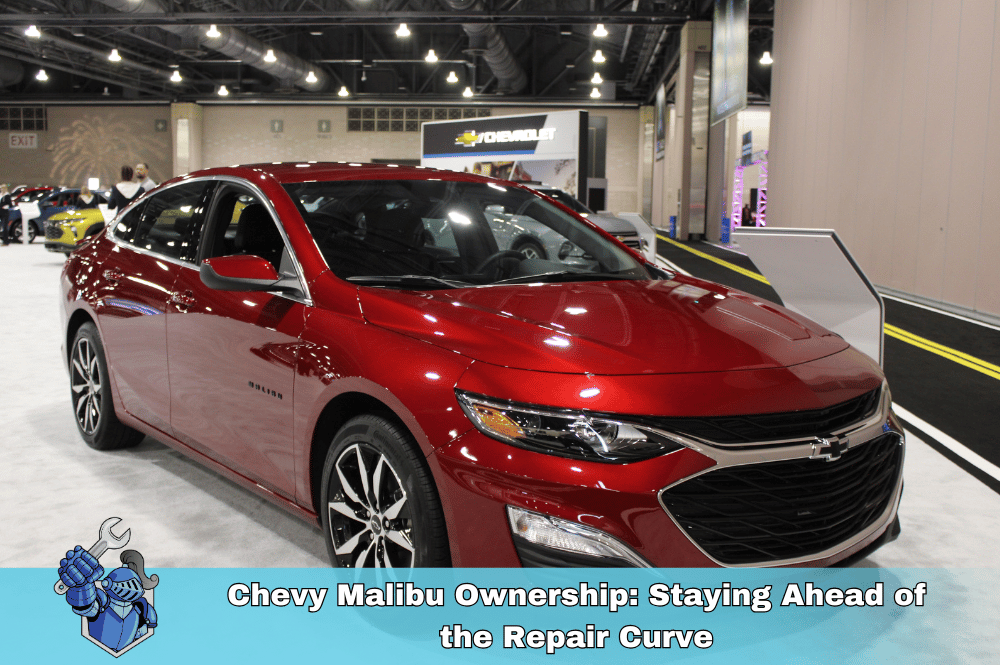 Chevy Malibu Ownership: Staying Ahead of the Repair Curve
Chevy Malibu Ownership: Staying Ahead of the Repair Curve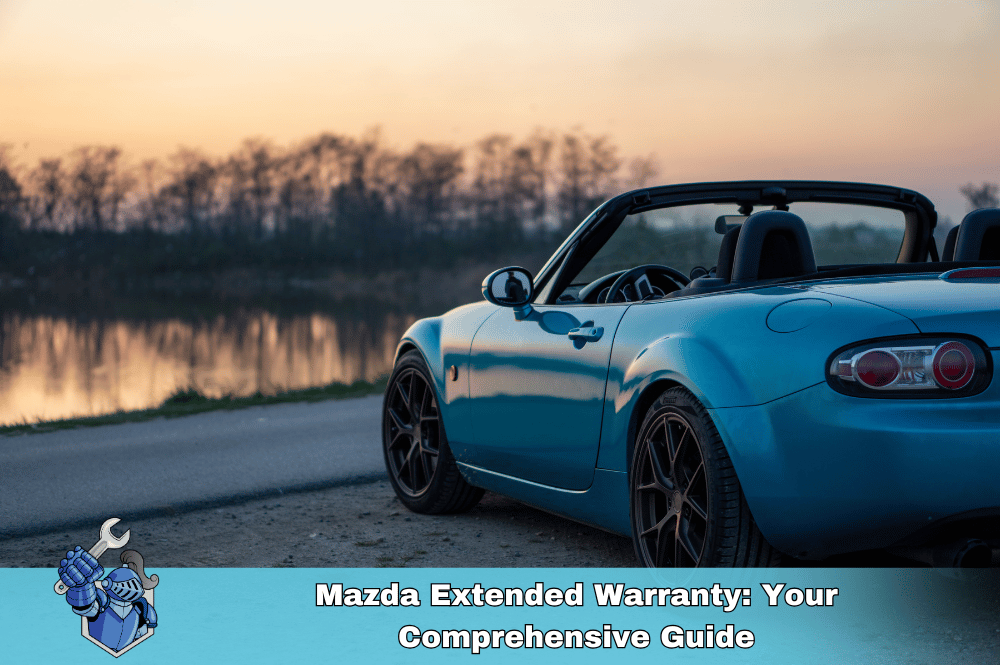 Mazda Extended Warranty: Your Comprehensive Guide
Mazda Extended Warranty: Your Comprehensive Guide Protect Your Car & the Planet: Introducing NobleQuote's Green Choice Program
Protect Your Car & the Planet: Introducing NobleQuote's Green Choice Program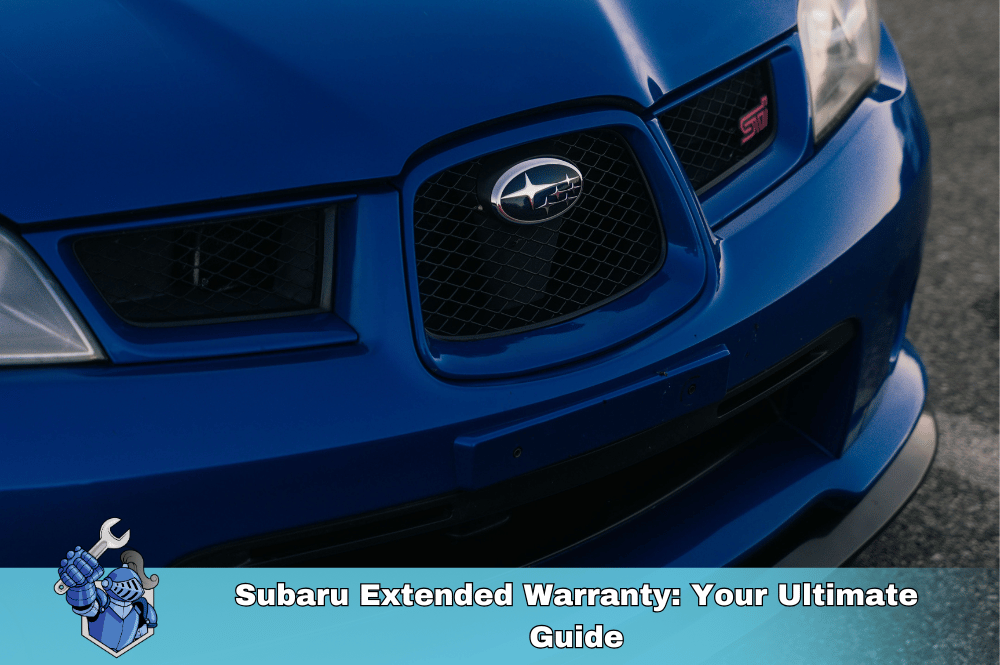 Subaru Extended Warranty: Your Ultimate Guide
Subaru Extended Warranty: Your Ultimate Guide Ford Raptor Extended Warranty Guide: Conquer the Road with Confidence
Ford Raptor Extended Warranty Guide: Conquer the Road with Confidence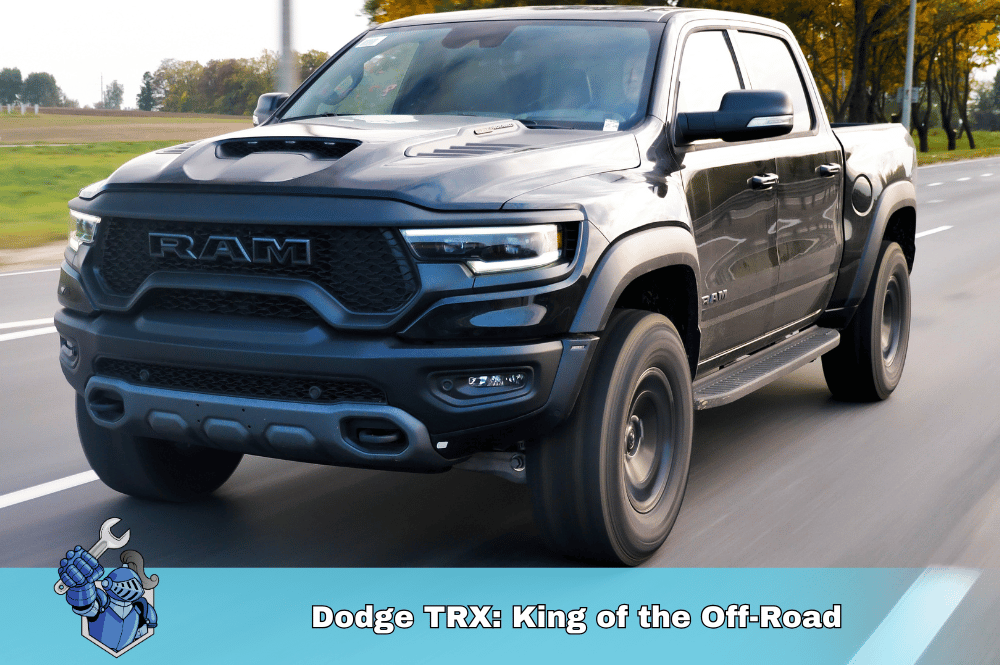 Dodge TRX: King of the Off-Road
Dodge TRX: King of the Off-Road Kansas City Chiefs Players: You Won’t Believe What They’re Driving!
Kansas City Chiefs Players: You Won’t Believe What They’re Driving!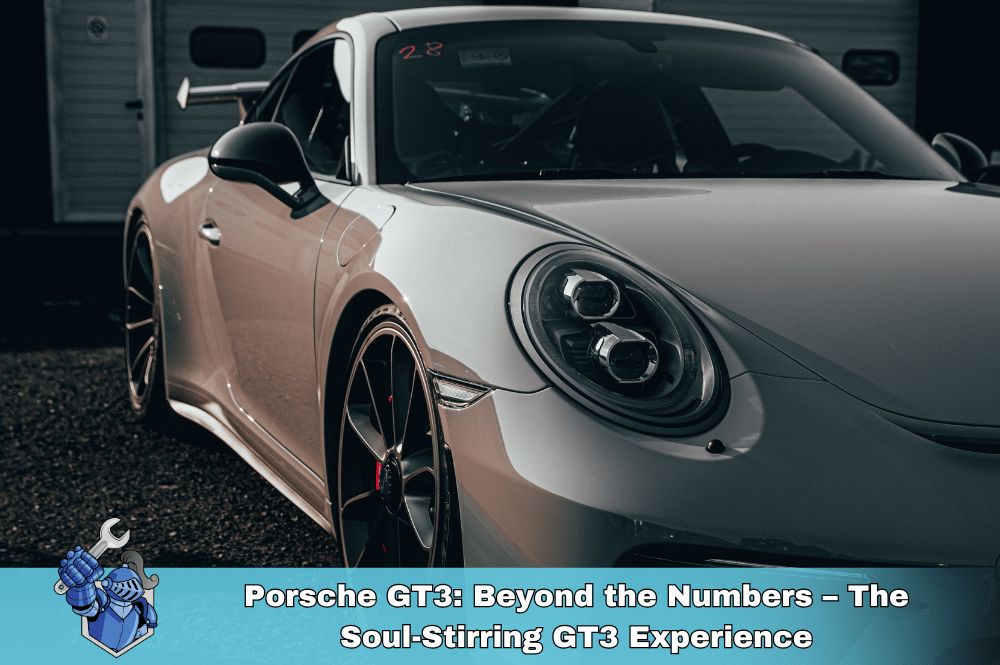 Porsche GT3: Beyond the Numbers – The Soul-Stirring GT3 Experience
Porsche GT3: Beyond the Numbers – The Soul-Stirring GT3 Experience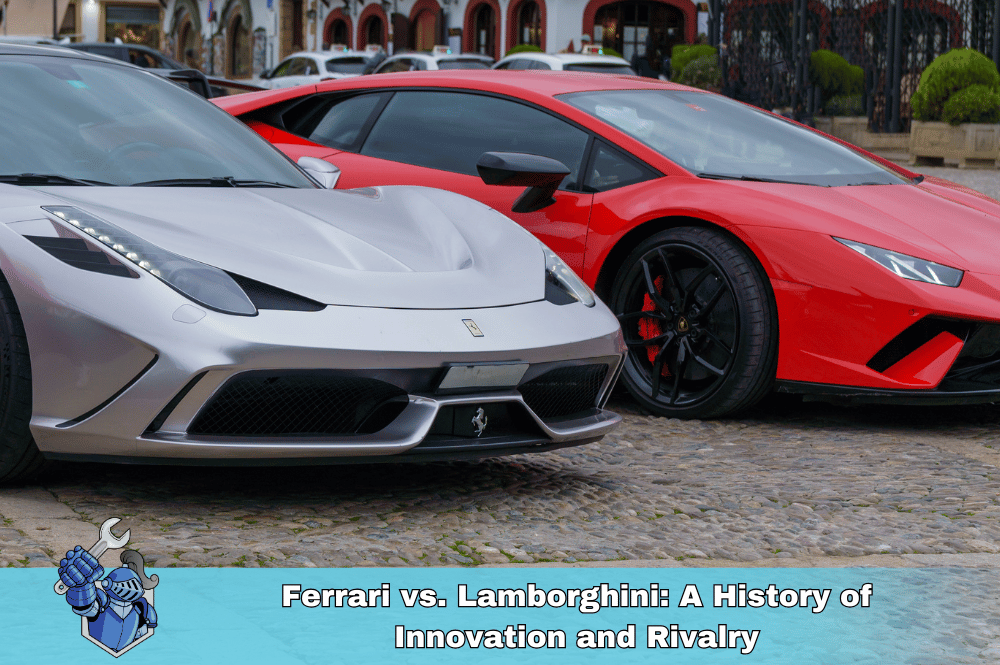 Ferrari vs. Lamborghini: A History of Innovation and Rivalry
Ferrari vs. Lamborghini: A History of Innovation and Rivalry Noble Quote: Driving with Confidence, Protected from Unexpected Repairs
Noble Quote: Driving with Confidence, Protected from Unexpected Repairs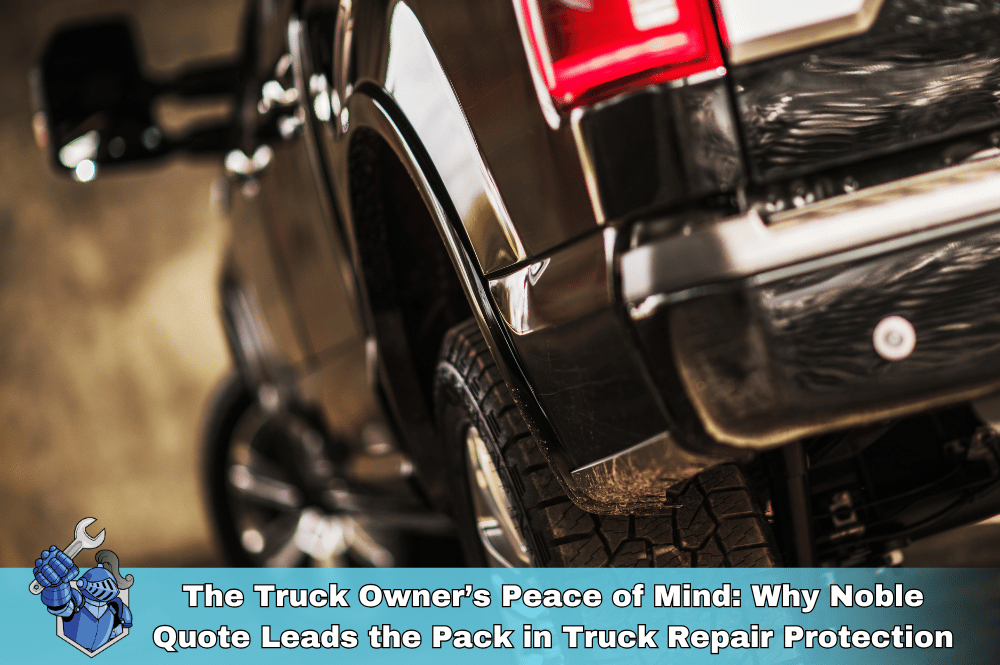 The Truck Owner’s Peace of Mind: Why Noble Quote Leads the Pack in Truck Repair Protection
The Truck Owner’s Peace of Mind: Why Noble Quote Leads the Pack in Truck Repair Protection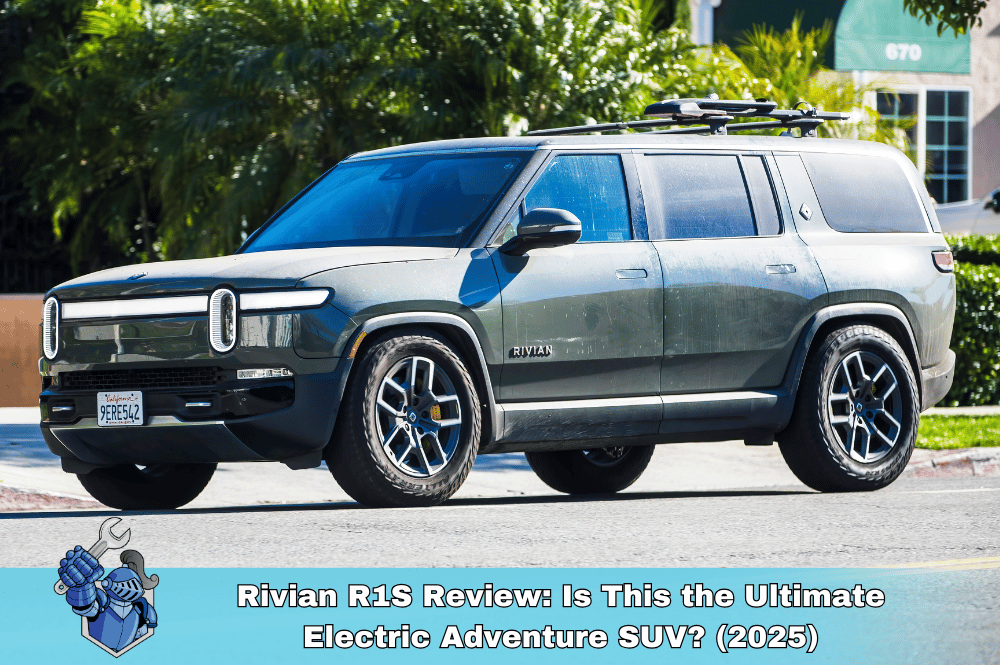 Rivian R1S Review: Is This the Ultimate Electric Adventure SUV? (2025)
Rivian R1S Review: Is This the Ultimate Electric Adventure SUV? (2025)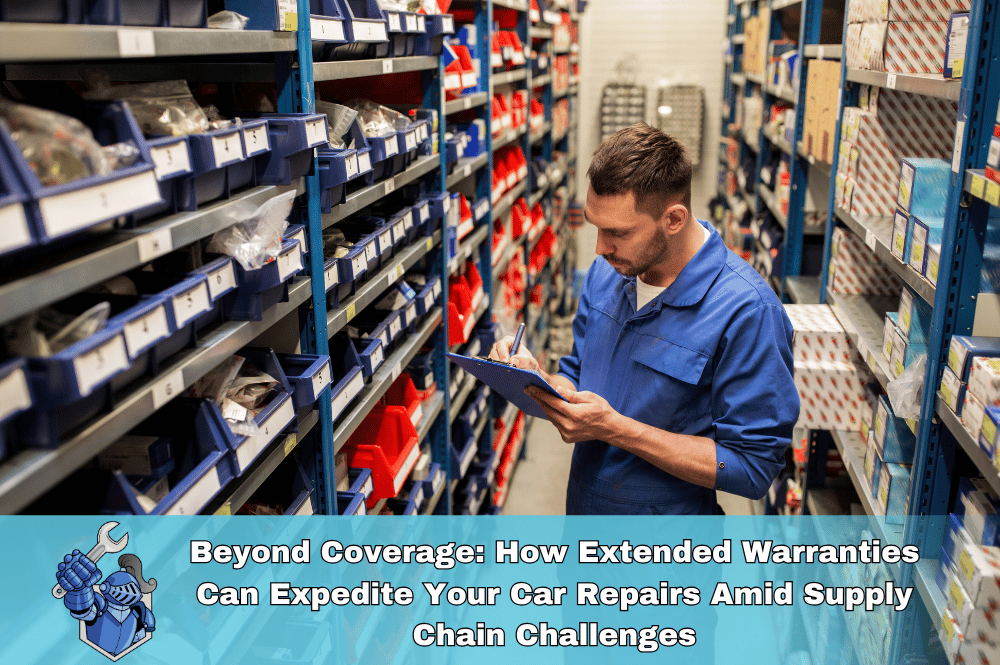 Beyond Coverage: How Extended Warranties Can Expedite Your Car Repairs Amid Supply Chain Challenges
Beyond Coverage: How Extended Warranties Can Expedite Your Car Repairs Amid Supply Chain Challenges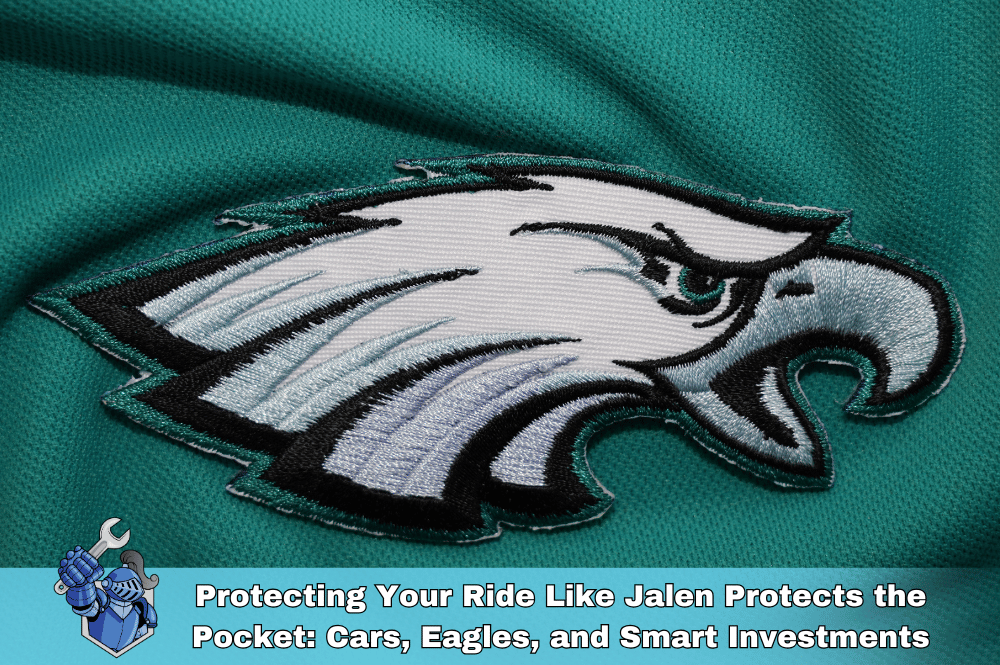 Protecting Your Ride Like Jalen Protects the Pocket: Cars, Eagles, and Smart Investments
Protecting Your Ride Like Jalen Protects the Pocket: Cars, Eagles, and Smart Investments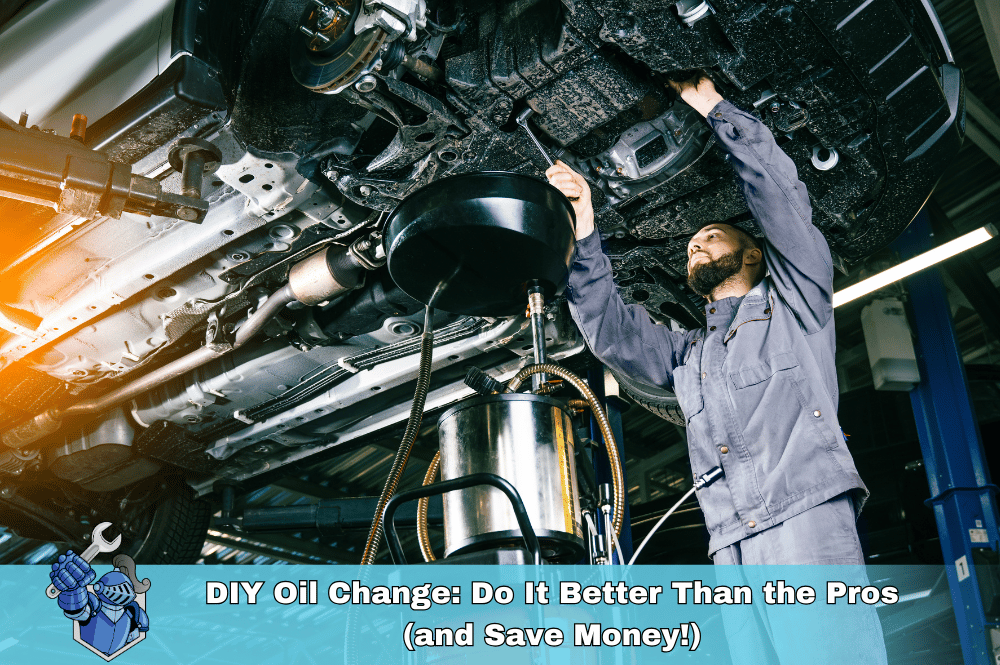 DIY Oil Change: Do It Better Than the Pros (and Save Money!)
DIY Oil Change: Do It Better Than the Pros (and Save Money!)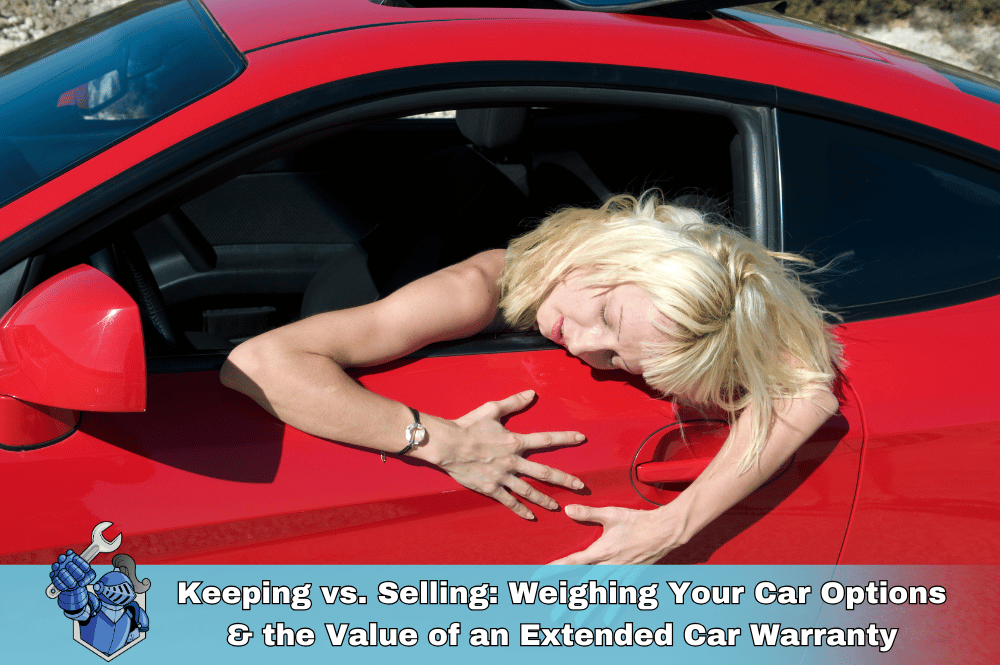 Keeping vs. Selling: Weighing Your Car Options & the Value of an Extended Car Warranty
Keeping vs. Selling: Weighing Your Car Options & the Value of an Extended Car Warranty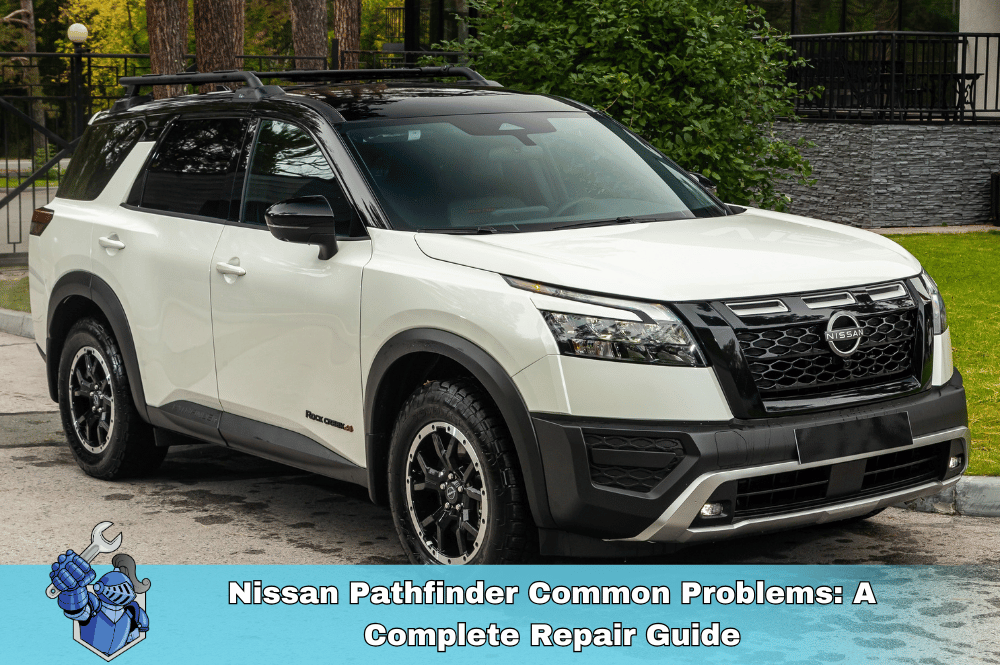 Nissan Pathfinder Common Problems: A Complete Repair Guide
Nissan Pathfinder Common Problems: A Complete Repair Guide Extended Car Warranty with Active Factory Coverage: Smart Move or Waste of Money?
Extended Car Warranty with Active Factory Coverage: Smart Move or Waste of Money?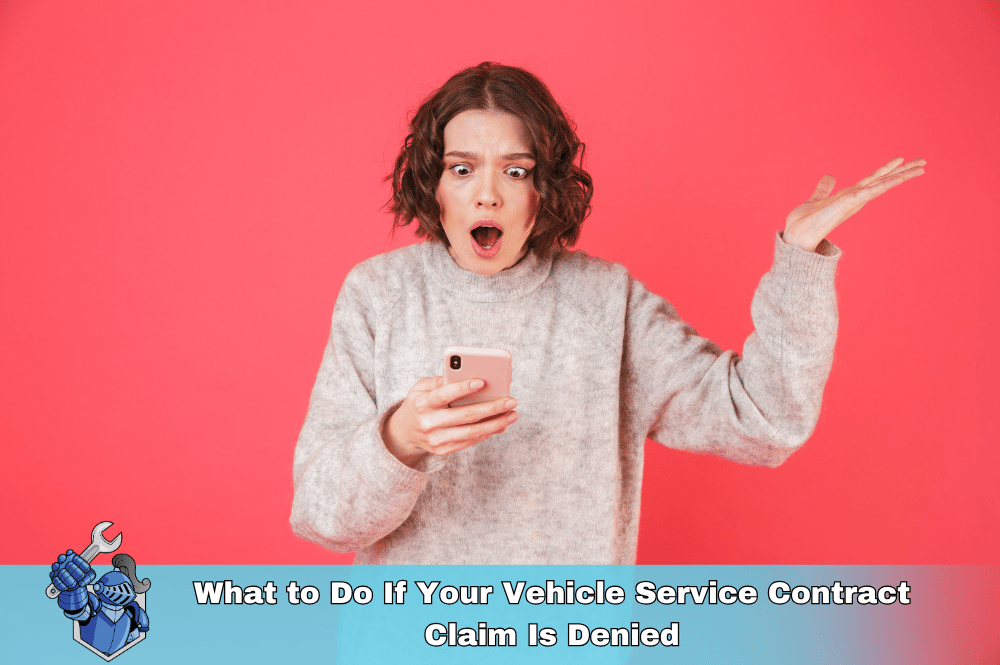 What to Do If Your Vehicle Service Contract Claim Is Denied
What to Do If Your Vehicle Service Contract Claim Is Denied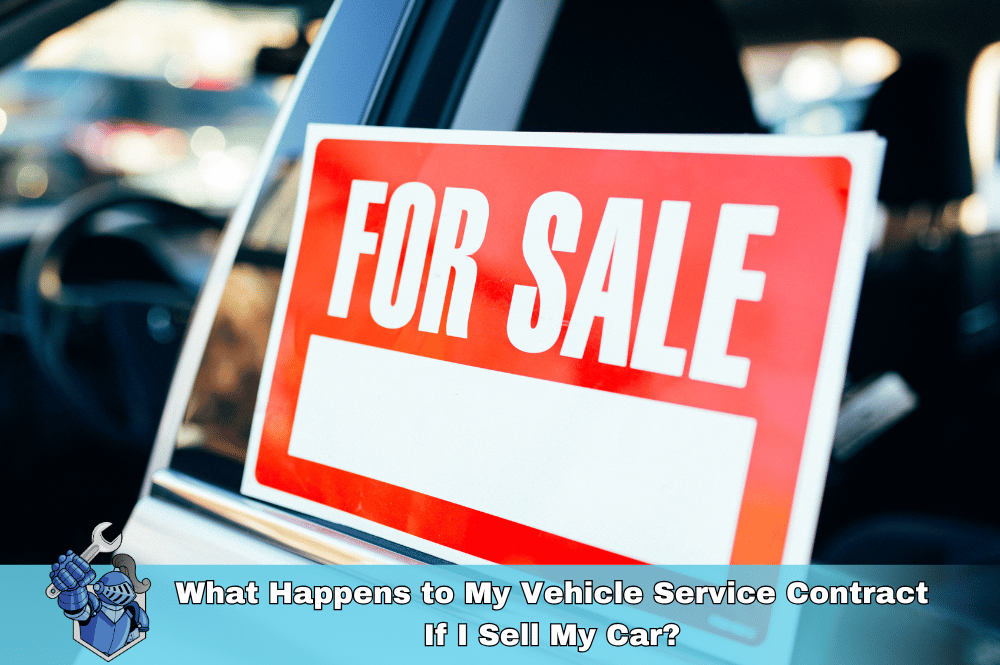 What Happens to My Vehicle Service Contract If I Sell My Car?
What Happens to My Vehicle Service Contract If I Sell My Car? Vehicle Service Contracts for SUVs and Trucks: Protecting Your Investment
Vehicle Service Contracts for SUVs and Trucks: Protecting Your Investment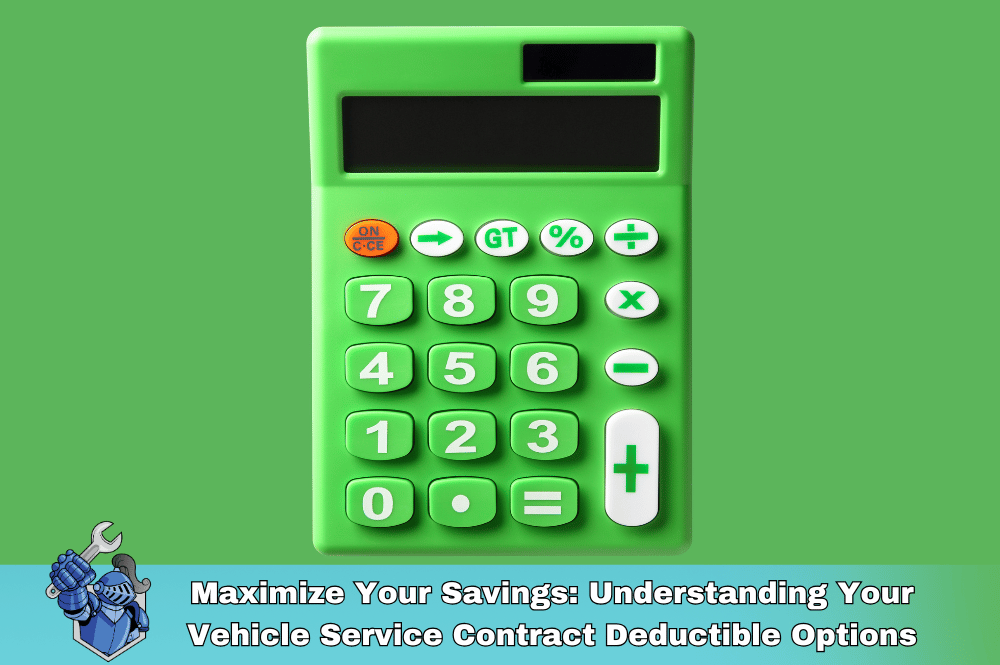 Maximize Your Savings: Understanding Your Vehicle Service Contract Deductible Options
Maximize Your Savings: Understanding Your Vehicle Service Contract Deductible Options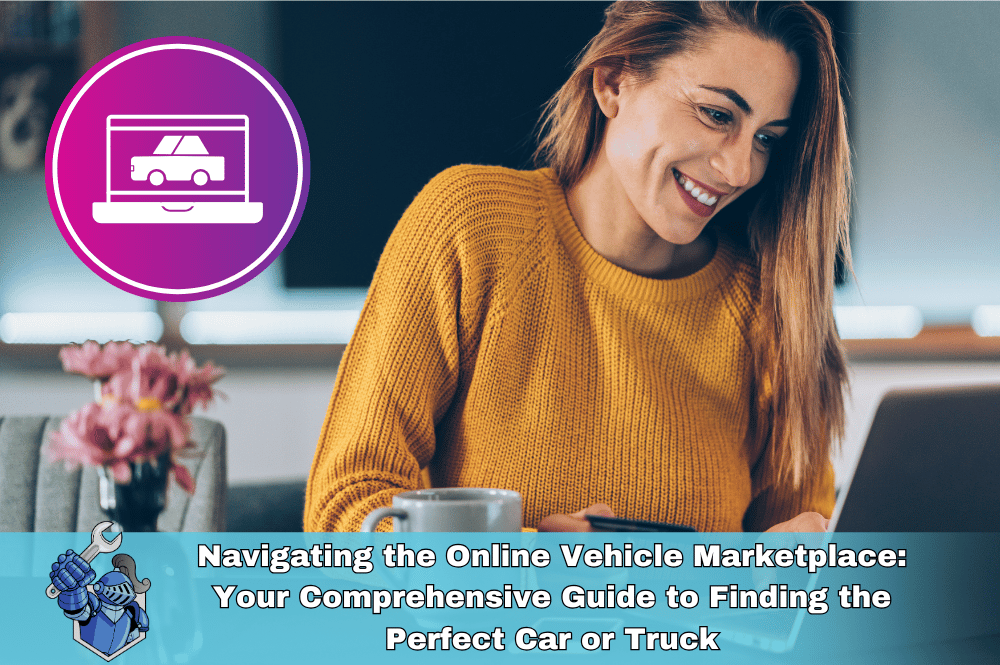 Navigating the Online Vehicle Marketplace: Your Comprehensive Guide to Finding the Perfect Car or Truck
Navigating the Online Vehicle Marketplace: Your Comprehensive Guide to Finding the Perfect Car or Truck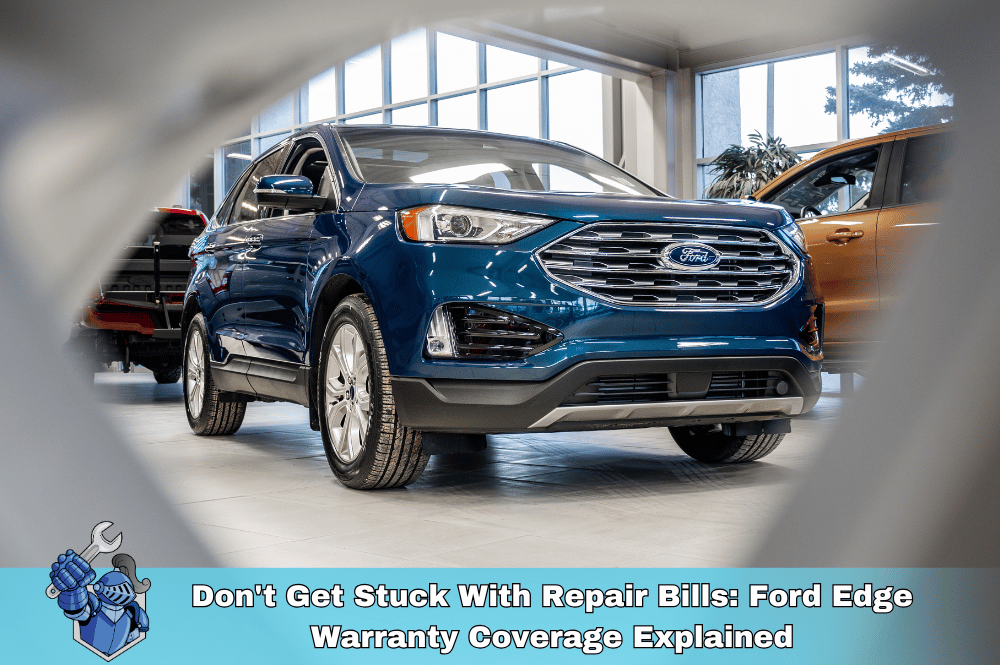 Don’t Get Stuck With Repair Bills: Ford Edge Warranty Coverage Explained
Don’t Get Stuck With Repair Bills: Ford Edge Warranty Coverage Explained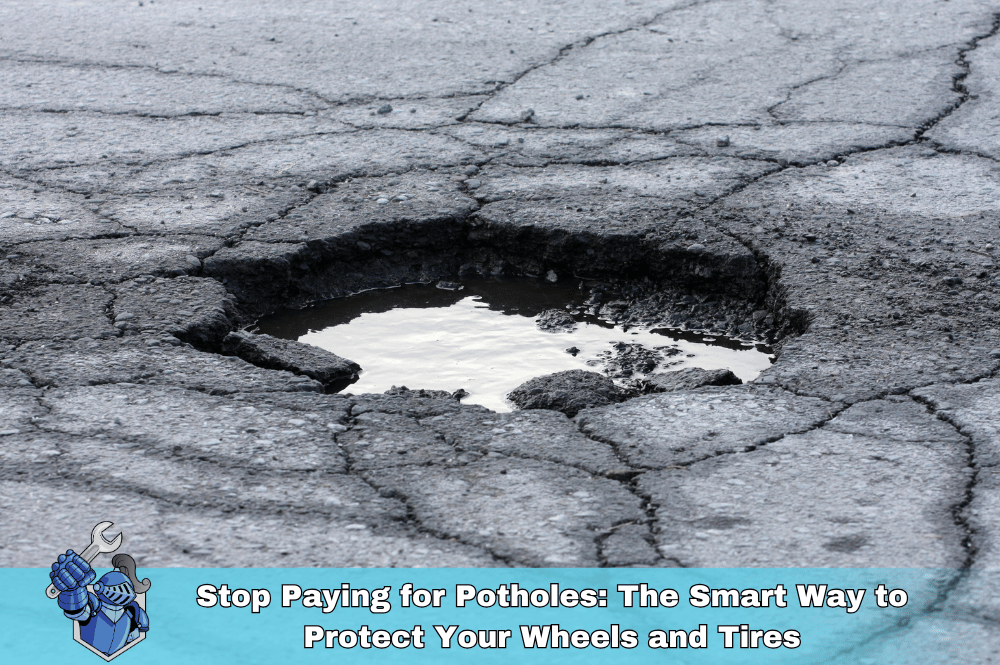 Stop Paying for Potholes: The Smart Way to Protect Your Wheels and Tires
Stop Paying for Potholes: The Smart Way to Protect Your Wheels and Tires RV Road Trip Ready: Secure Your Adventures with Extended Warranty Coverage
RV Road Trip Ready: Secure Your Adventures with Extended Warranty Coverage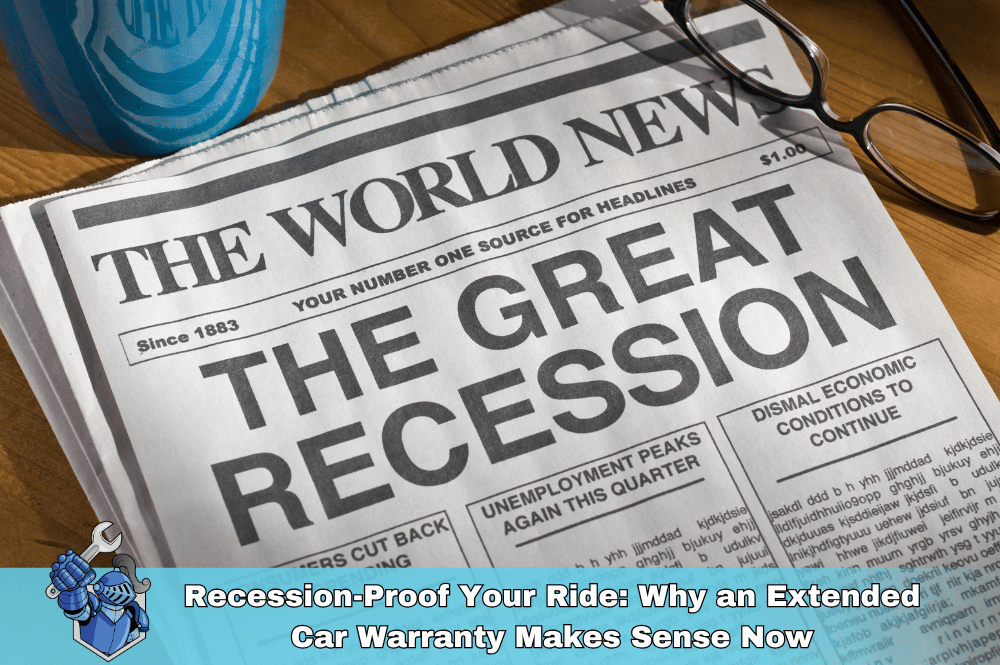 Recession-Proof Your Ride: Why an Extended Car Warranty Makes Sense Now
Recession-Proof Your Ride: Why an Extended Car Warranty Makes Sense Now What is a Home Warranty and Do You Need One?
What is a Home Warranty and Do You Need One?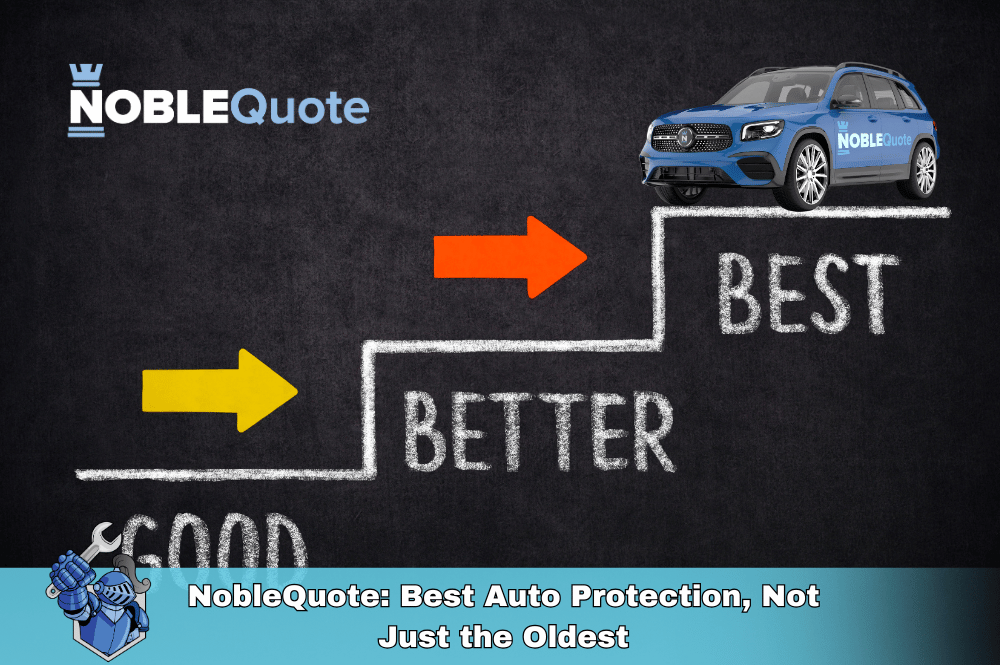 NobleQuote: Best Auto Protection, Not Just the Oldest
NobleQuote: Best Auto Protection, Not Just the Oldest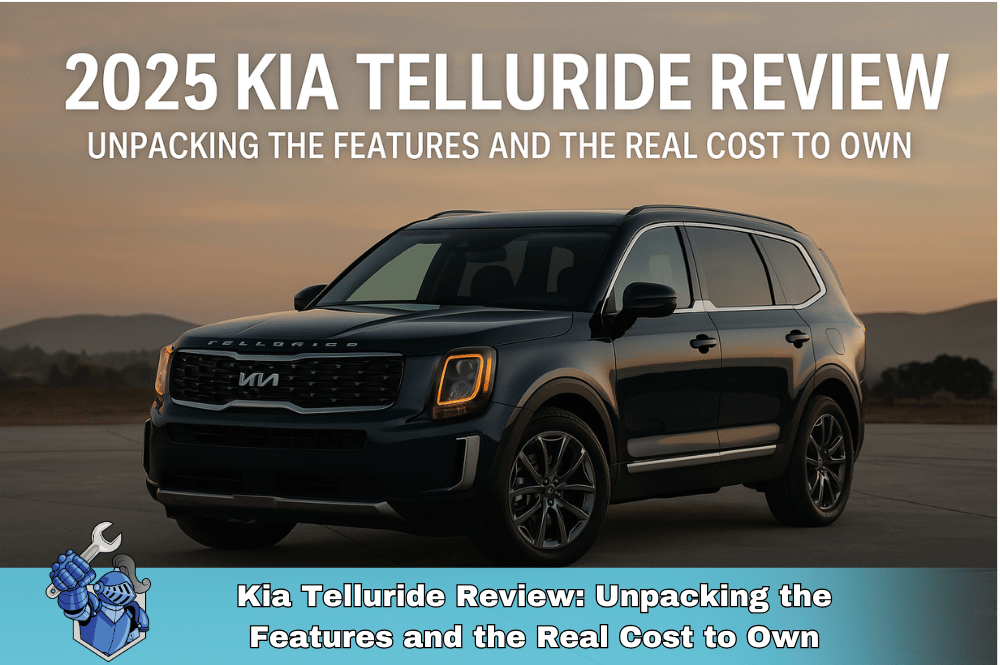 Kia Telluride Review: Unpacking the Features and the Real Cost to Own
Kia Telluride Review: Unpacking the Features and the Real Cost to Own Decoding Your Wallet: The Benefits of Using Cash and Credit Wisely
Decoding Your Wallet: The Benefits of Using Cash and Credit Wisely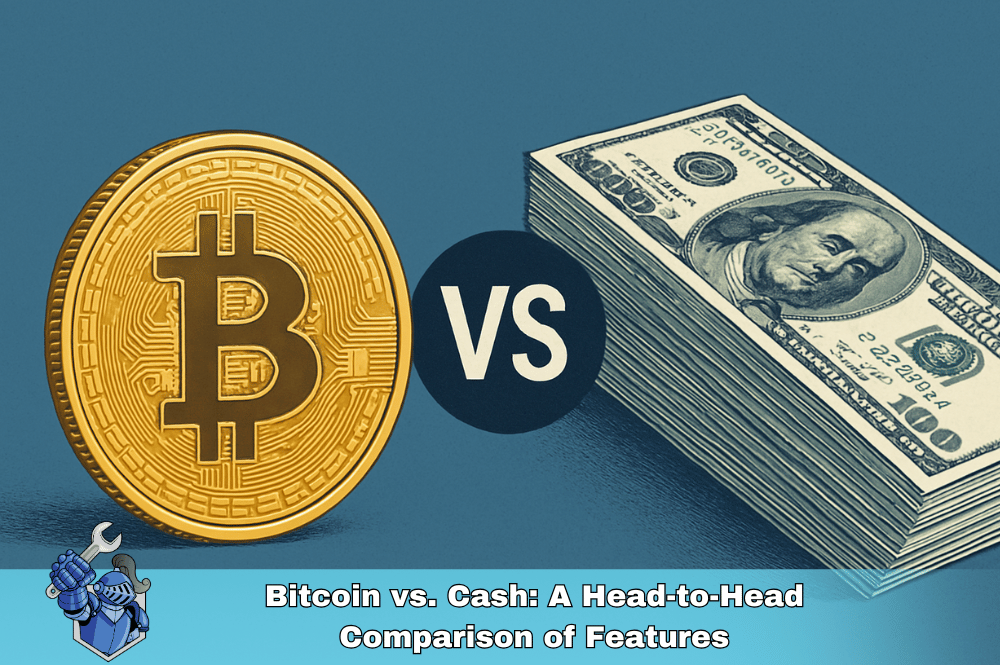 Bitcoin vs. Cash: A Head-to-Head Comparison of Features
Bitcoin vs. Cash: A Head-to-Head Comparison of Features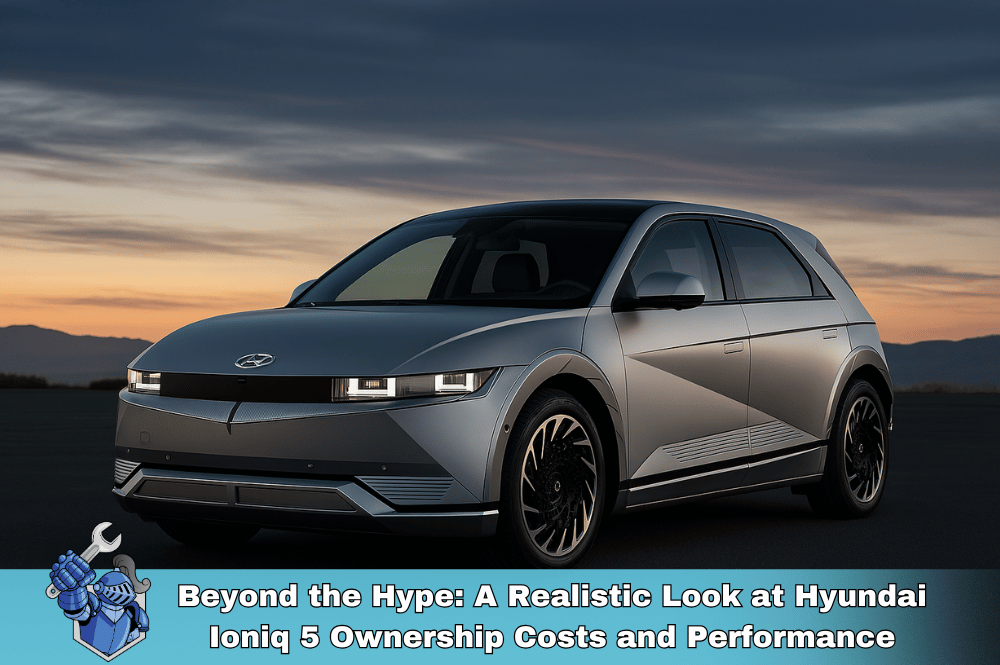 Beyond the Hype: A Realistic Look at Hyundai Ioniq 5 Ownership Costs and Performance
Beyond the Hype: A Realistic Look at Hyundai Ioniq 5 Ownership Costs and Performance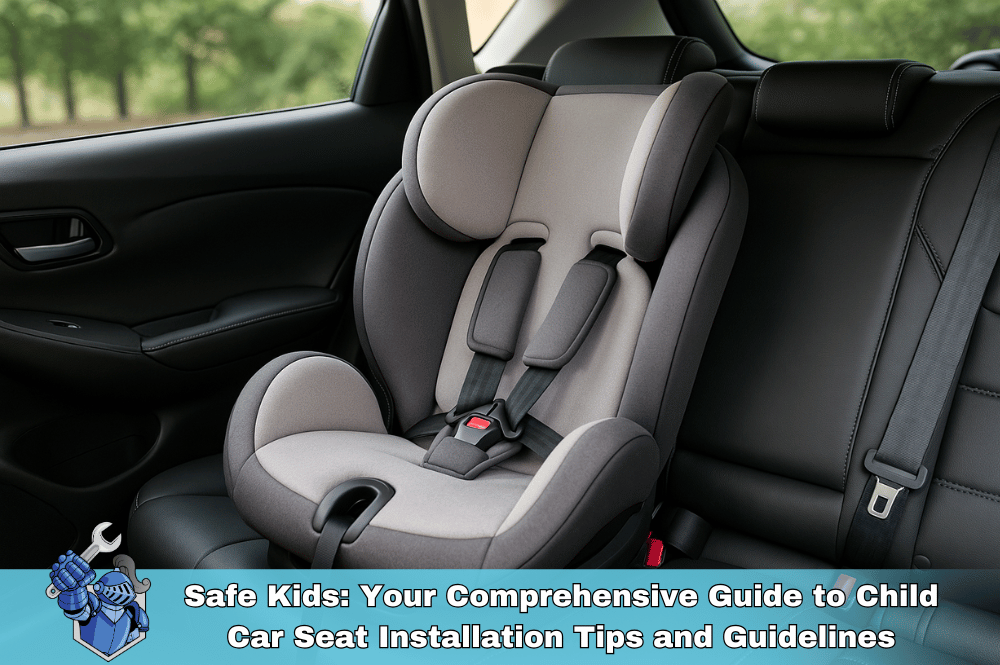 Safe Kids: Your Comprehensive Guide to Child Car Seat Installation Tips and Guidelines
Safe Kids: Your Comprehensive Guide to Child Car Seat Installation Tips and Guidelines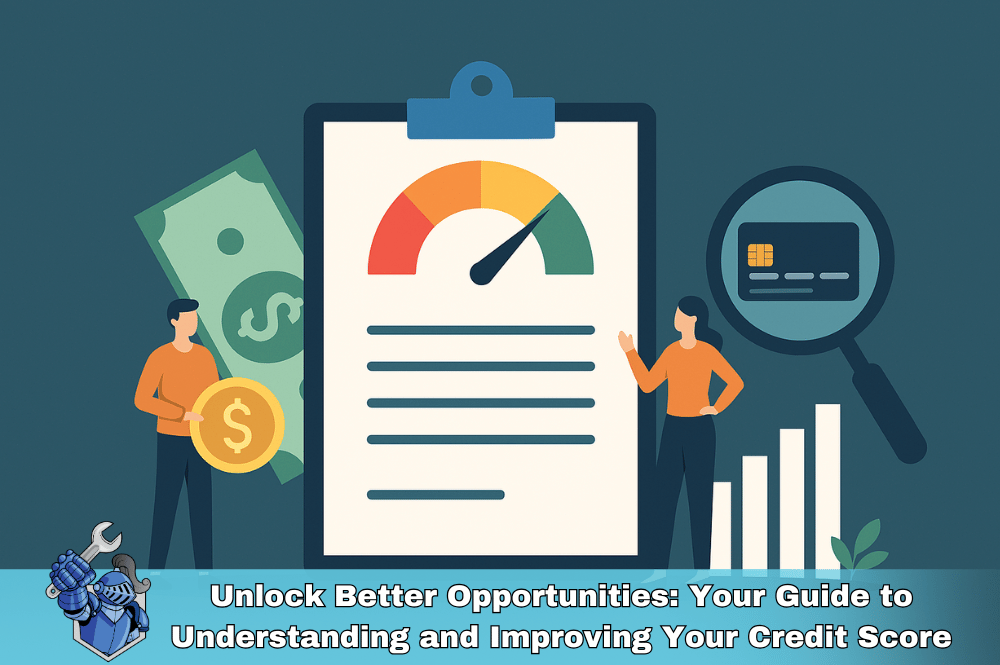 Unlock Better Opportunities: Your Guide to Understanding and Improving Your Credit Score
Unlock Better Opportunities: Your Guide to Understanding and Improving Your Credit Score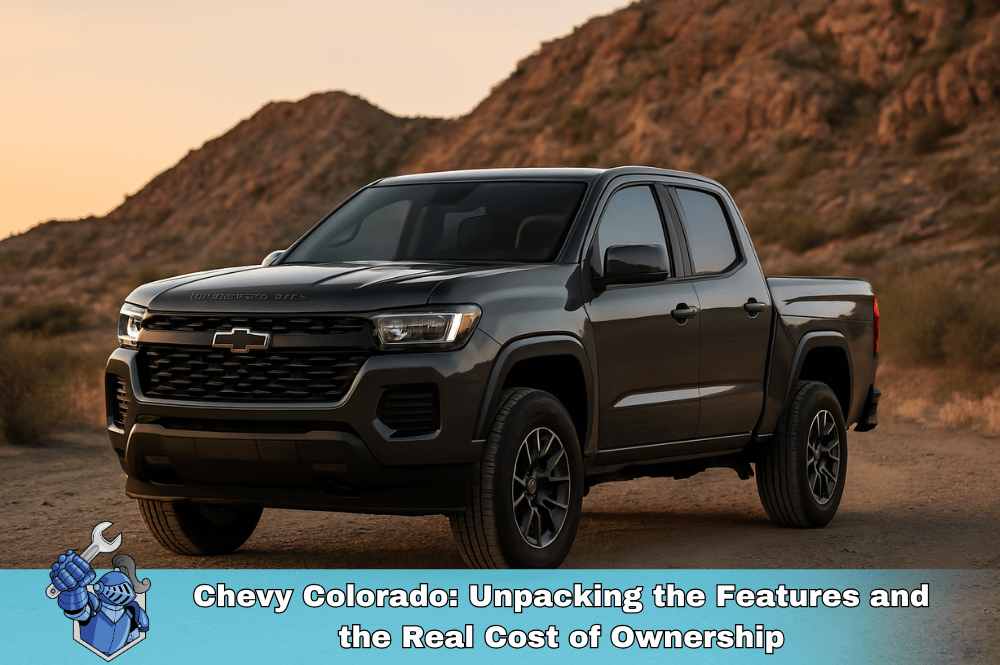 Chevy Colorado: Unpacking the Features and the Real Cost of Ownership
Chevy Colorado: Unpacking the Features and the Real Cost of Ownership Don’t Let Tariffs Hike Your Bills: The Smart Way an Extended Warranty Saves You on Car Repairs
Don’t Let Tariffs Hike Your Bills: The Smart Way an Extended Warranty Saves You on Car Repairs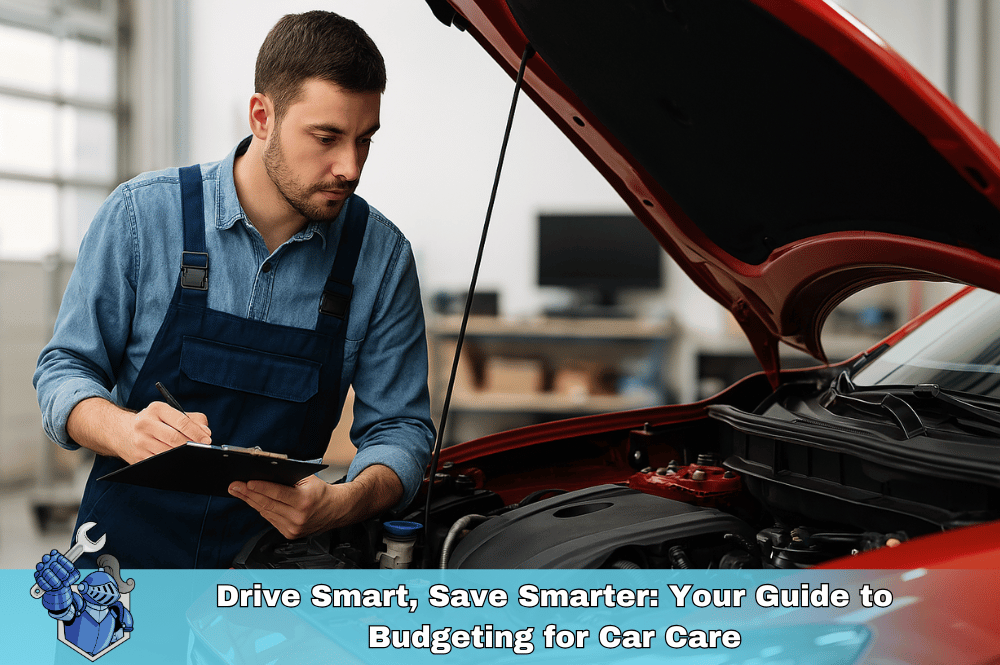 Drive Smart, Save Smarter: Your Guide to Budgeting for Car Care
Drive Smart, Save Smarter: Your Guide to Budgeting for Car Care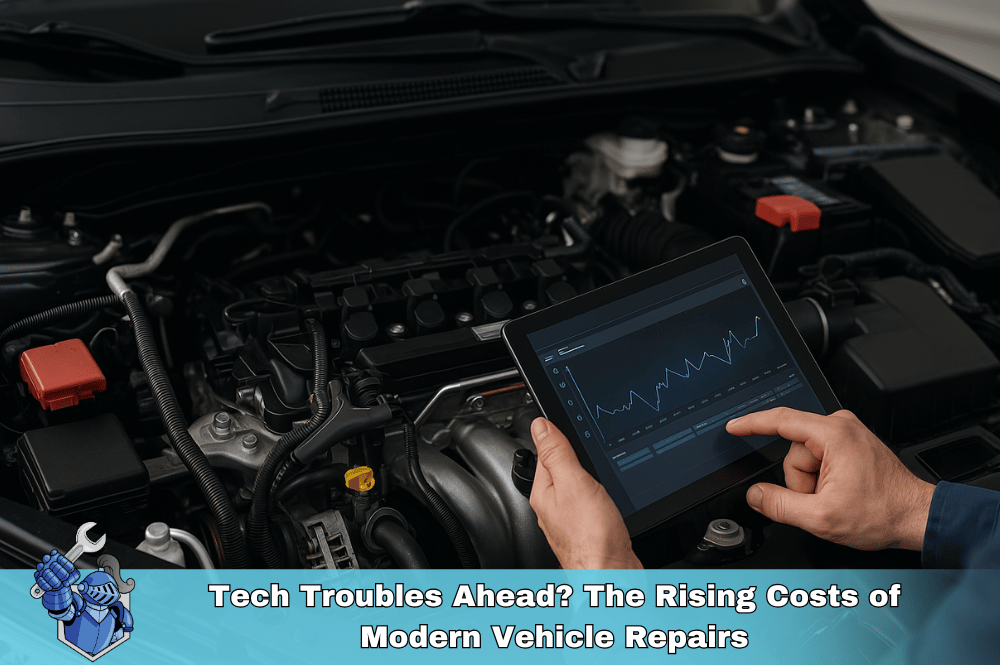 Tech Troubles Ahead? The Rising Costs of Modern Vehicle Repairs
Tech Troubles Ahead? The Rising Costs of Modern Vehicle Repairs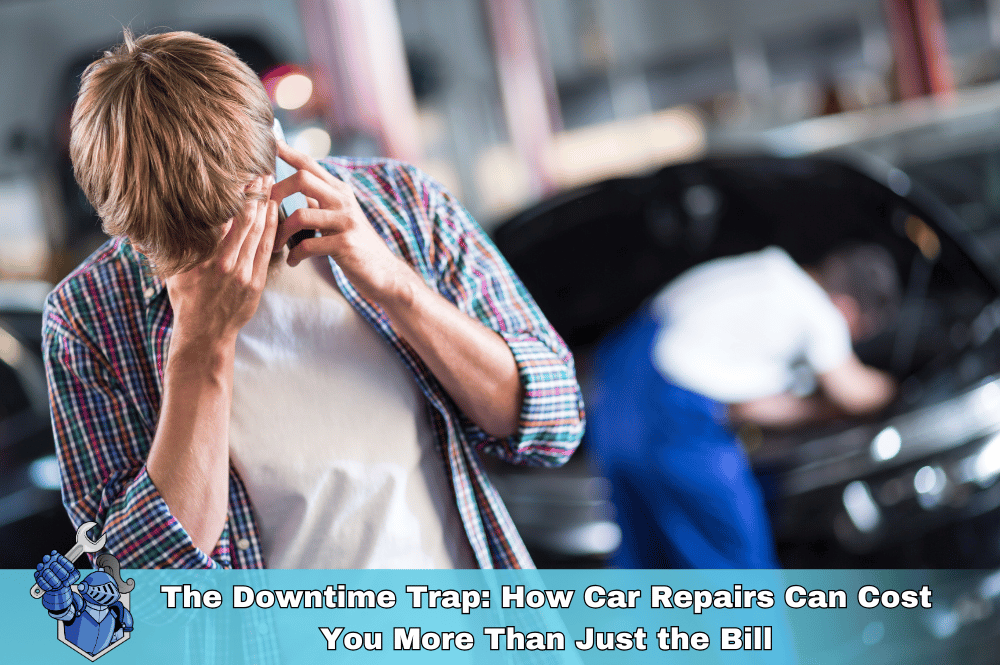 The Downtime Trap: How Car Repairs Can Cost You More Than Just the Bill
The Downtime Trap: How Car Repairs Can Cost You More Than Just the Bill DIY Danger? The Financial Risks of Handling Car Repairs Yourself
DIY Danger? The Financial Risks of Handling Car Repairs Yourself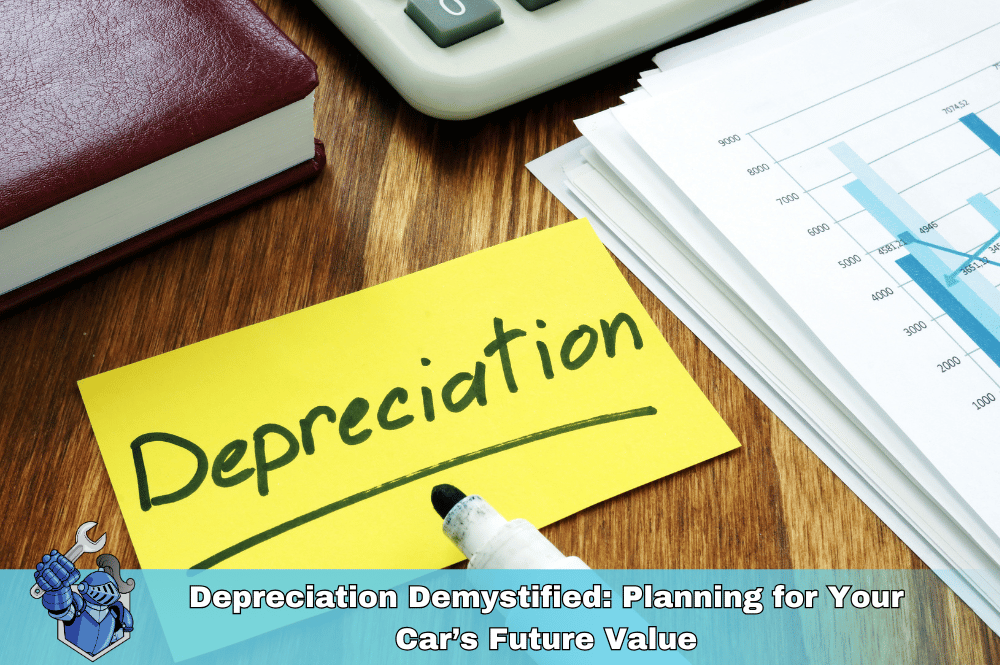 Depreciation Demystified: Planning for Your Car’s Future Value
Depreciation Demystified: Planning for Your Car’s Future Value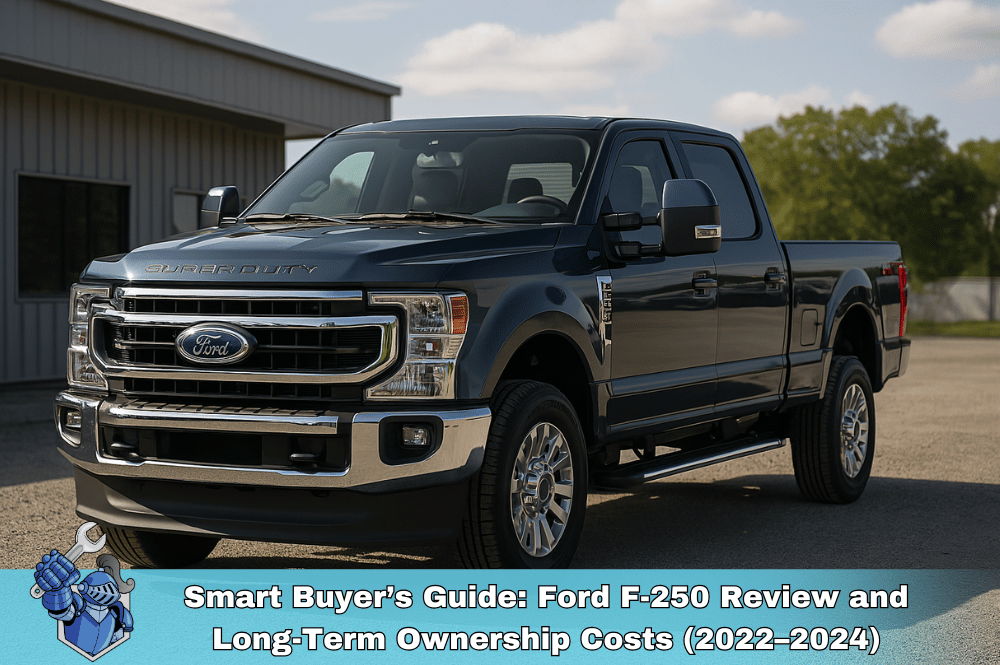 Smart Buyer’s Guide: Ford F-250 Review and Long-Term Ownership Costs (2022–2024)
Smart Buyer’s Guide: Ford F-250 Review and Long-Term Ownership Costs (2022–2024)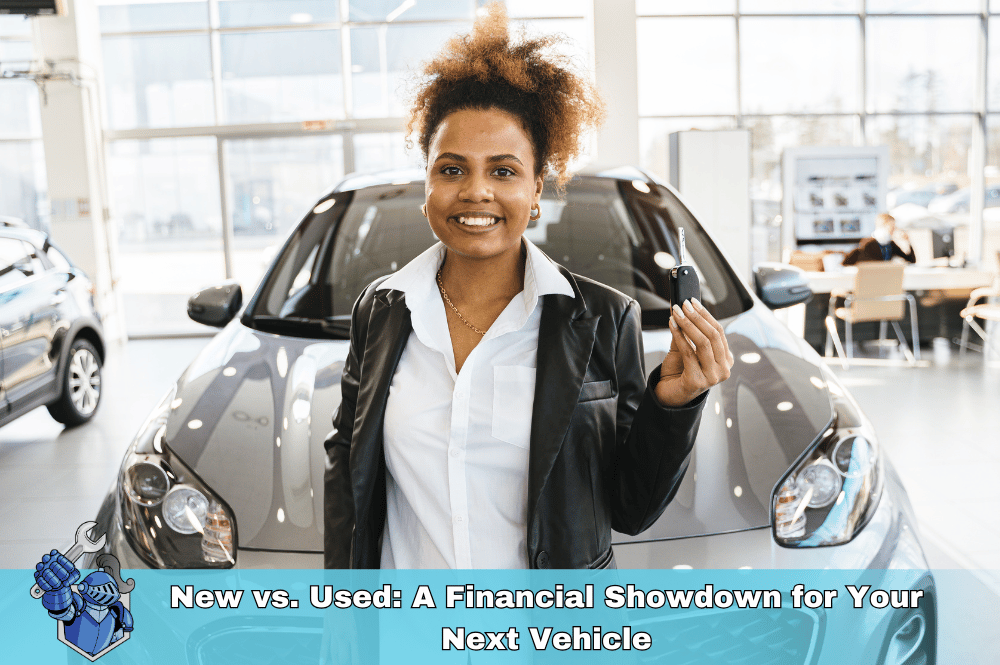 New vs. Used: A Financial Showdown for Your Next Vehicle
New vs. Used: A Financial Showdown for Your Next Vehicle Blockchain Basics: The Technology Behind Cryptocurrencies
Blockchain Basics: The Technology Behind Cryptocurrencies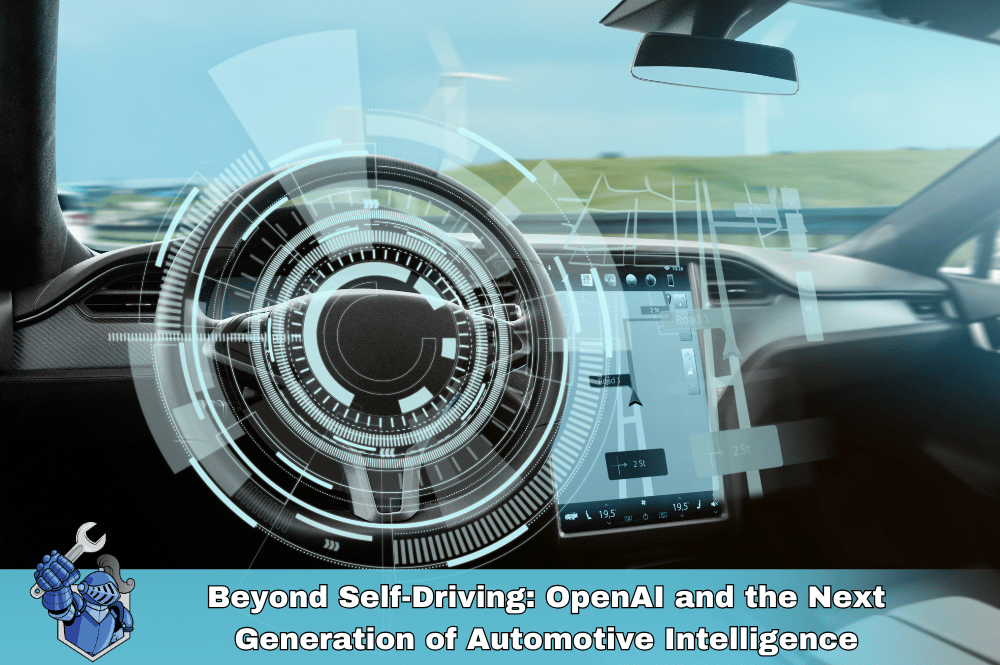 Beyond Self-Driving: OpenAI and the Next Generation of Automotive Intelligence
Beyond Self-Driving: OpenAI and the Next Generation of Automotive Intelligence Living with a Legend: The Hidden Costs of Dodge Challenger Hellcat Ownership
Living with a Legend: The Hidden Costs of Dodge Challenger Hellcat Ownership The Crypto Long Game: Proven Strategies for Building Generational Wealth
The Crypto Long Game: Proven Strategies for Building Generational Wealth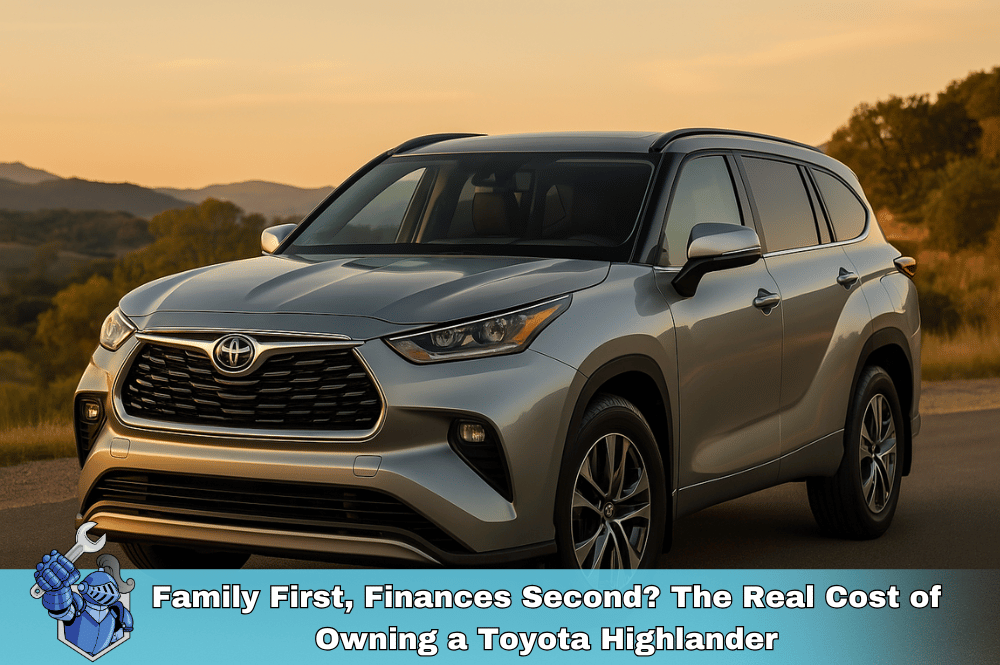 Family First, Finances Second? The Real Cost of Owning a Toyota Highlander
Family First, Finances Second? The Real Cost of Owning a Toyota Highlander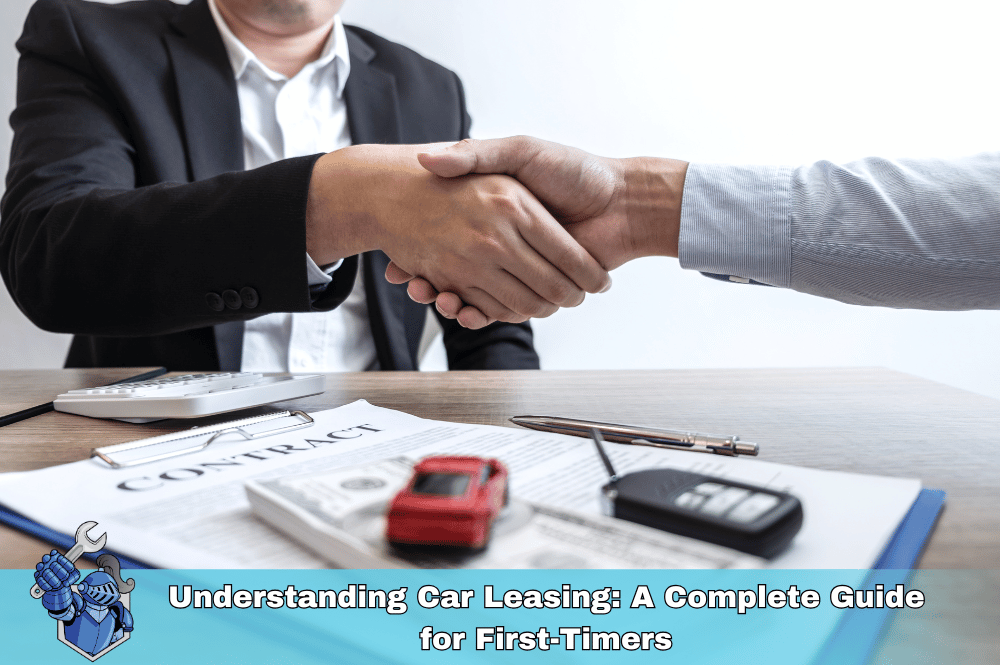 Understanding Car Leasing: A Complete Guide for First-Timers
Understanding Car Leasing: A Complete Guide for First-Timers Drive Away Richer? Credit Card Secrets for Smart Car Buying
Drive Away Richer? Credit Card Secrets for Smart Car Buying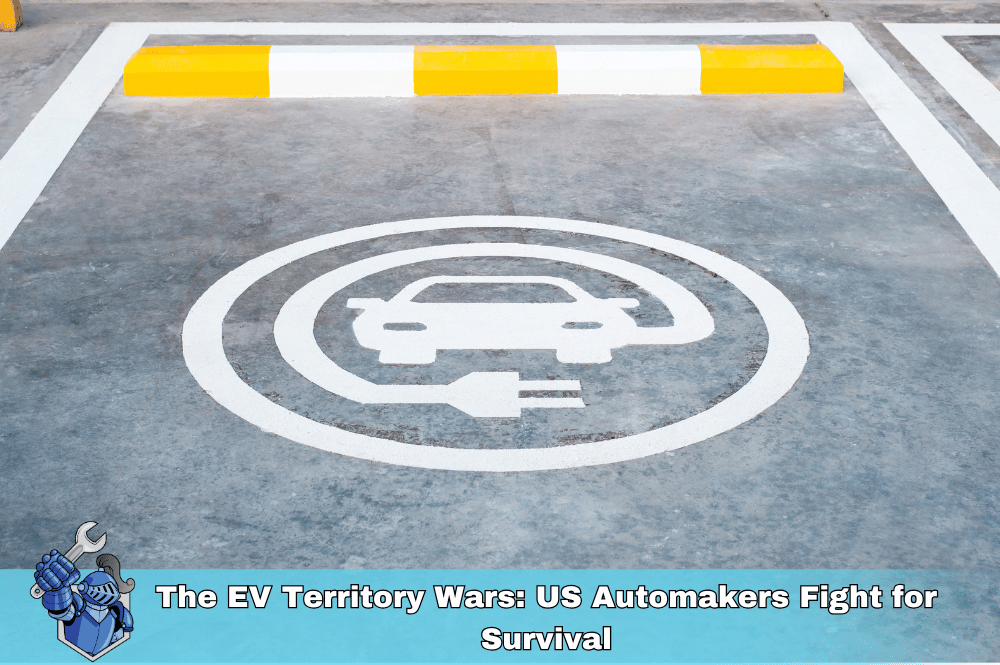 The EV Territory Wars: US Automakers Fight for Survival
The EV Territory Wars: US Automakers Fight for Survival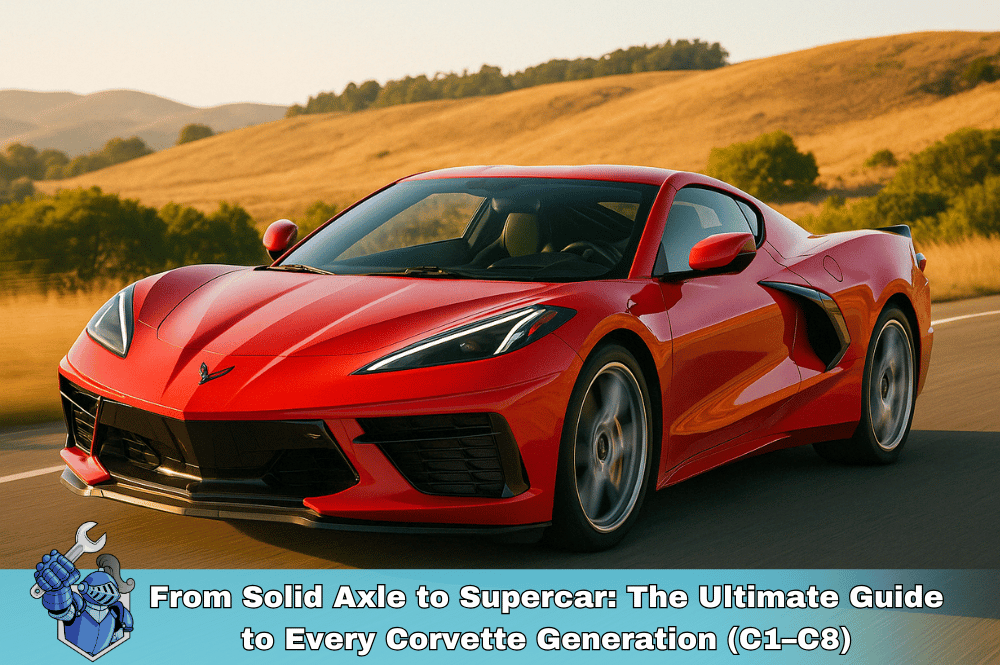 From Solid Axle to Supercar: The Ultimate Guide to Every Corvette Generation (C1–C8)
From Solid Axle to Supercar: The Ultimate Guide to Every Corvette Generation (C1–C8) Hello, Robot Neighbor: The Dawn of Everyday AI and Its Impact
Hello, Robot Neighbor: The Dawn of Everyday AI and Its Impact Beyond the Movie: The Gritty Truth of Ford vs. Ferrari
Beyond the Movie: The Gritty Truth of Ford vs. Ferrari Slash Your Car Insurance Bills: Expert Tips You Need Now
Slash Your Car Insurance Bills: Expert Tips You Need Now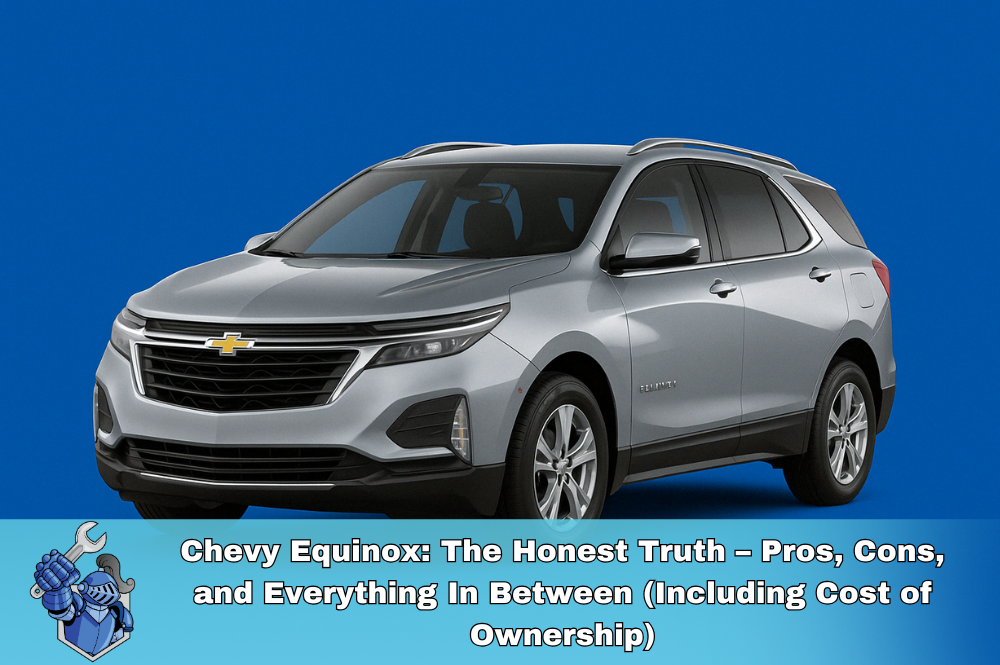 Chevy Equinox: The Honest Truth – Pros, Cons, and Everything In Between (Including Cost of Ownership)
Chevy Equinox: The Honest Truth – Pros, Cons, and Everything In Between (Including Cost of Ownership) Decoding Auto Insurance: Your Easy-to-Understand Guide
Decoding Auto Insurance: Your Easy-to-Understand Guide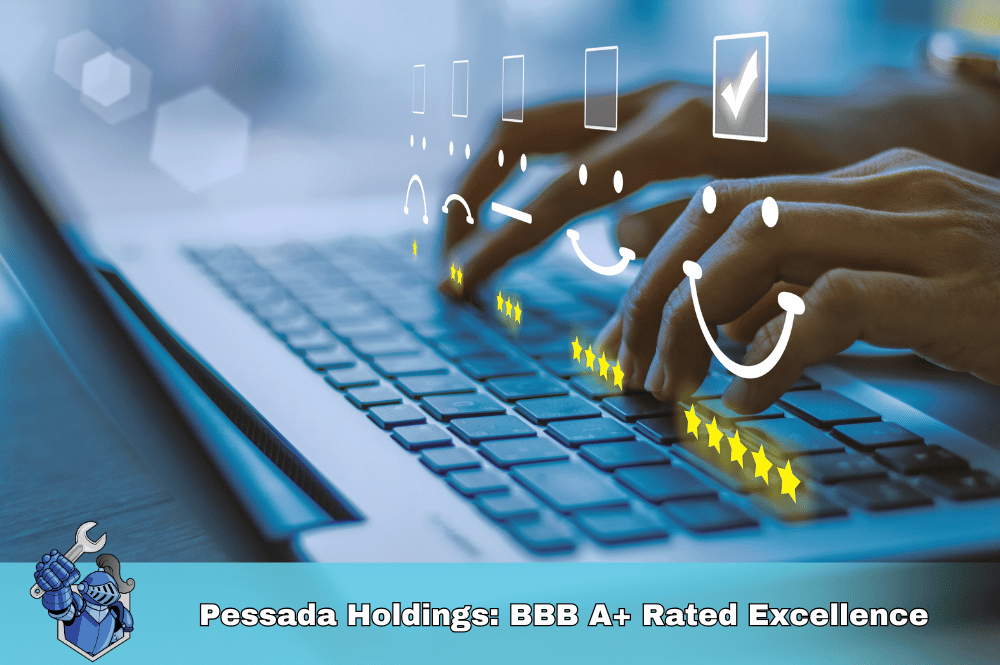 Pessada Holdings: BBB A+ Rated Excellence
Pessada Holdings: BBB A+ Rated Excellence Save More, Stress Less: Family Budgeting Tips That Work
Save More, Stress Less: Family Budgeting Tips That Work Slate’s Electric Entry: A Deep Dive into the New Automotive Truck
Slate’s Electric Entry: A Deep Dive into the New Automotive Truck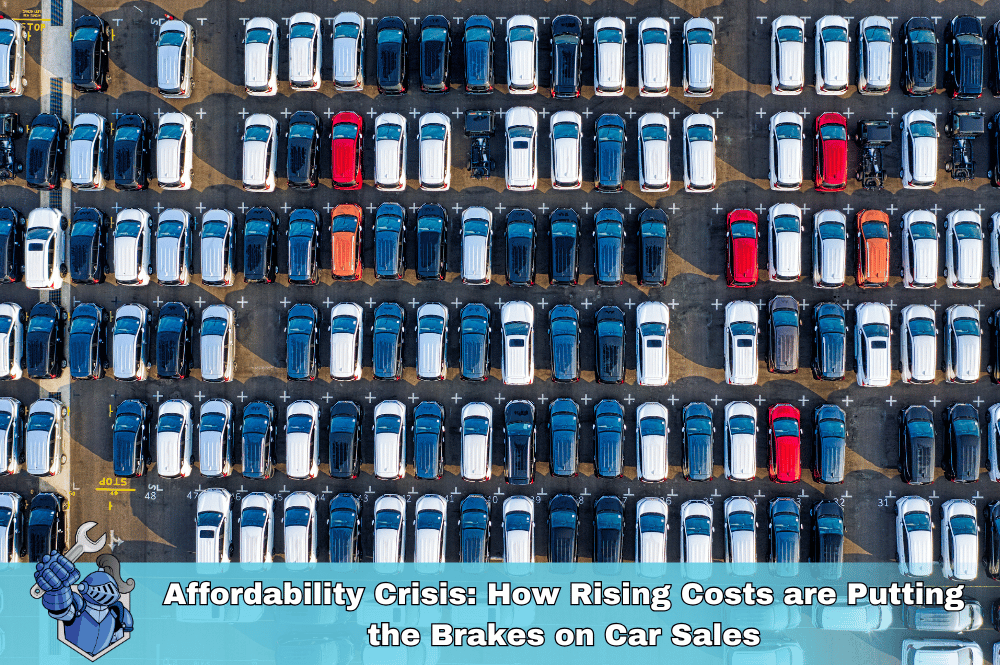 Affordability Crisis: How Rising Costs are Putting the Brakes on Car Sales
Affordability Crisis: How Rising Costs are Putting the Brakes on Car Sales The Extended Warranty Pitch: What Dealers Don't Always Tell You
The Extended Warranty Pitch: What Dealers Don't Always Tell You Unlock Your Dream Ride: The Ultimate Guide to Scoring a New Car Deal
Unlock Your Dream Ride: The Ultimate Guide to Scoring a New Car Deal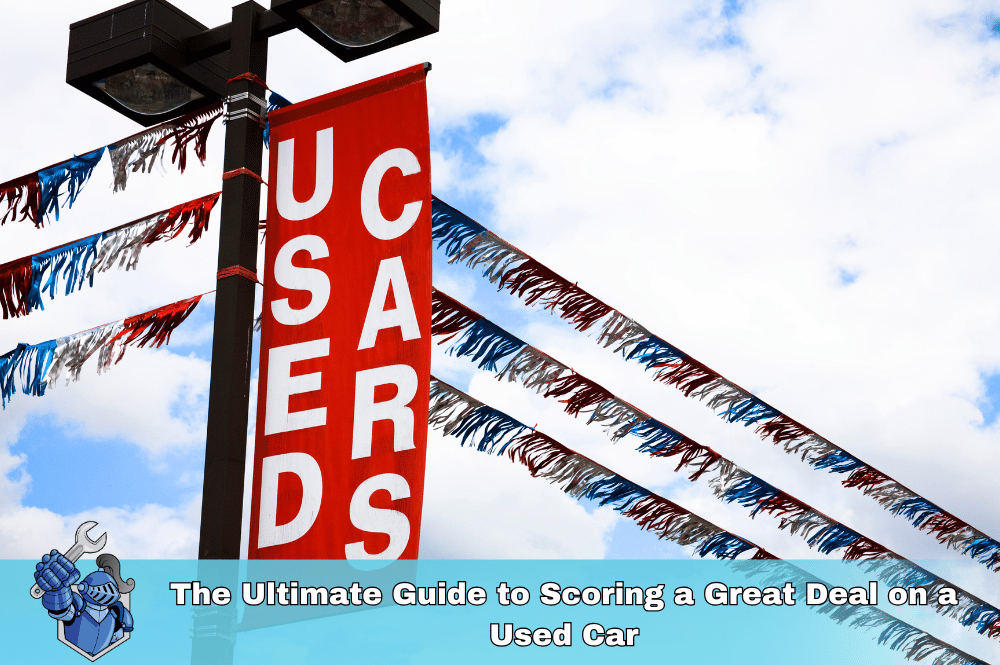 The Ultimate Guide to Scoring a Great Deal on a Used Car
The Ultimate Guide to Scoring a Great Deal on a Used Car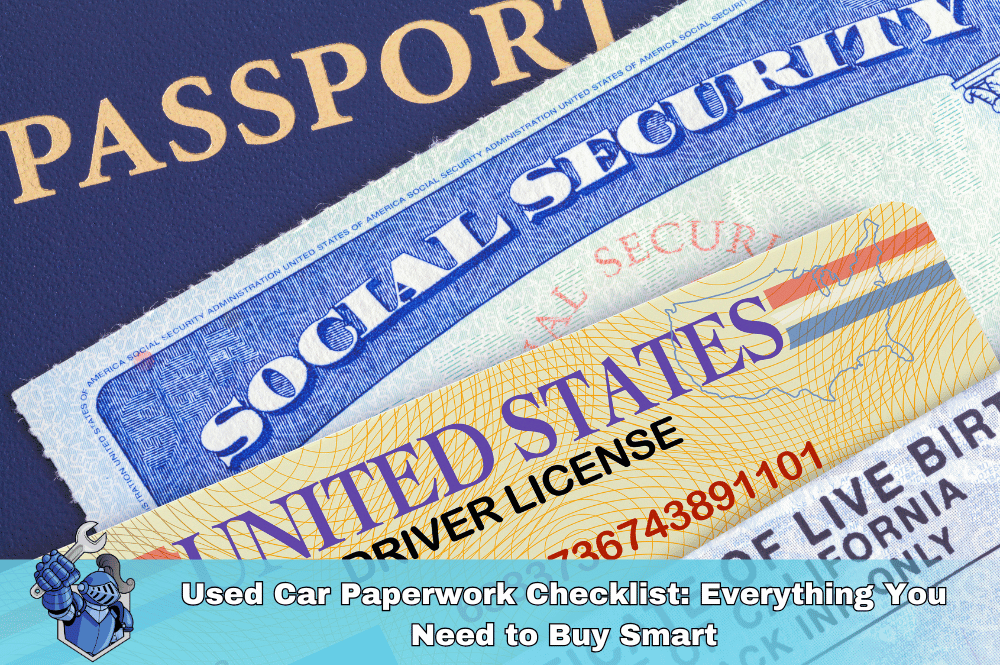 Used Car Paperwork Checklist: Everything You Need to Buy Smart
Used Car Paperwork Checklist: Everything You Need to Buy Smart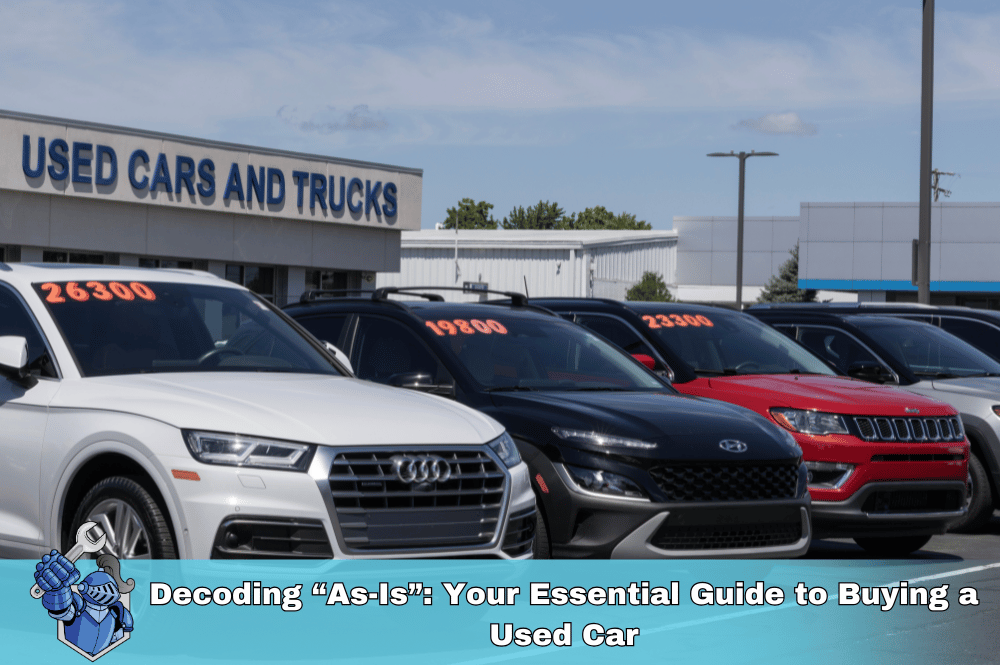 Decoding “As-Is”: Your Essential Guide to Buying a Used Car
Decoding “As-Is”: Your Essential Guide to Buying a Used Car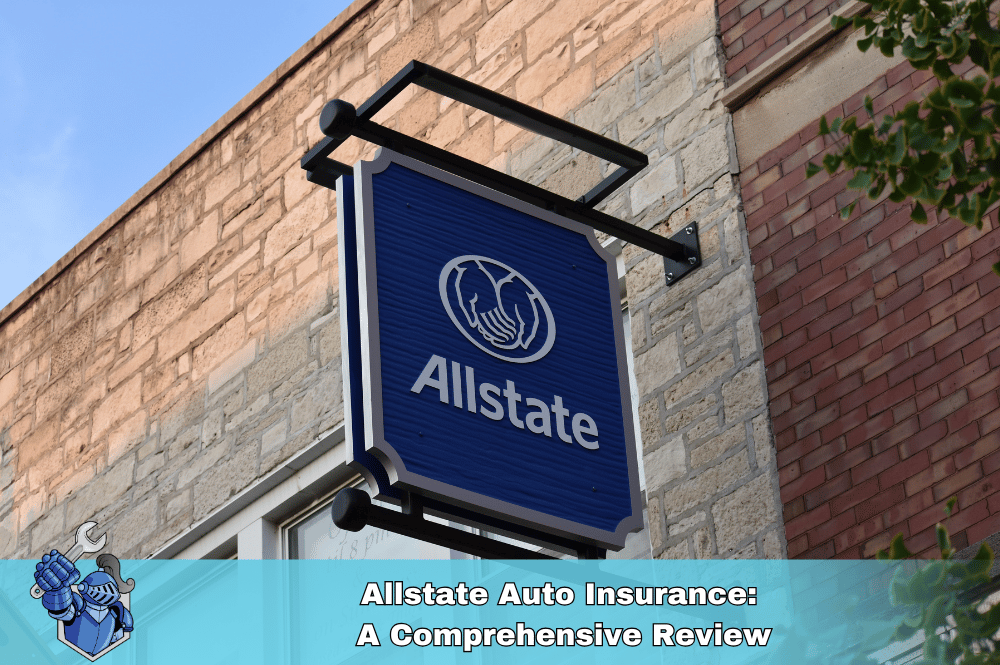 Allstate Auto Insurance: A Comprehensive Review
Allstate Auto Insurance: A Comprehensive Review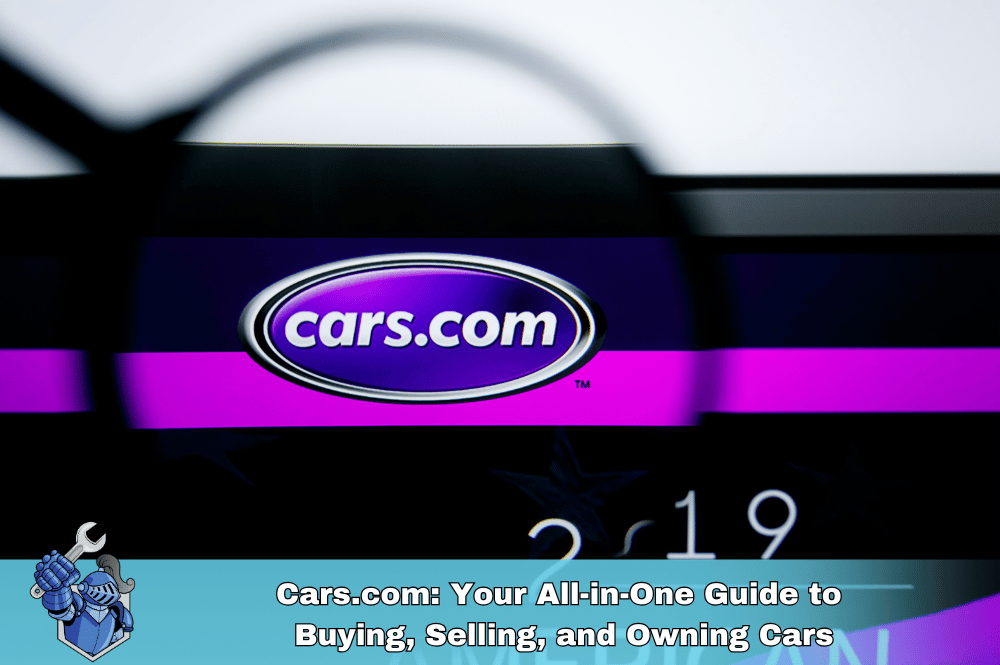 Cars.com: Your All-in-One Guide to Buying, Selling, and Owning Cars
Cars.com: Your All-in-One Guide to Buying, Selling, and Owning Cars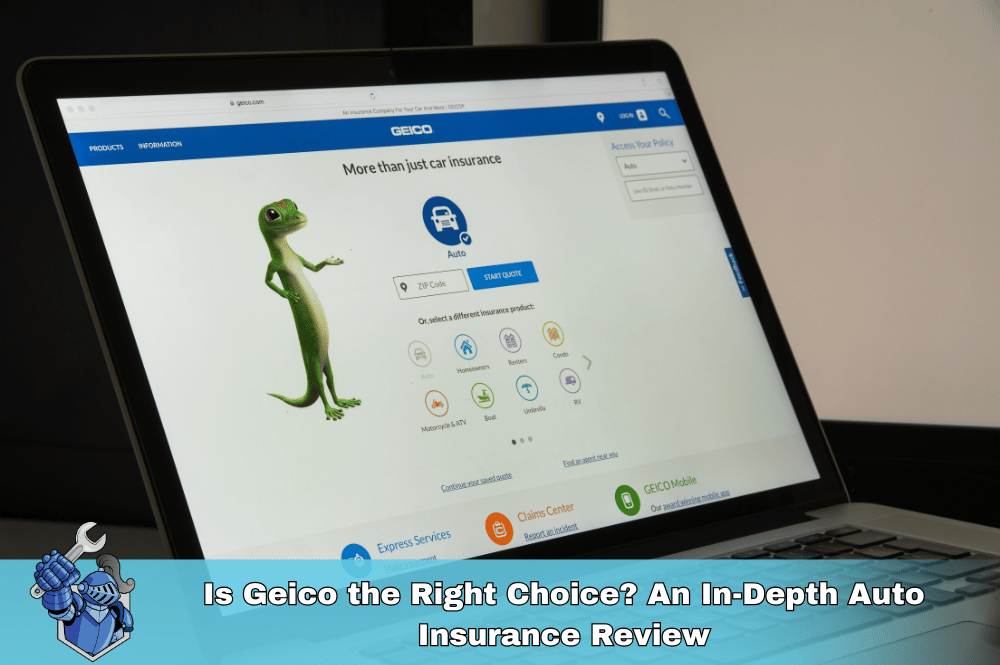 Is Geico the Right Choice? An In-Depth Auto Insurance Review
Is Geico the Right Choice? An In-Depth Auto Insurance Review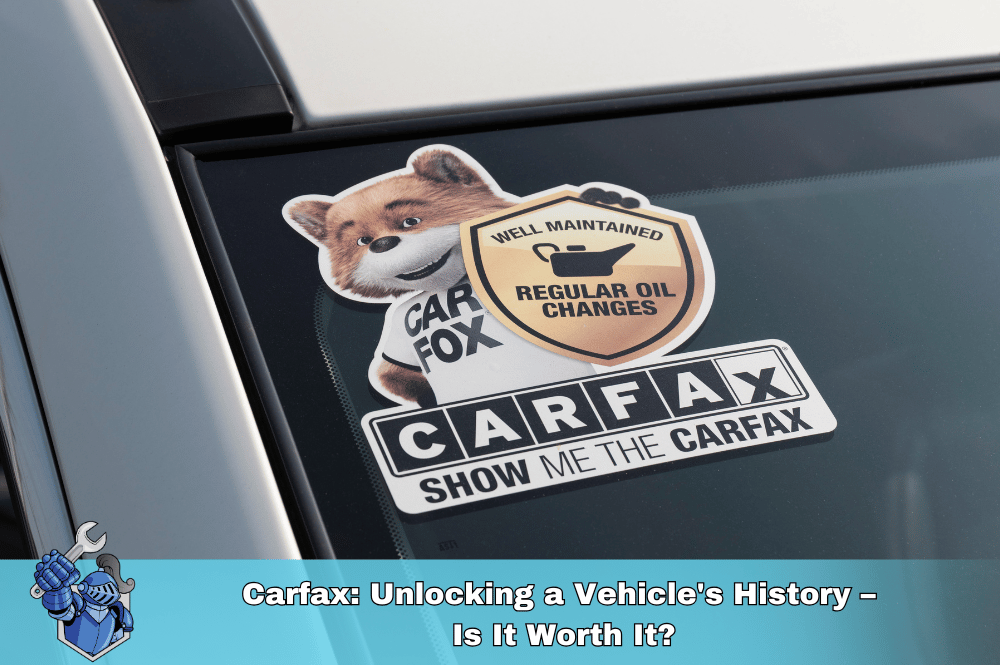 Carfax: Unlocking a Vehicle's History – Is It Worth It?
Carfax: Unlocking a Vehicle's History – Is It Worth It?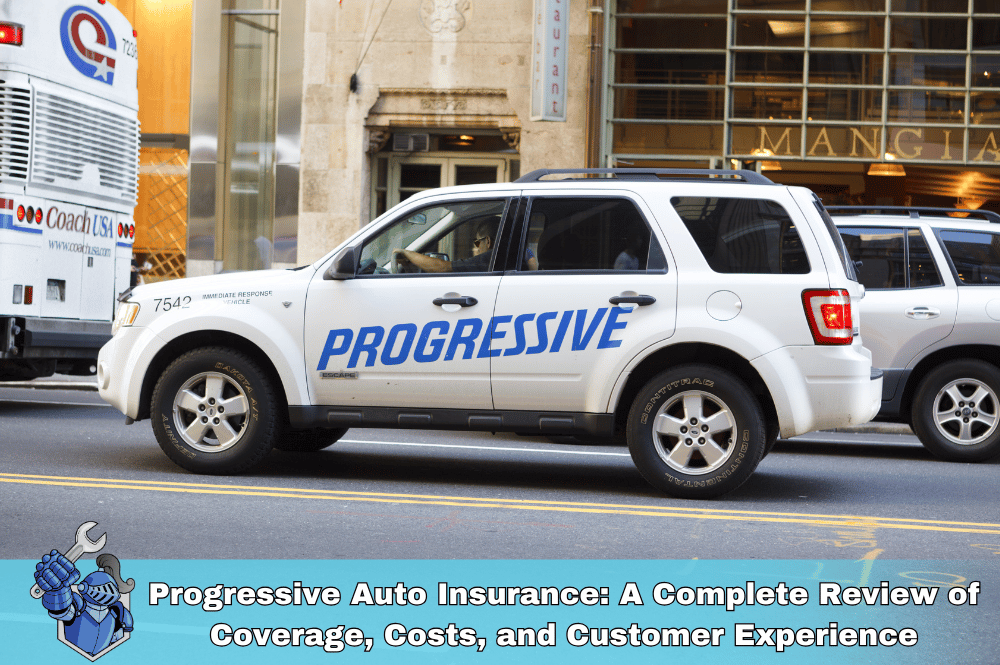 Progressive Auto Insurance: A Complete Review of Coverage, Costs, and Customer Experience
Progressive Auto Insurance: A Complete Review of Coverage, Costs, and Customer Experience The Trusted Choice: A Comprehensive Look at NAPA AutoCare Center Services
The Trusted Choice: A Comprehensive Look at NAPA AutoCare Center Services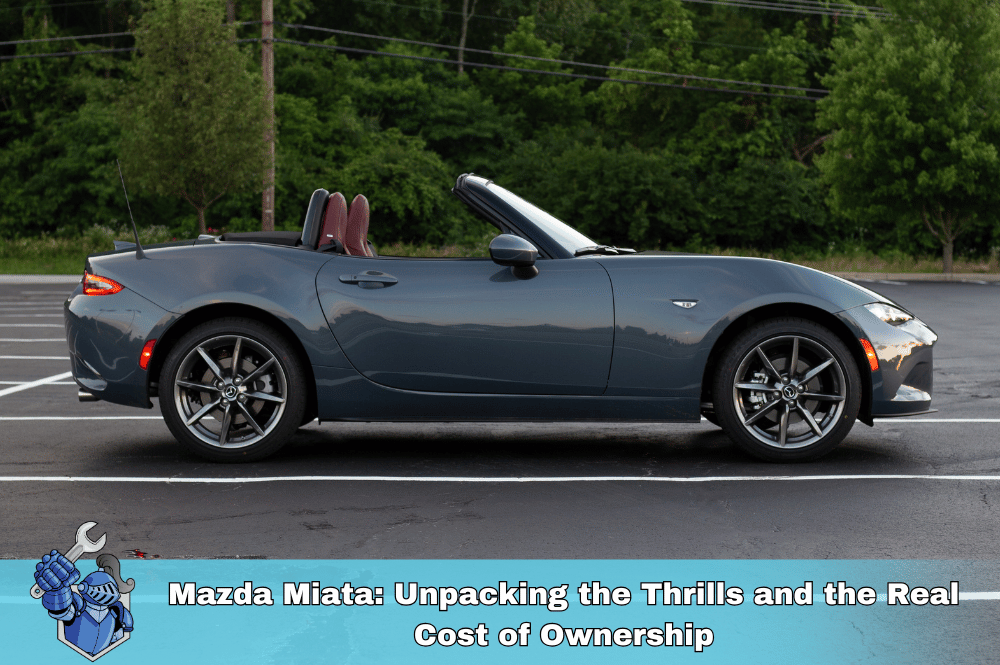 Mazda Miata: Unpacking the Thrills and the Real Cost of Ownership
Mazda Miata: Unpacking the Thrills and the Real Cost of Ownership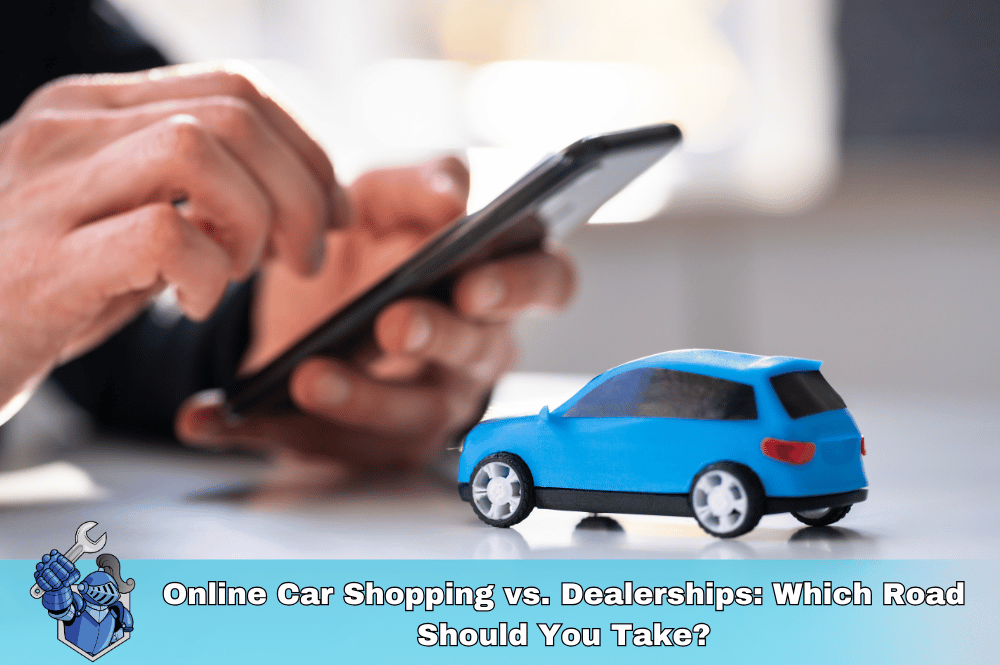 Online Car Shopping vs. Dealerships: Which Road Should You Take?
Online Car Shopping vs. Dealerships: Which Road Should You Take?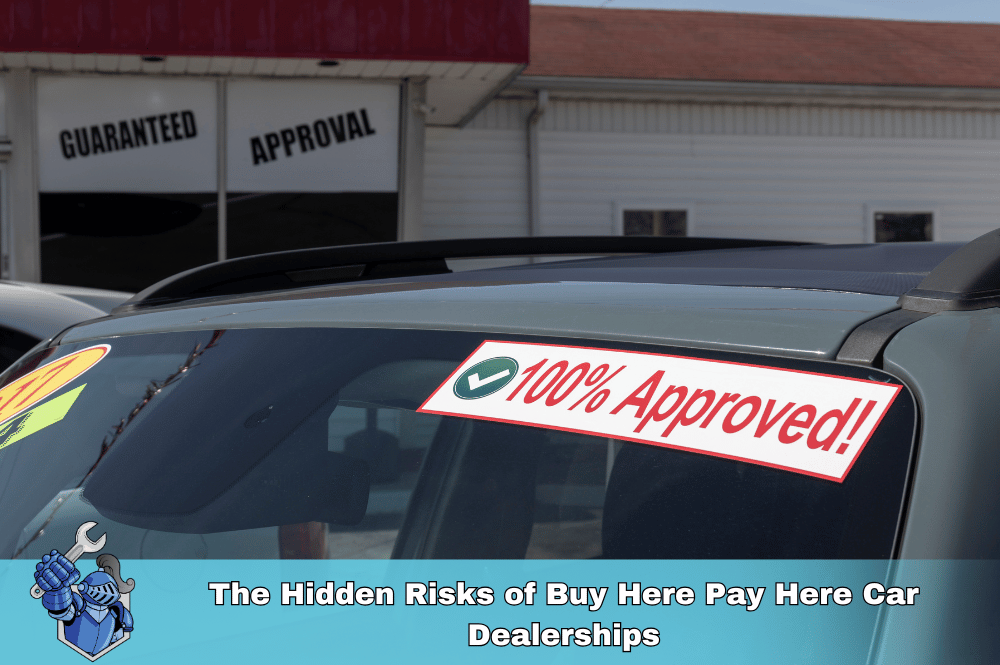 The Hidden Risks of Buy Here Pay Here Car Dealerships
The Hidden Risks of Buy Here Pay Here Car Dealerships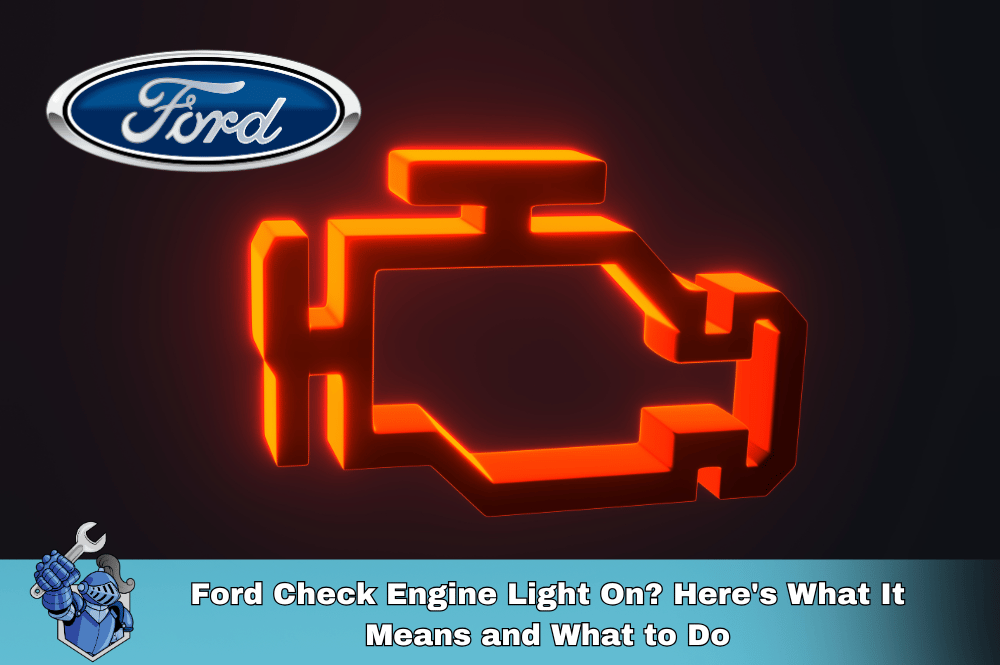 Ford Check Engine Light On? Here's What It Means and What to Do
Ford Check Engine Light On? Here's What It Means and What to Do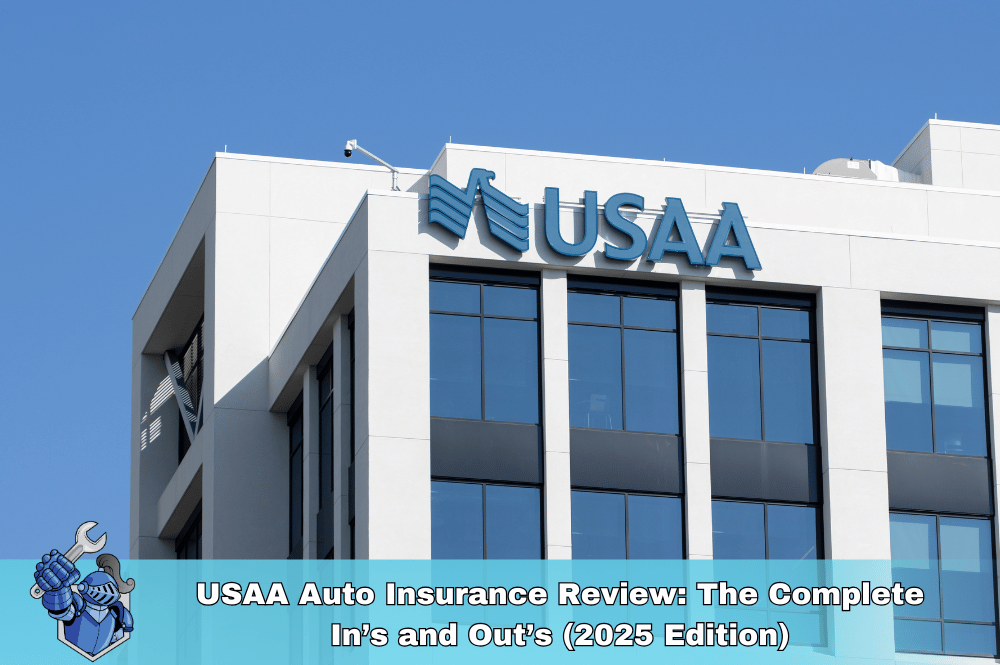 USAA Auto Insurance Review: The Complete In’s and Out’s (2025 Edition)
USAA Auto Insurance Review: The Complete In’s and Out’s (2025 Edition)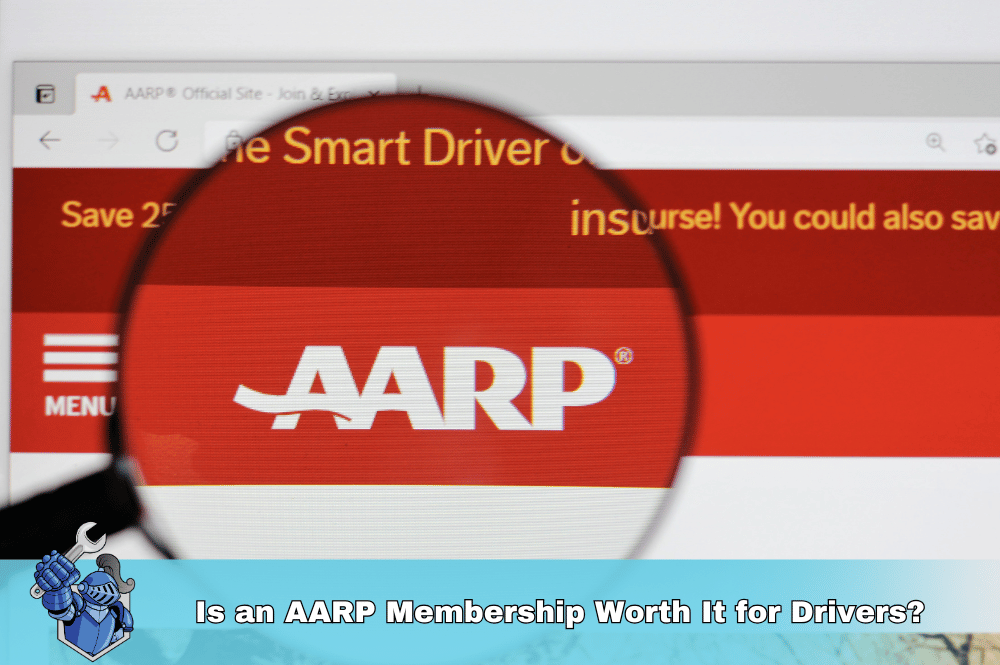 Is an AARP Membership Worth It for Drivers?
Is an AARP Membership Worth It for Drivers?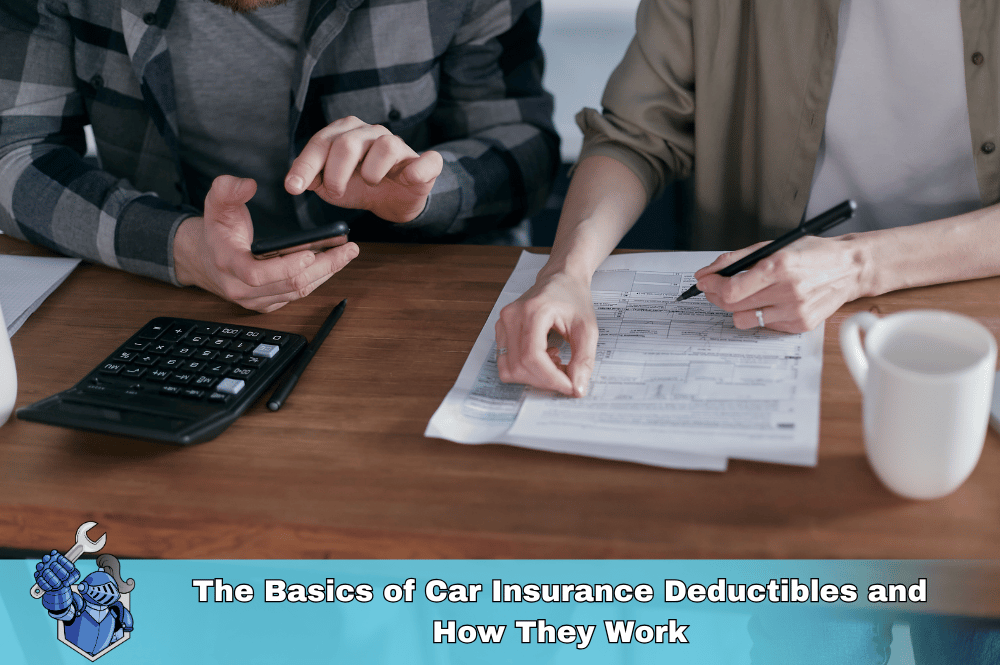 The Basics of Car Insurance Deductibles and How They Work
The Basics of Car Insurance Deductibles and How They Work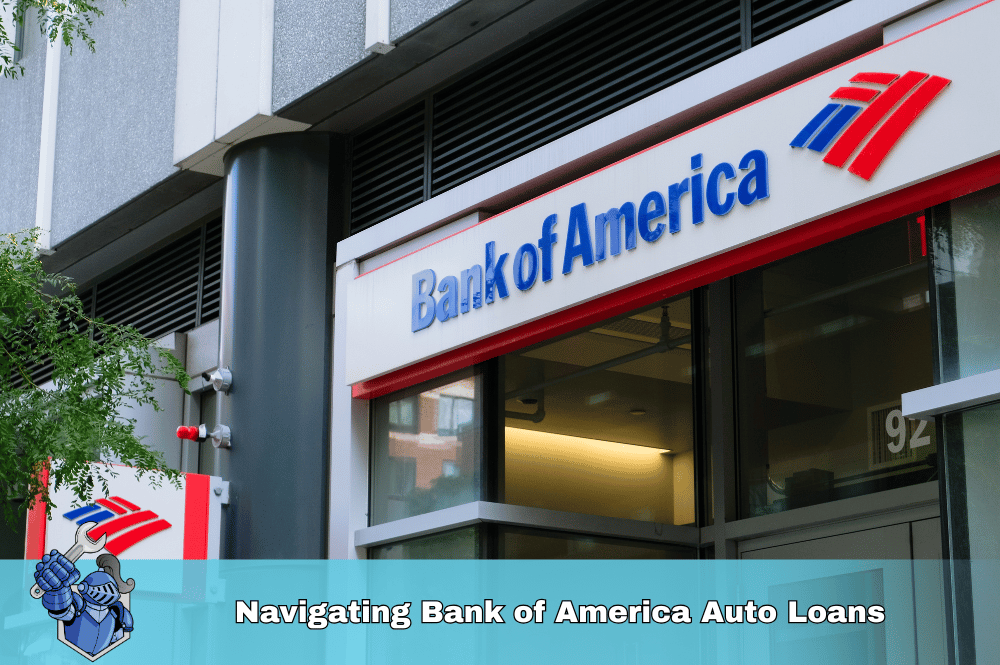 Navigating Bank of America Auto Loans: What You Need to Know
Navigating Bank of America Auto Loans: What You Need to Know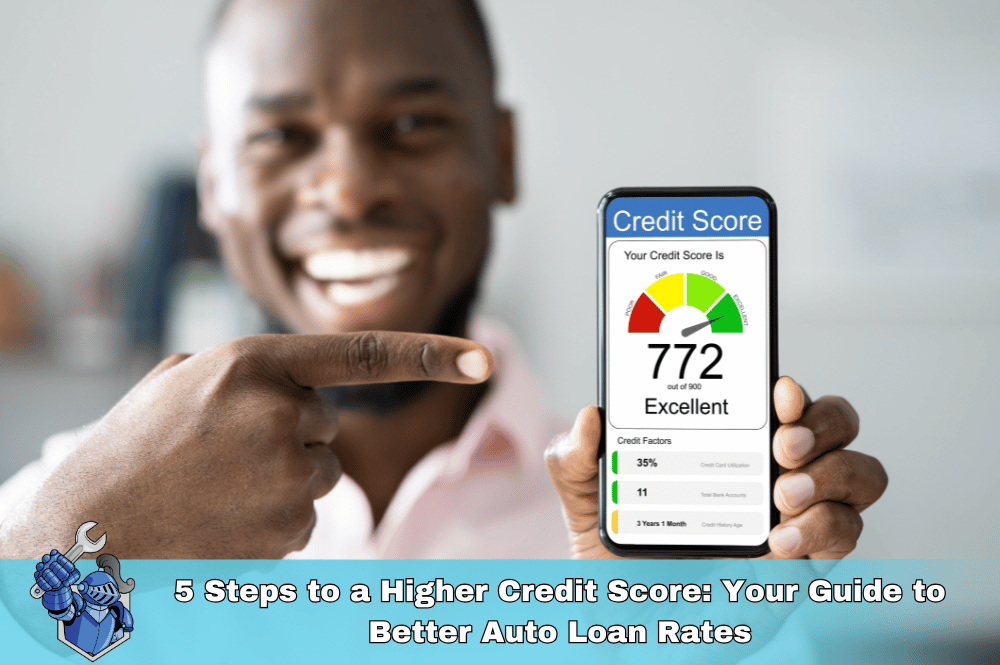 5 Steps to a Higher Credit Score: Your Guide to Better Auto Loan Rates
5 Steps to a Higher Credit Score: Your Guide to Better Auto Loan Rates The General Auto Insurance: What You Need to Know
The General Auto Insurance: What You Need to Know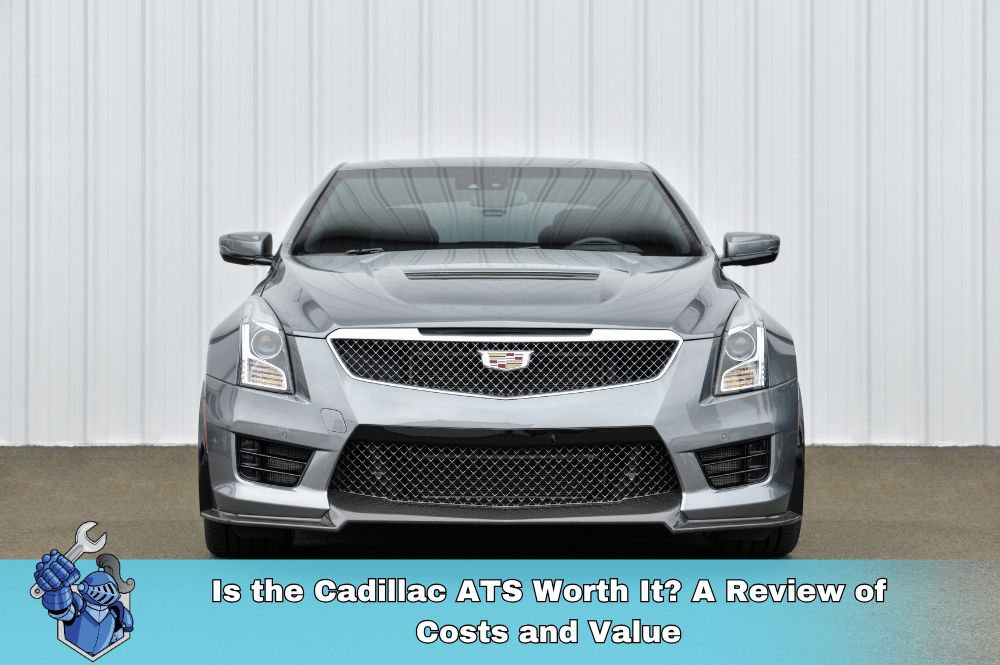 Is the Cadillac ATS Worth It? A Review of Costs and Value
Is the Cadillac ATS Worth It? A Review of Costs and Value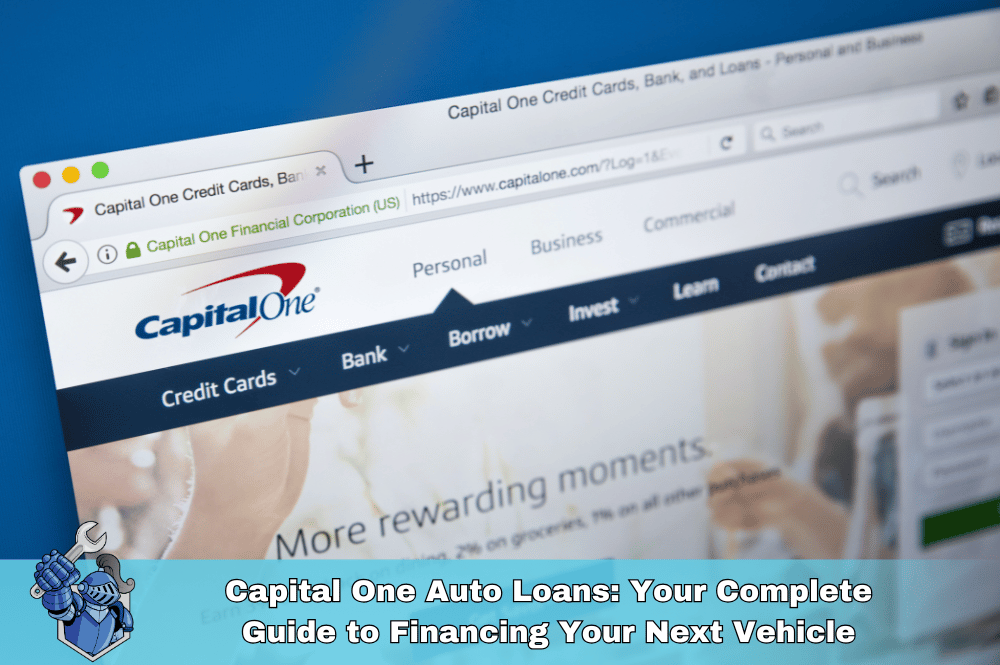 Capital One Auto Loans: Your Complete Guide to Financing Your Next Vehicle
Capital One Auto Loans: Your Complete Guide to Financing Your Next Vehicle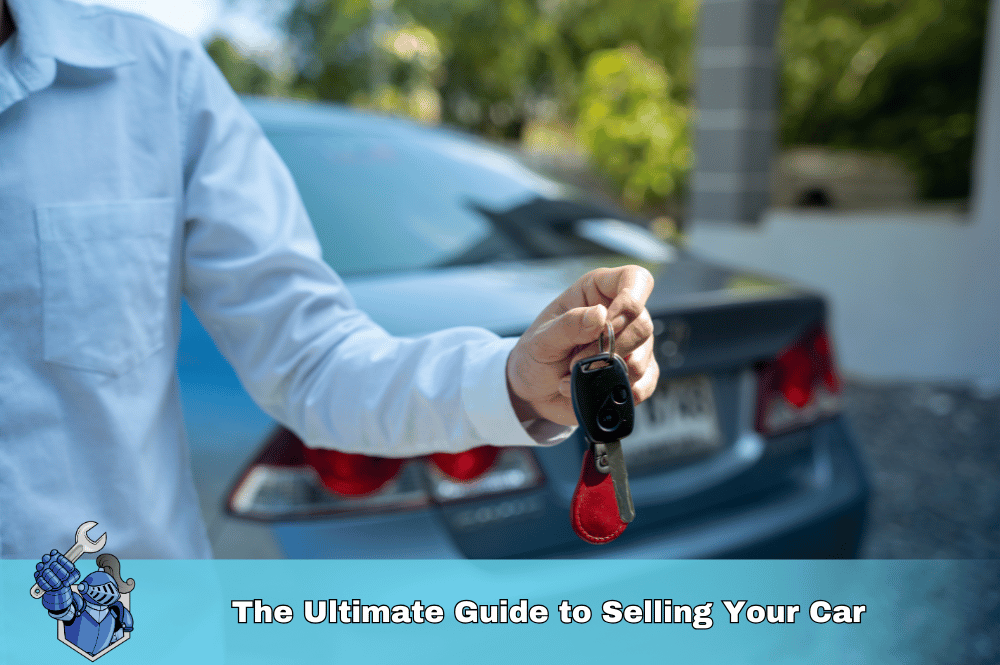 The Ultimate Guide to Selling Your Car
The Ultimate Guide to Selling Your Car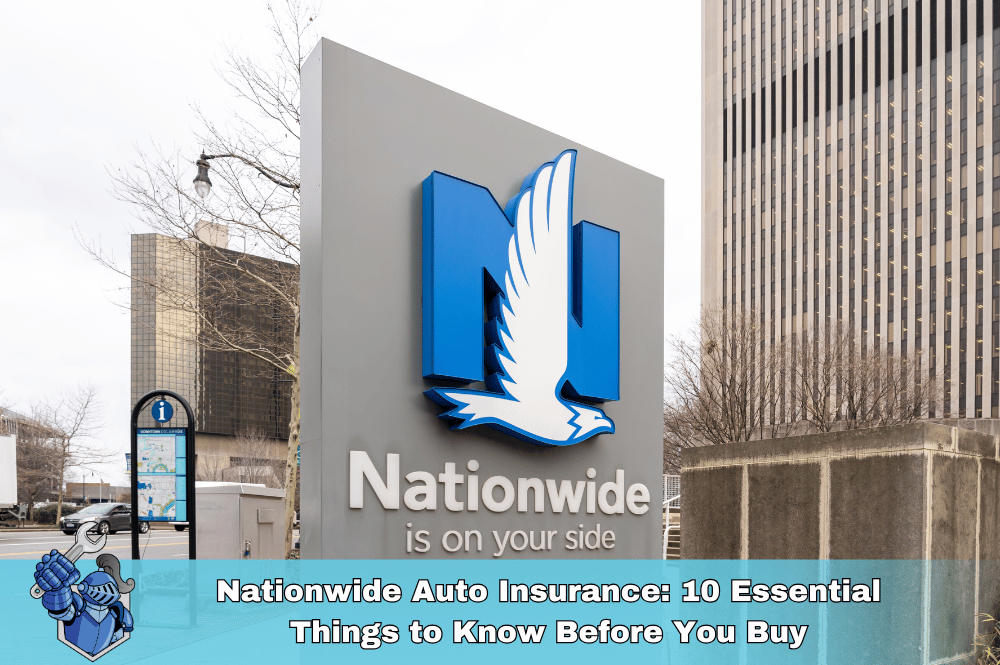 Nationwide Auto Insurance: 10 Essential Things to Know Before You Buy
Nationwide Auto Insurance: 10 Essential Things to Know Before You Buy Lost Keys? Noble Quote Has You Covered (and More!)
Lost Keys? Noble Quote Has You Covered (and More!)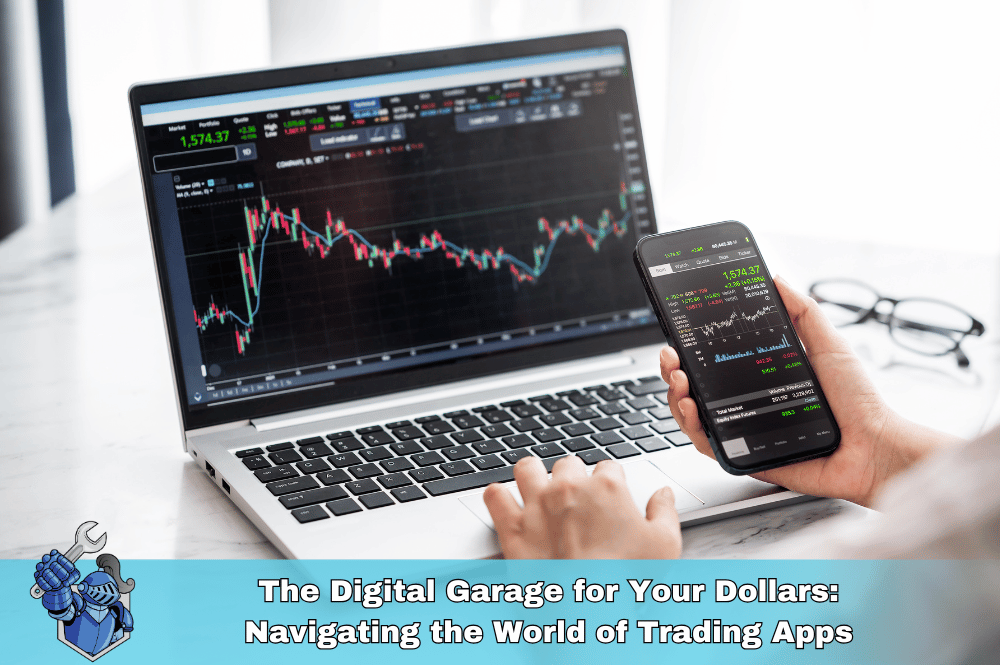 The Digital Garage for Your Dollars: Navigating the World of Trading Apps
The Digital Garage for Your Dollars: Navigating the World of Trading Apps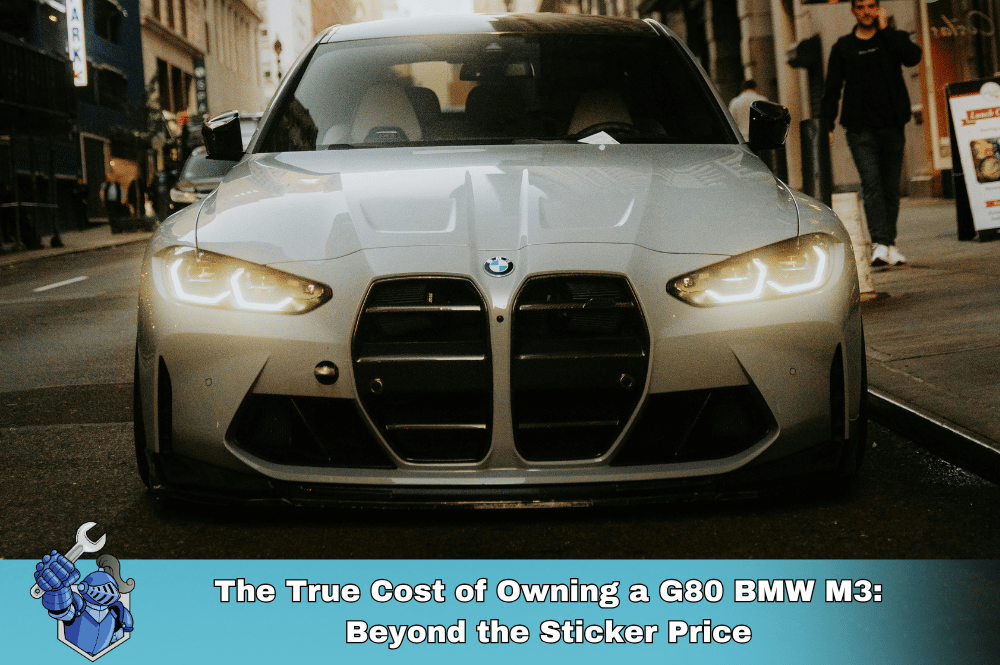 The True Cost of Owning a G80 BMW M3: Beyond the Sticker Price
The True Cost of Owning a G80 BMW M3: Beyond the Sticker Price O'Reilly Auto Parts: Your Comprehensive Guide to Services, Products, and More
O'Reilly Auto Parts: Your Comprehensive Guide to Services, Products, and More Land Cruiser 2025: Unleashed & Uncosted!
Land Cruiser 2025: Unleashed & Uncosted! Noble Quote vs. Amber: Which Automotive Service Offers the Best Value?
Noble Quote vs. Amber: Which Automotive Service Offers the Best Value? Unlock Lower Rates: Your Guide to Travelers Auto Insurance Discounts
Unlock Lower Rates: Your Guide to Travelers Auto Insurance Discounts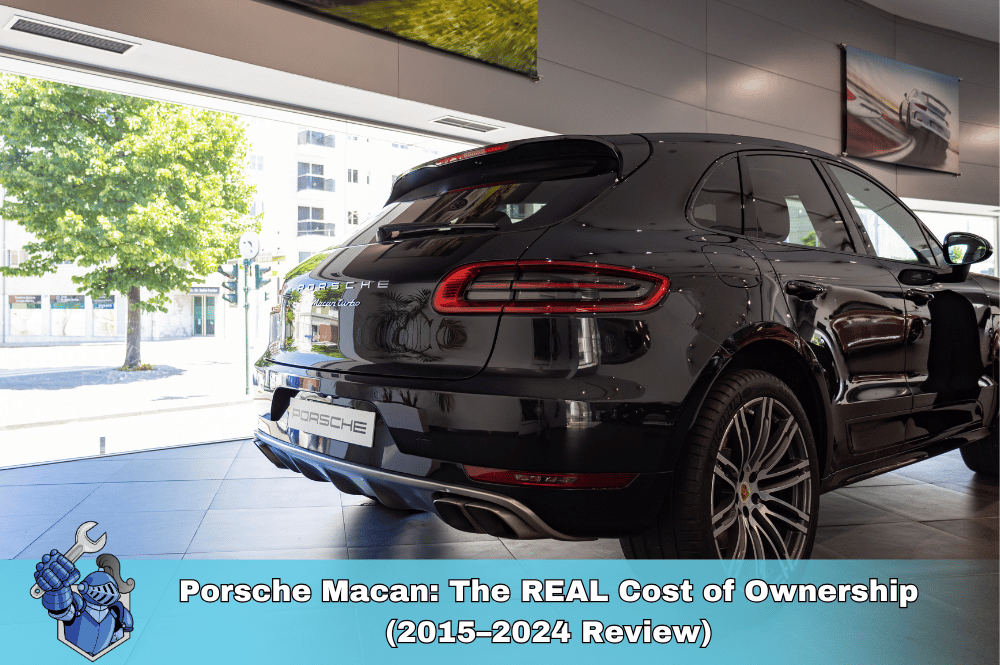 Porsche Macan: The REAL Cost of Ownership (2015–2024 Review)
Porsche Macan: The REAL Cost of Ownership (2015–2024 Review)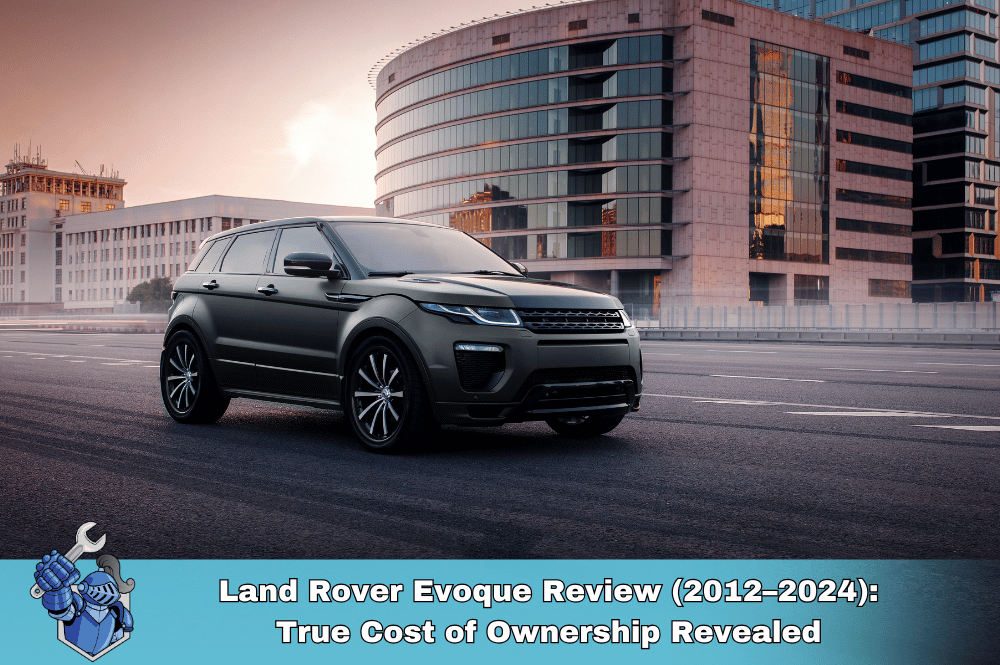 Land Rover Evoque Review (2012–2024): True Cost of Ownership Revealed
Land Rover Evoque Review (2012–2024): True Cost of Ownership Revealed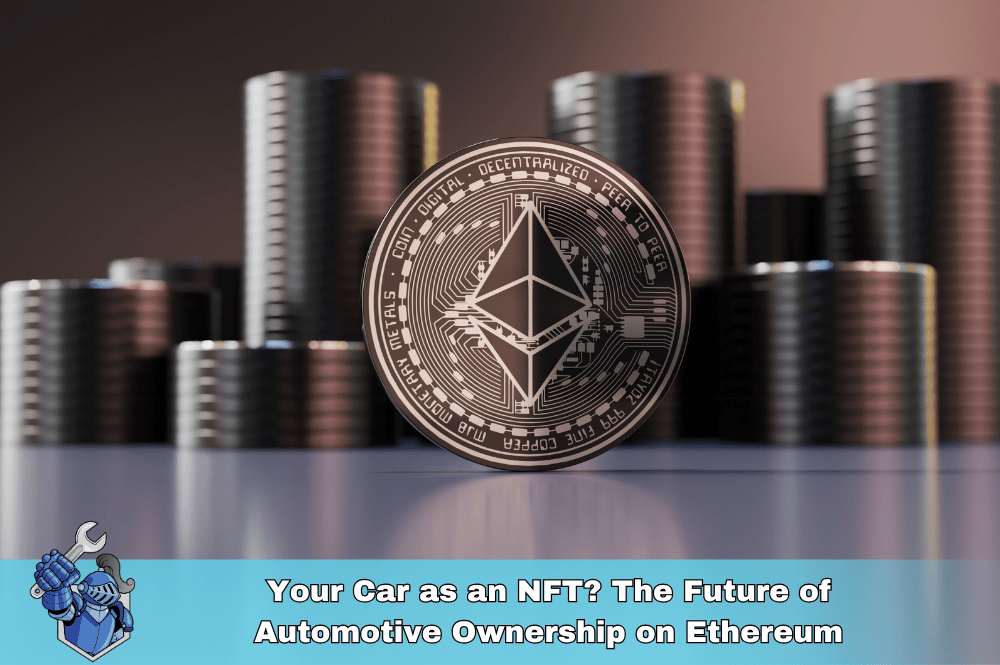 Your Car as an NFT? The Future of Automotive Ownership on Ethereum
Your Car as an NFT? The Future of Automotive Ownership on Ethereum Unlock Cheaper Rates: Your Ultimate Guide to State Farm Auto Insurance Discounts
Unlock Cheaper Rates: Your Ultimate Guide to State Farm Auto Insurance Discounts Online Used Car Shopping: What You NEED to Know Before You Buy
Online Used Car Shopping: What You NEED to Know Before You Buy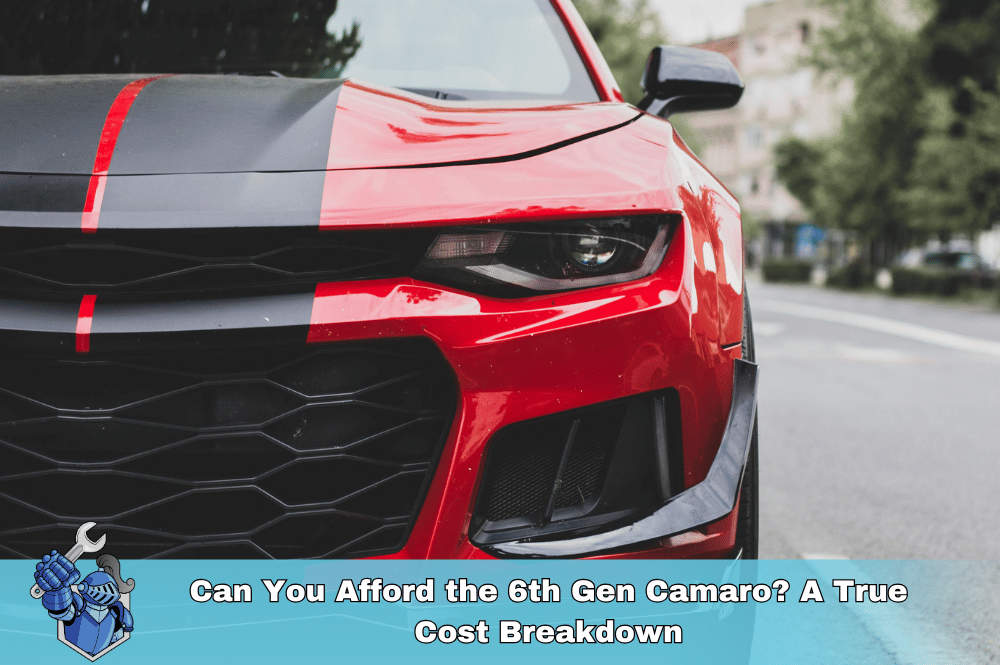 Can You Afford the 6th Gen Camaro? A True Cost Breakdown
Can You Afford the 6th Gen Camaro? A True Cost Breakdown The 7 Hidden Costs of Skipping Your Extended Car Warranty
The 7 Hidden Costs of Skipping Your Extended Car Warranty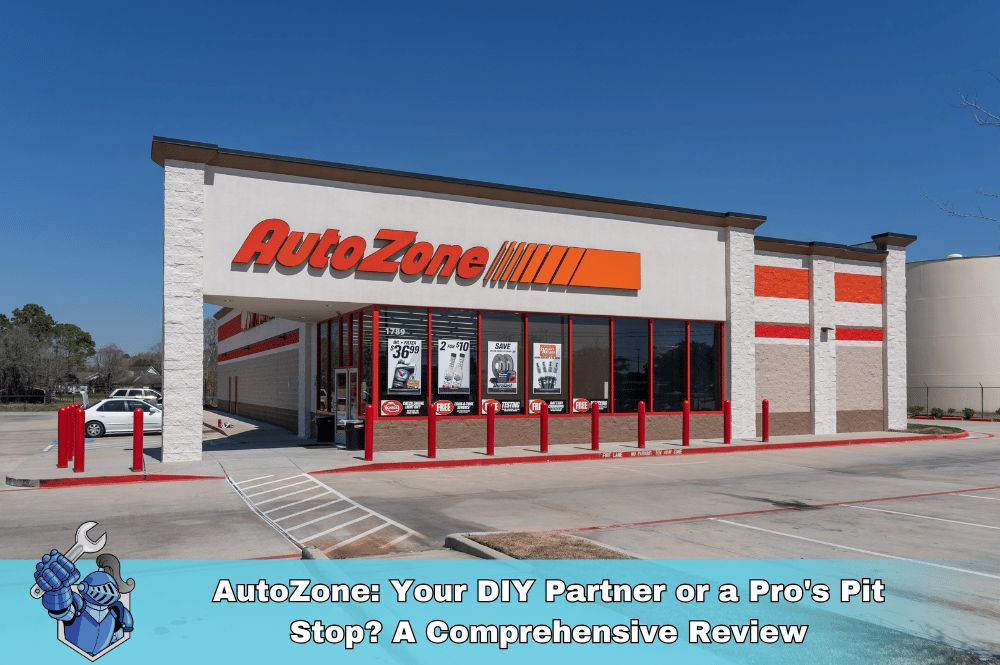 AutoZone: Your DIY Partner or a Pro's Pit Stop? A Comprehensive Review
AutoZone: Your DIY Partner or a Pro's Pit Stop? A Comprehensive Review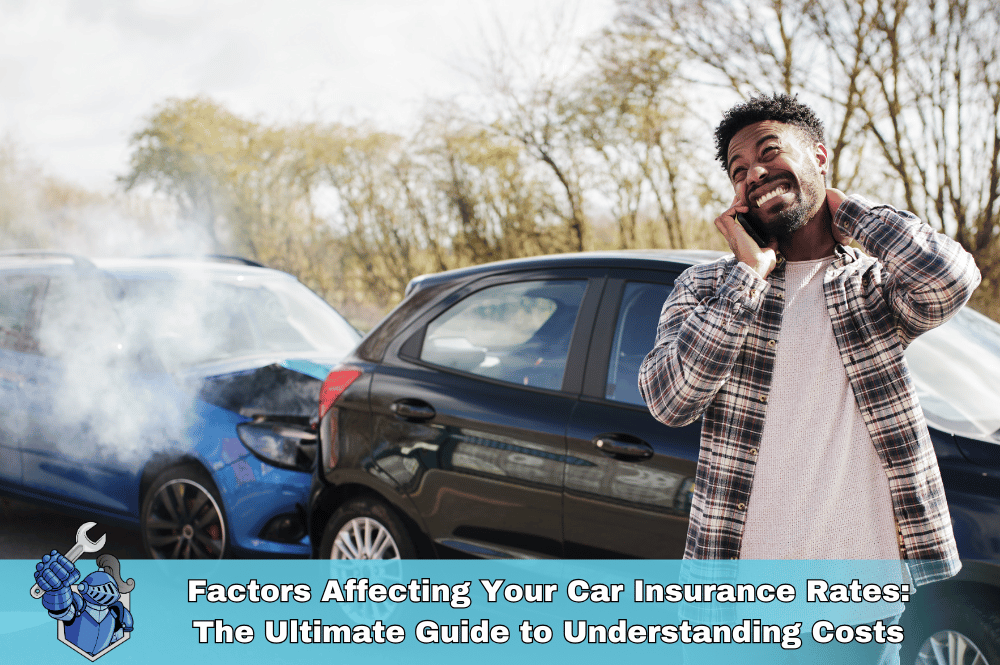 Factors Affecting Your Car Insurance Rates: The Ultimate Guide to Understanding Costs
Factors Affecting Your Car Insurance Rates: The Ultimate Guide to Understanding Costs Reborn Rugged: Why the Ineos Grenadier is More Than Just an SUV
Reborn Rugged: Why the Ineos Grenadier is More Than Just an SUV How to Maximize Your Car Trade-In Value: The Ultimate Guide
How to Maximize Your Car Trade-In Value: The Ultimate Guide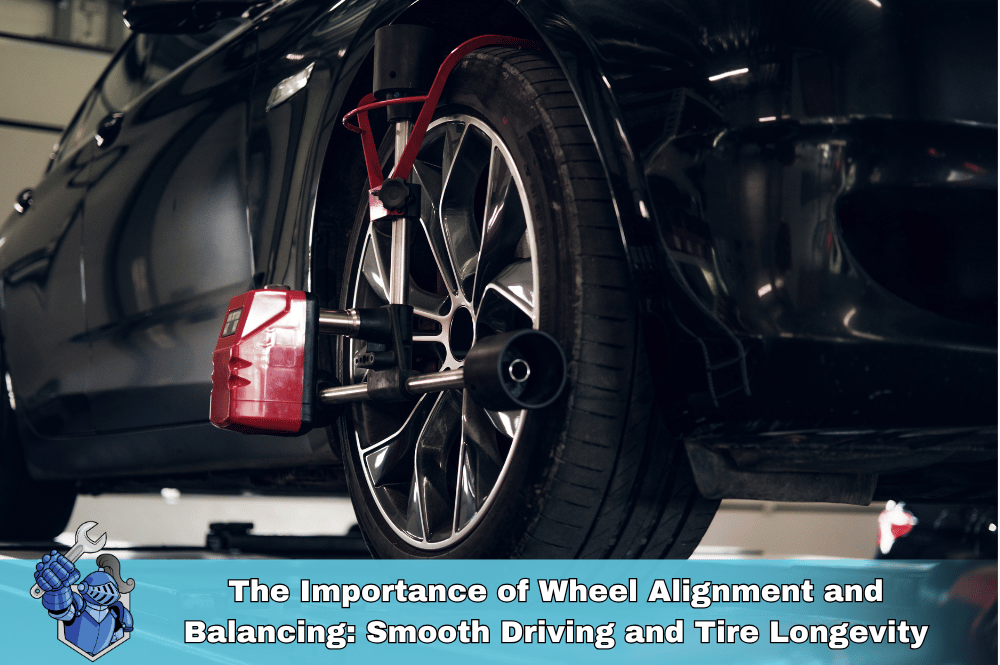 The Importance of Wheel Alignment and Balancing: Smooth Driving and Tire Longevity
The Importance of Wheel Alignment and Balancing: Smooth Driving and Tire Longevity BYD Cars 2025: Your Ultimate Guide to the Full Lineup & Latest Innovations
BYD Cars 2025: Your Ultimate Guide to the Full Lineup & Latest Innovations Don't Miss Out: How to Buy Crypto Before the Next FOMO Wave (2025 Guide)
Don't Miss Out: How to Buy Crypto Before the Next FOMO Wave (2025 Guide)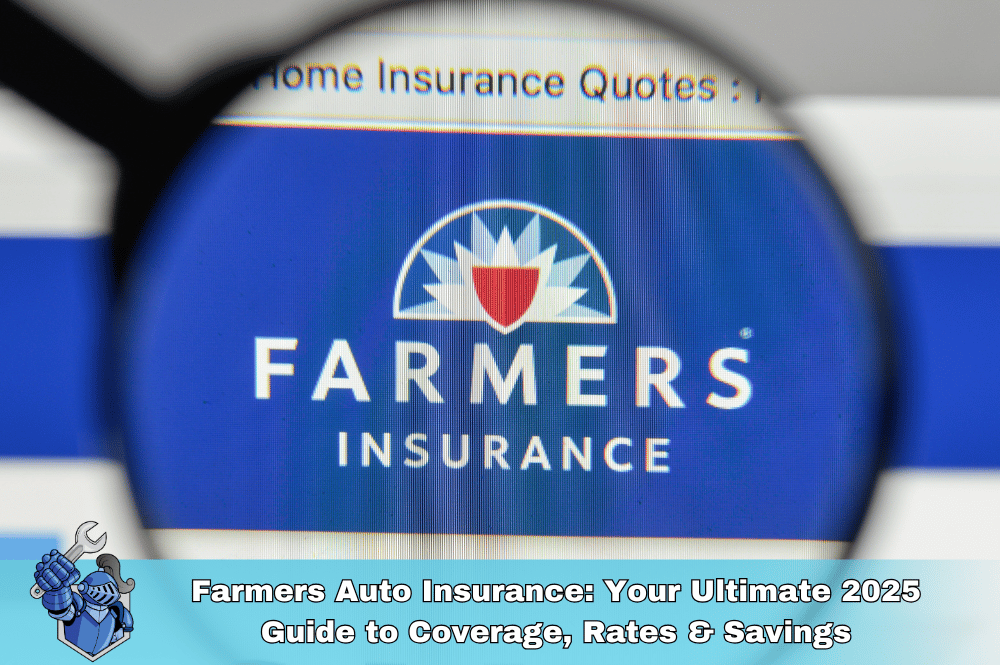 Farmers Auto Insurance: Your Ultimate 2025 Guide to Coverage, Rates & Savings
Farmers Auto Insurance: Your Ultimate 2025 Guide to Coverage, Rates & Savings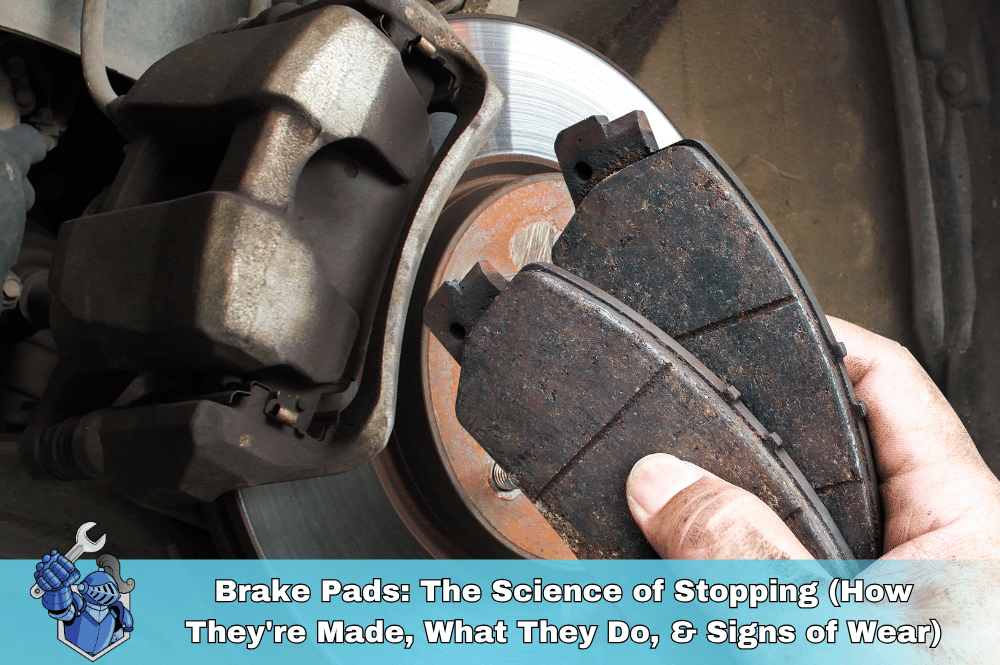 Brake Pads: The Science of Stopping (How They're Made, What They Do, & Signs of Wear)
Brake Pads: The Science of Stopping (How They're Made, What They Do, & Signs of Wear)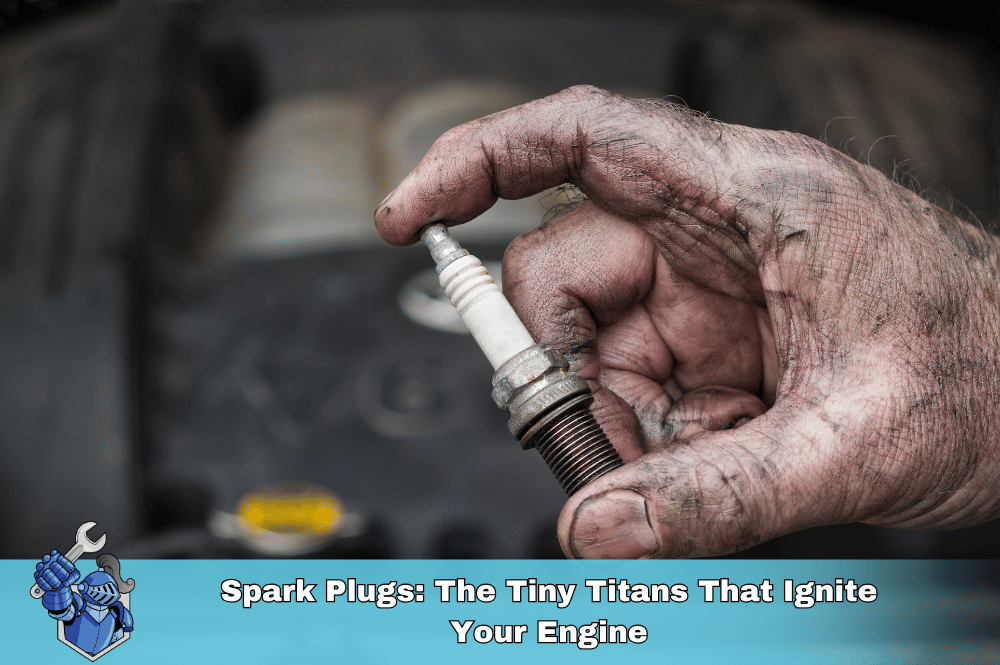 Spark Plugs: The Tiny Titans That Ignite Your Engine
Spark Plugs: The Tiny Titans That Ignite Your Engine The Ultimate Showdown: Car Broker vs. DIY Car Buying – Which Path Saves You More?
The Ultimate Showdown: Car Broker vs. DIY Car Buying – Which Path Saves You More?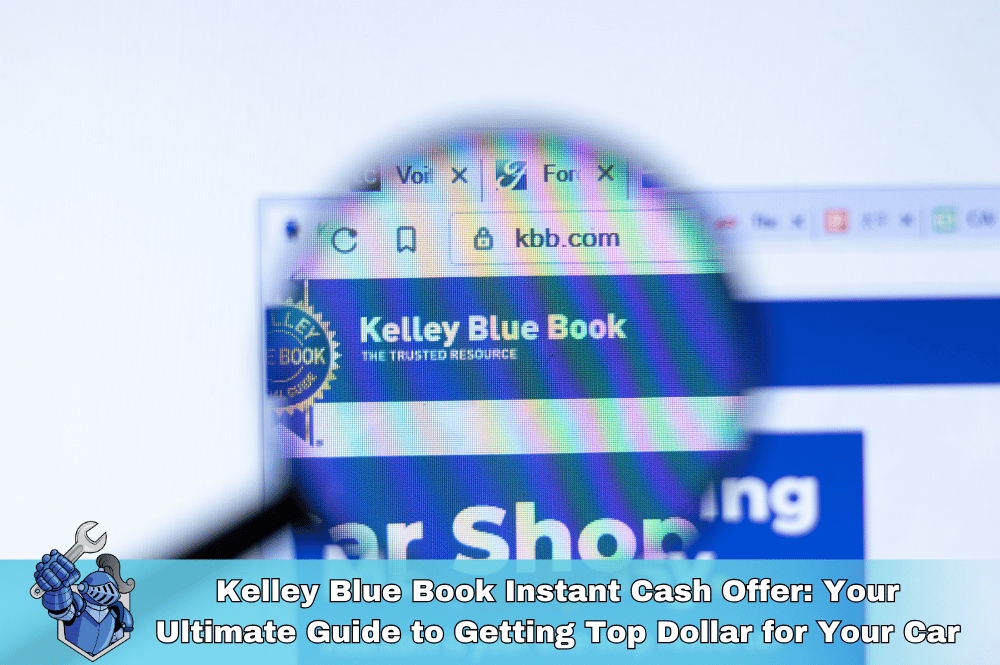 Kelley Blue Book Instant Cash Offer: Your Ultimate Guide to Getting Top Dollar for Your Car
Kelley Blue Book Instant Cash Offer: Your Ultimate Guide to Getting Top Dollar for Your Car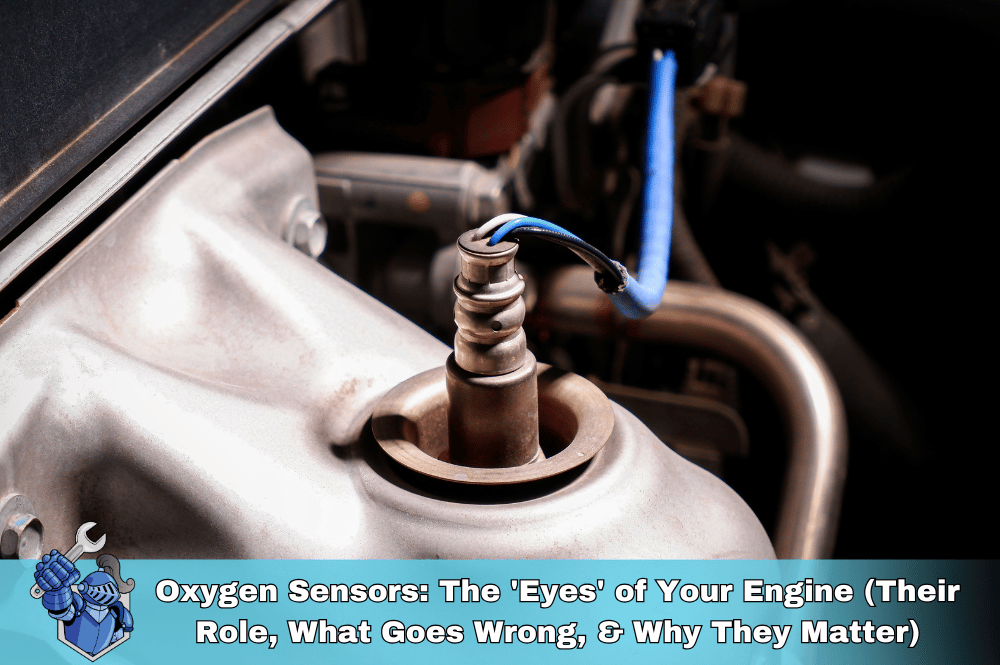 Oxygen Sensors: The 'Eyes' of Your Engine (Their Role, What Goes Wrong, & Why They Matter)
Oxygen Sensors: The 'Eyes' of Your Engine (Their Role, What Goes Wrong, & Why They Matter)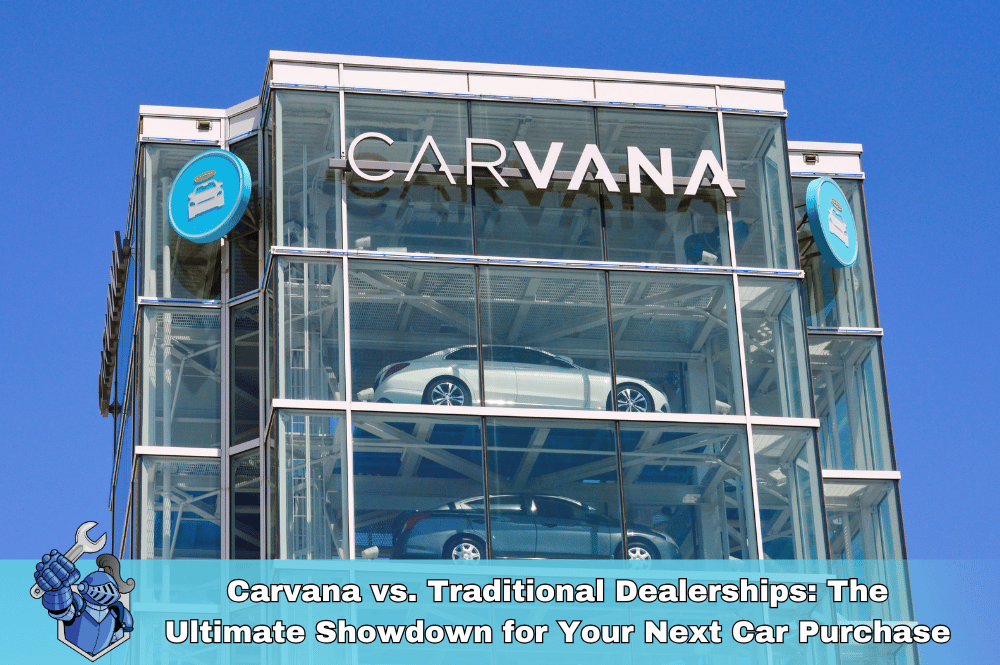 Carvana vs. Traditional Dealerships: The Ultimate Showdown for Your Next Car Purchase
Carvana vs. Traditional Dealerships: The Ultimate Showdown for Your Next Car Purchase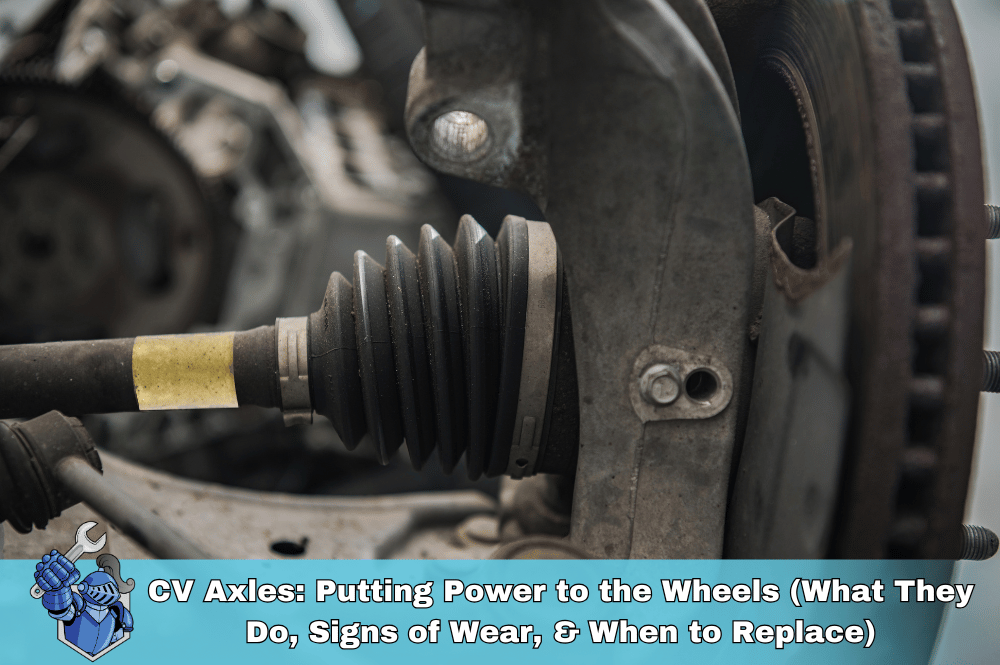 CV Axles: Putting Power to the Wheels (What They Do, Signs of Wear, & When to Replace)
CV Axles: Putting Power to the Wheels (What They Do, Signs of Wear, & When to Replace)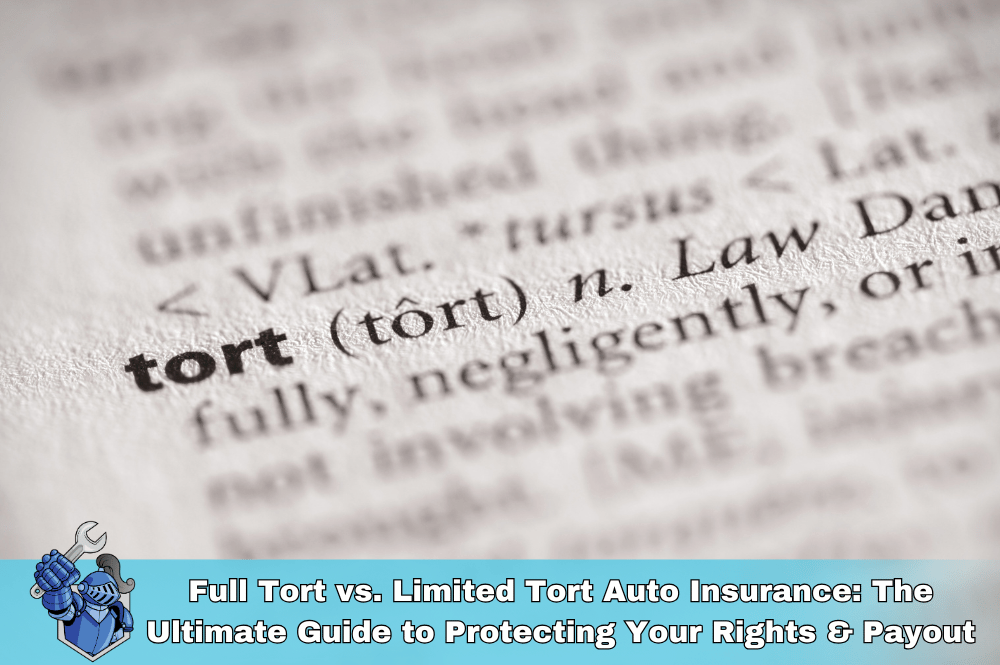 Full Tort vs. Limited Tort Auto Insurance: The Ultimate Guide to Protecting Your Rights & Payout
Full Tort vs. Limited Tort Auto Insurance: The Ultimate Guide to Protecting Your Rights & Payout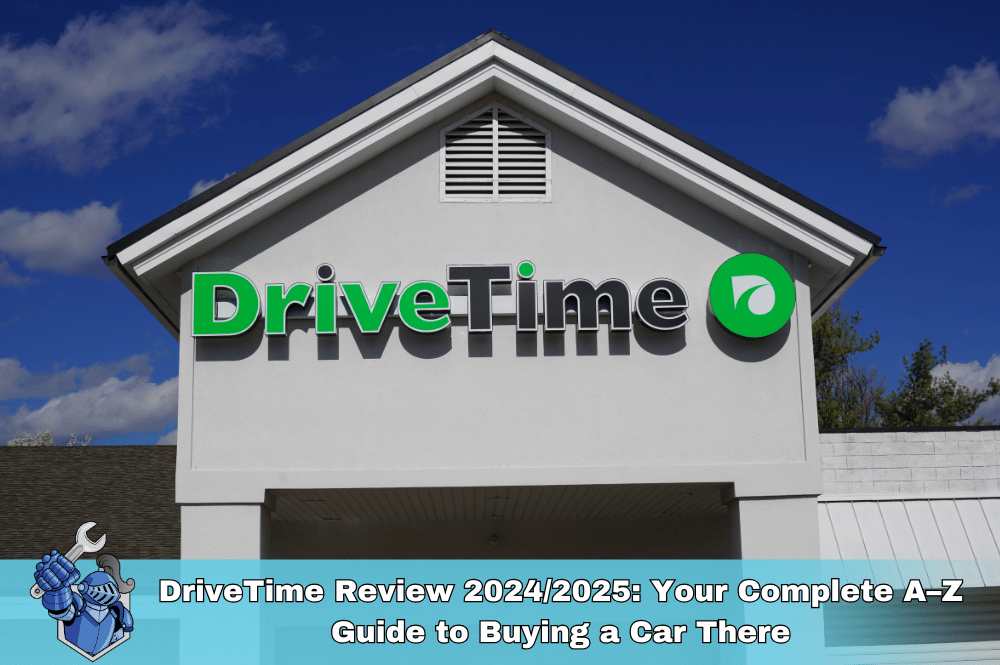 DriveTime Review 2024/2025: Your Complete A–Z Guide to Buying a Car There
DriveTime Review 2024/2025: Your Complete A–Z Guide to Buying a Car There 10 Essential Car Prep Tips for Your Family’s Epic Summer Road Trips (2025 Edition)
10 Essential Car Prep Tips for Your Family’s Epic Summer Road Trips (2025 Edition)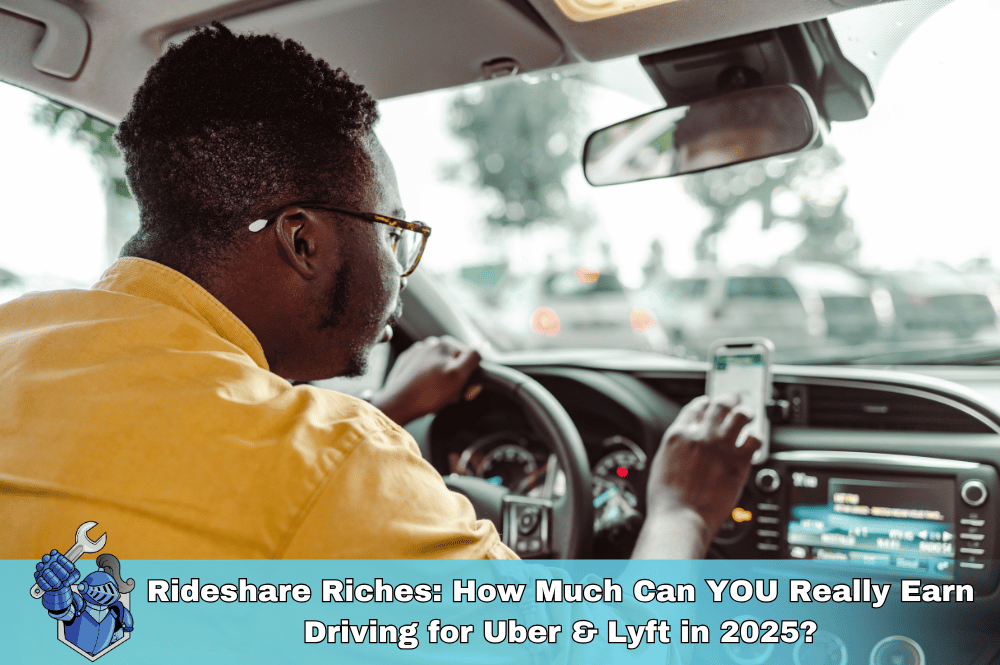 Rideshare Riches: How Much Can YOU Really Earn Driving for Uber & Lyft in 2025?
Rideshare Riches: How Much Can YOU Really Earn Driving for Uber & Lyft in 2025?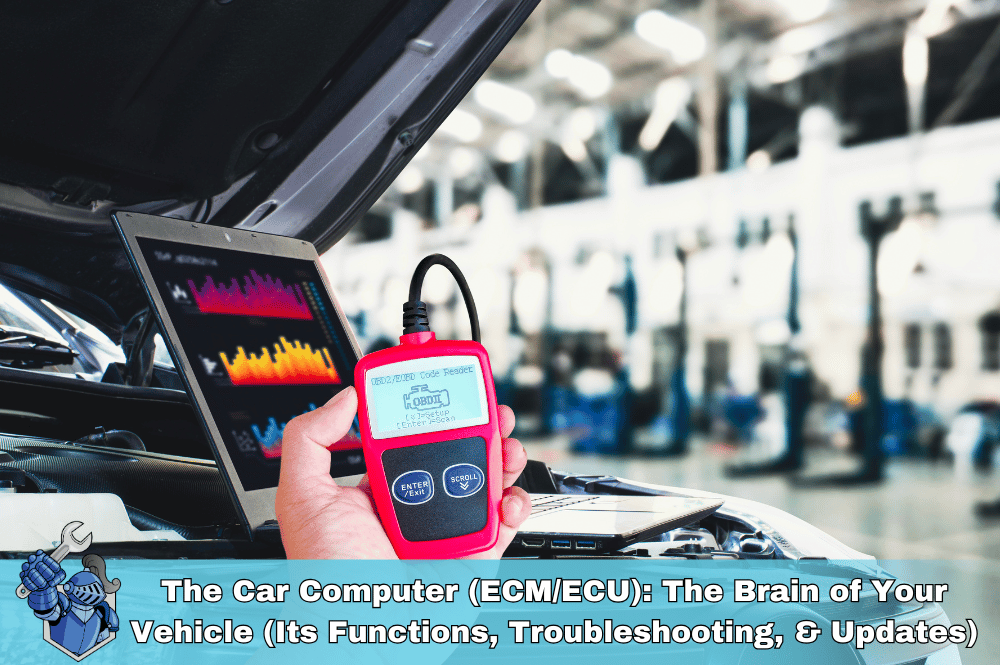 The Car Computer (ECM/ECU): The Brain of Your Vehicle (Its Functions, Troubleshooting, & Updates)
The Car Computer (ECM/ECU): The Brain of Your Vehicle (Its Functions, Troubleshooting, & Updates) The Ultimate Truck/SUV Beach Driving Guide: Prep, Safety, & Post-Sand Care
The Ultimate Truck/SUV Beach Driving Guide: Prep, Safety, & Post-Sand Care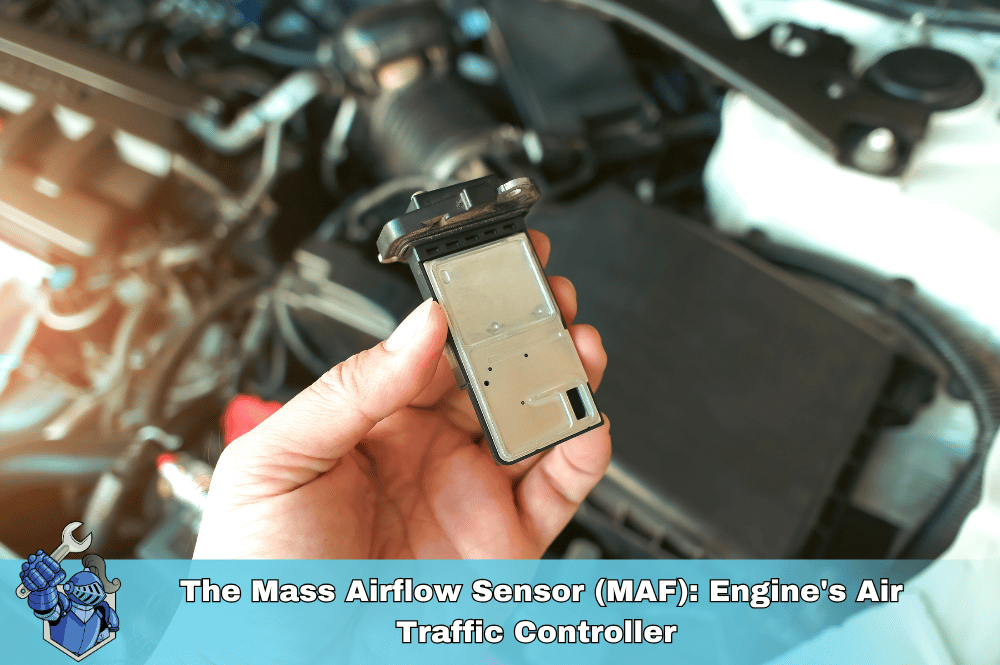 The Mass Airflow Sensor (MAF): Engine's Air Traffic Controller (Function, Symptoms of Failure, & Cleaning)
The Mass Airflow Sensor (MAF): Engine's Air Traffic Controller (Function, Symptoms of Failure, & Cleaning)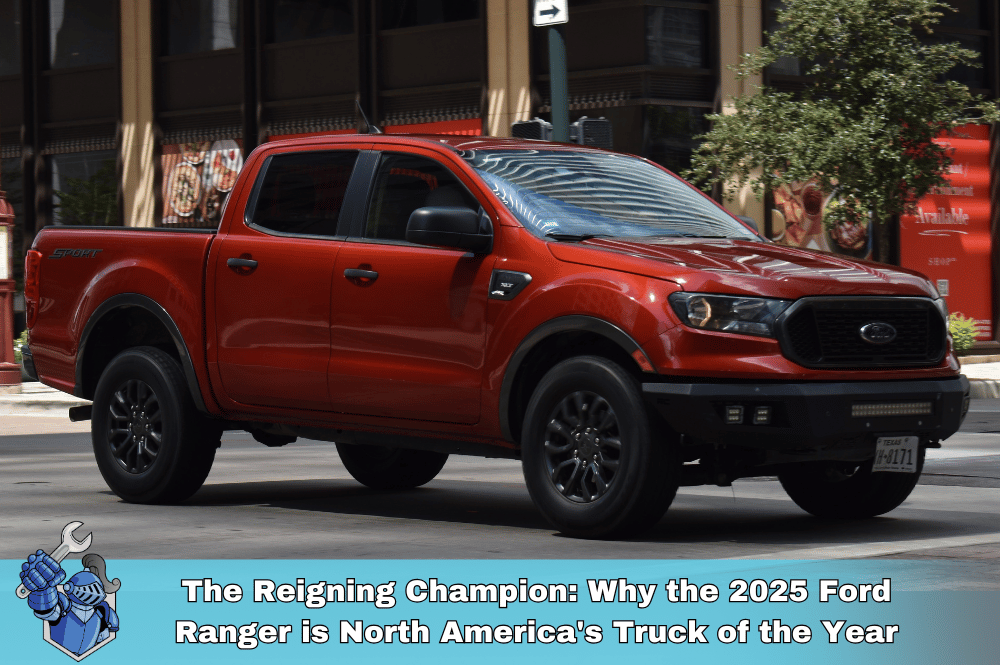 The Reigning Champion: Why the 2025 Ford Ranger is North America's Truck of the Year
The Reigning Champion: Why the 2025 Ford Ranger is North America's Truck of the Year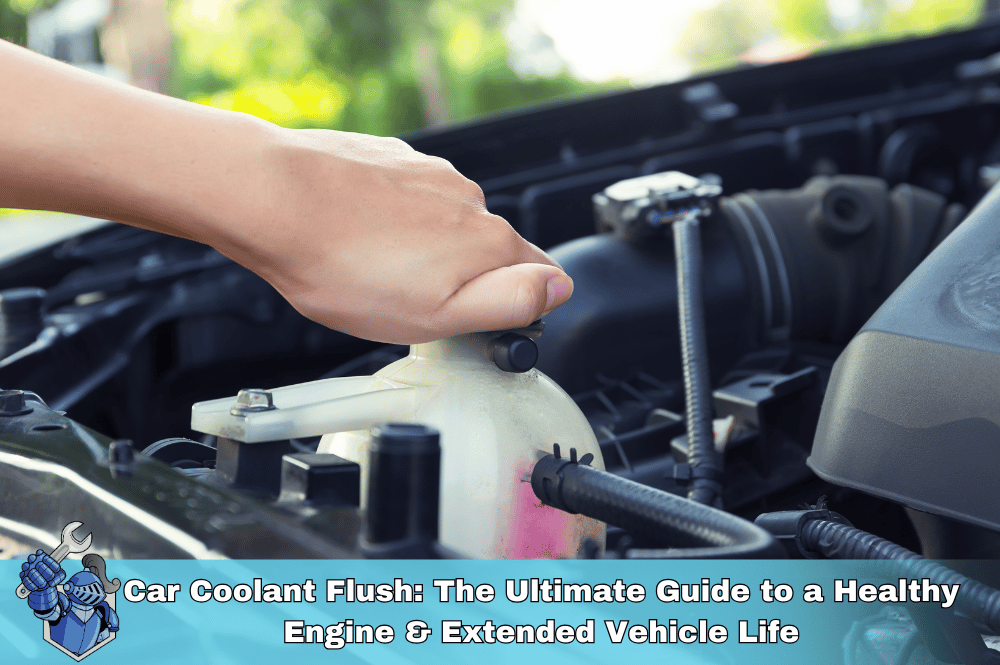 Car Coolant Flush: The Ultimate Guide to a Healthy Engine & Extended Vehicle Life
Car Coolant Flush: The Ultimate Guide to a Healthy Engine & Extended Vehicle Life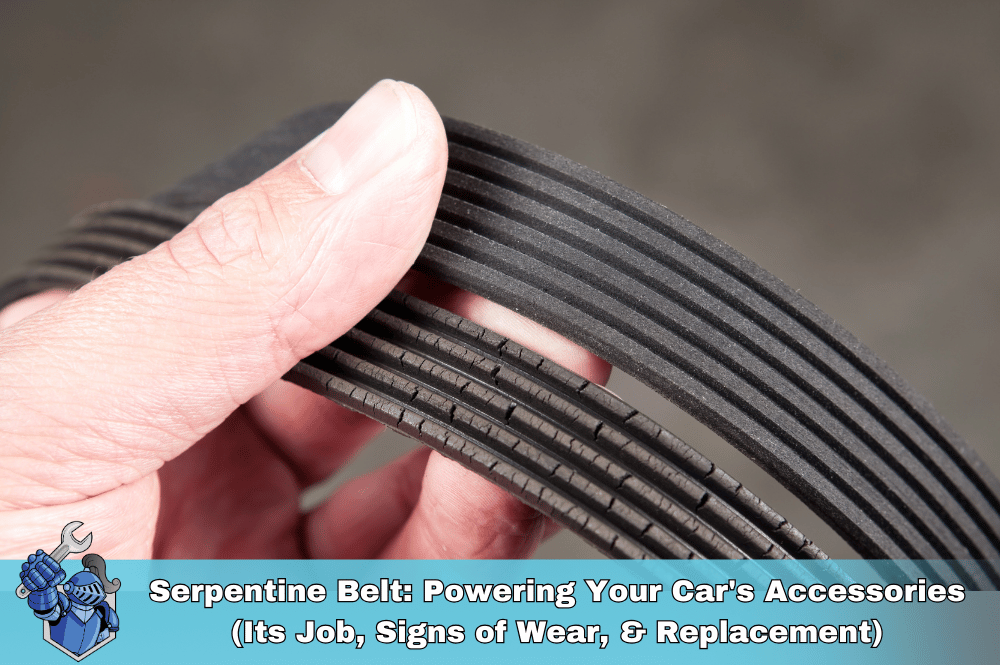 Serpentine Belt: Powering Your Car's Accessories (Its Job, Signs of Wear, & Replacement)
Serpentine Belt: Powering Your Car's Accessories (Its Job, Signs of Wear, & Replacement)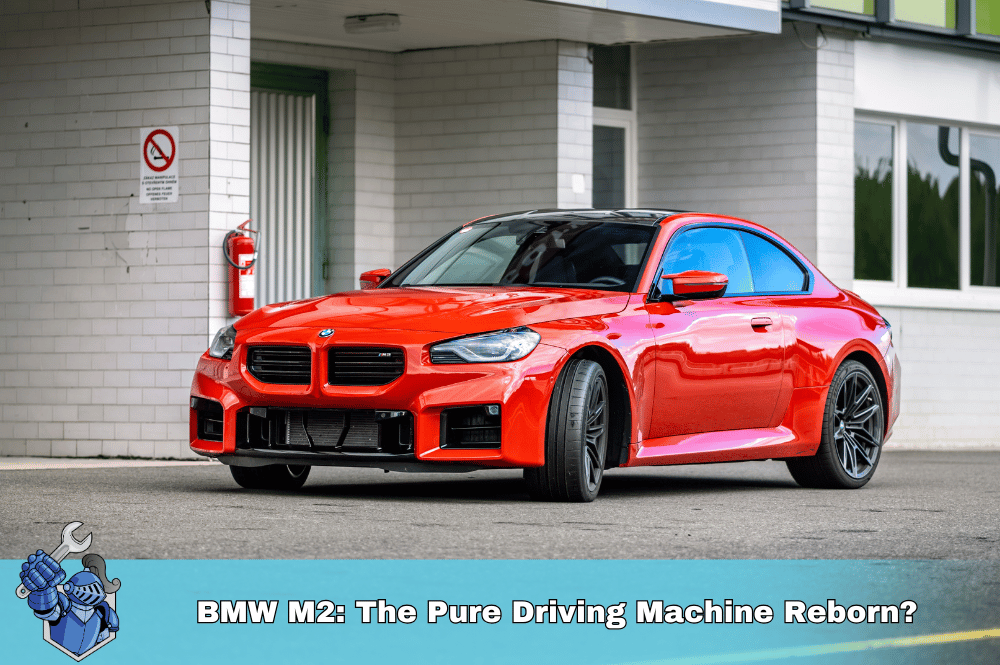 BMW M2: The Pure Driving Machine Reborn?
BMW M2: The Pure Driving Machine Reborn? The Ultimate Protection Plan: How Life Insurance Drives Your Family’s Future
The Ultimate Protection Plan: How Life Insurance Drives Your Family’s Future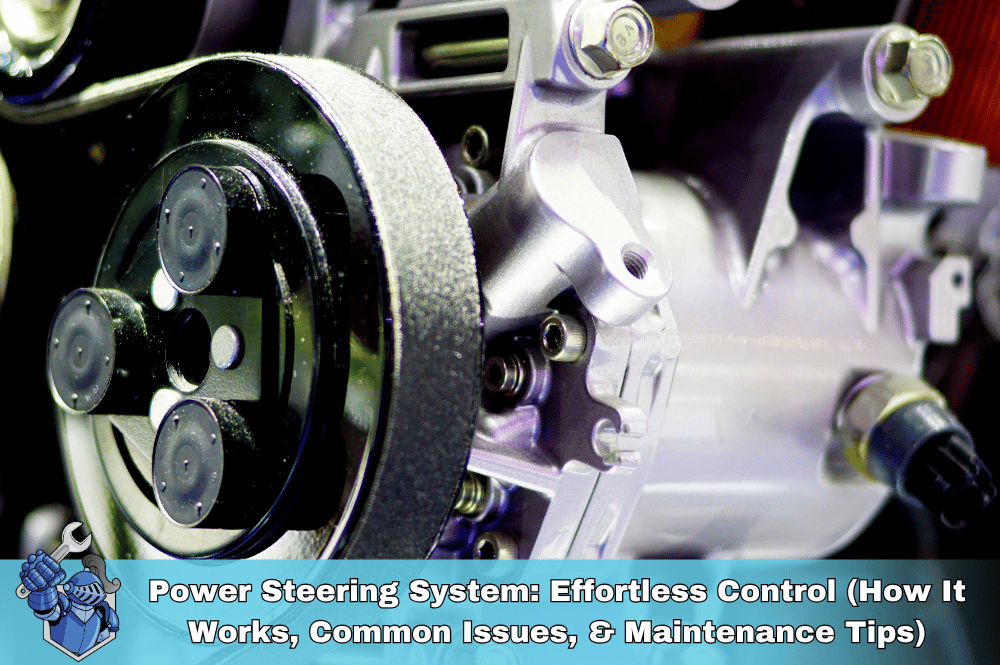 Power Steering System: Effortless Control (How It Works, Common Issues, & Maintenance Tips)
Power Steering System: Effortless Control (How It Works, Common Issues, & Maintenance Tips)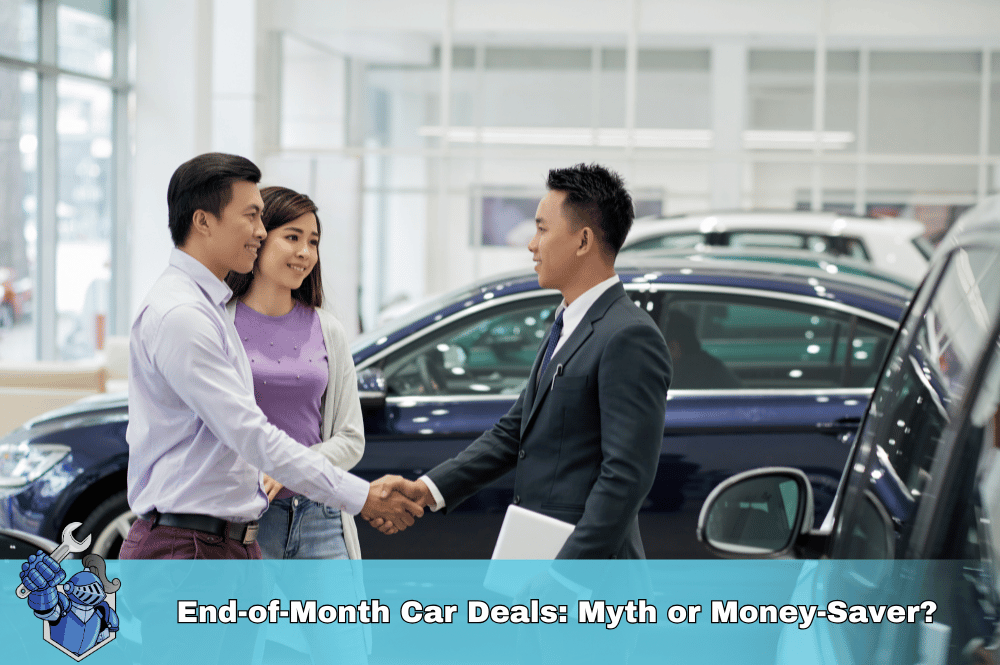 End-of-Month Car Deals: Myth or Money-Saver?
End-of-Month Car Deals: Myth or Money-Saver? NobleQuote.com Presents: American National Auto Insurance – Your Complete Guide
NobleQuote.com Presents: American National Auto Insurance – Your Complete Guide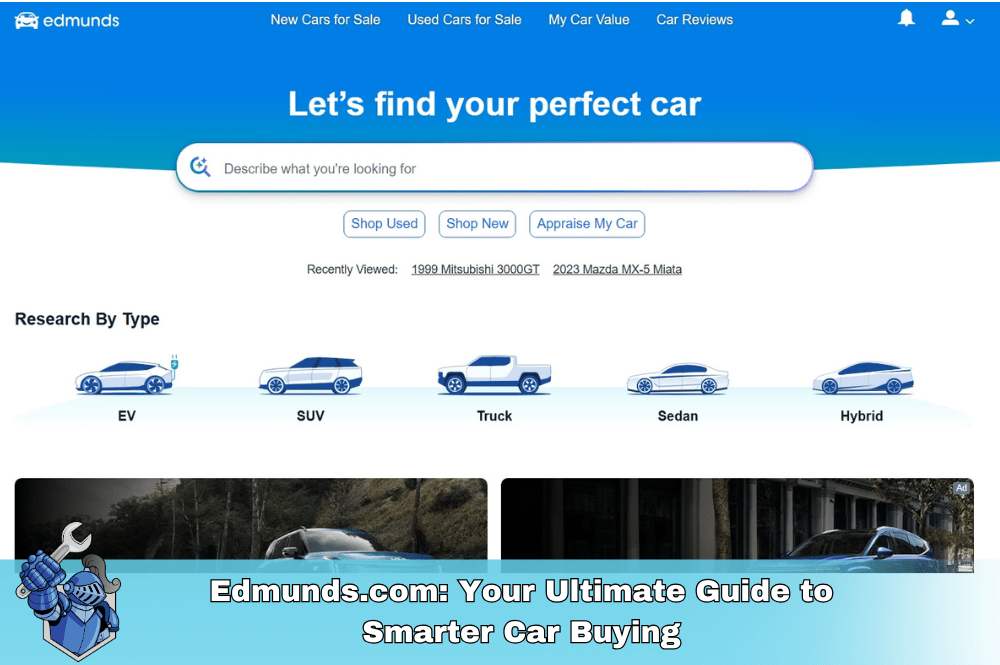 Edmunds.com: Your Ultimate Guide to Smarter Car Buying
Edmunds.com: Your Ultimate Guide to Smarter Car Buying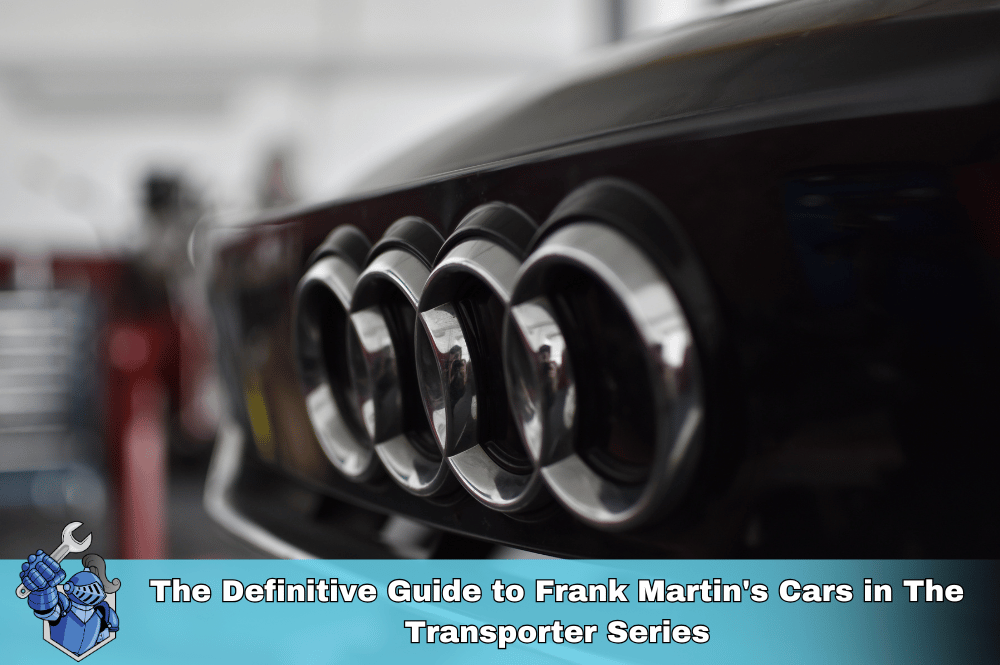 The Definitive Guide to Frank Martin's Cars in The Transporter Series
The Definitive Guide to Frank Martin's Cars in The Transporter Series Why Your Car Insurance is Skyrocketing in 2025 (and How NobleQuote Can Help)
Why Your Car Insurance is Skyrocketing in 2025 (and How NobleQuote Can Help) Pre-Existing Conditions and Home Warranties: What You Need to Know Before You Buy
Pre-Existing Conditions and Home Warranties: What You Need to Know Before You Buy The 2025 Toyota Supra: The Grand Finale of a Legend?
The 2025 Toyota Supra: The Grand Finale of a Legend?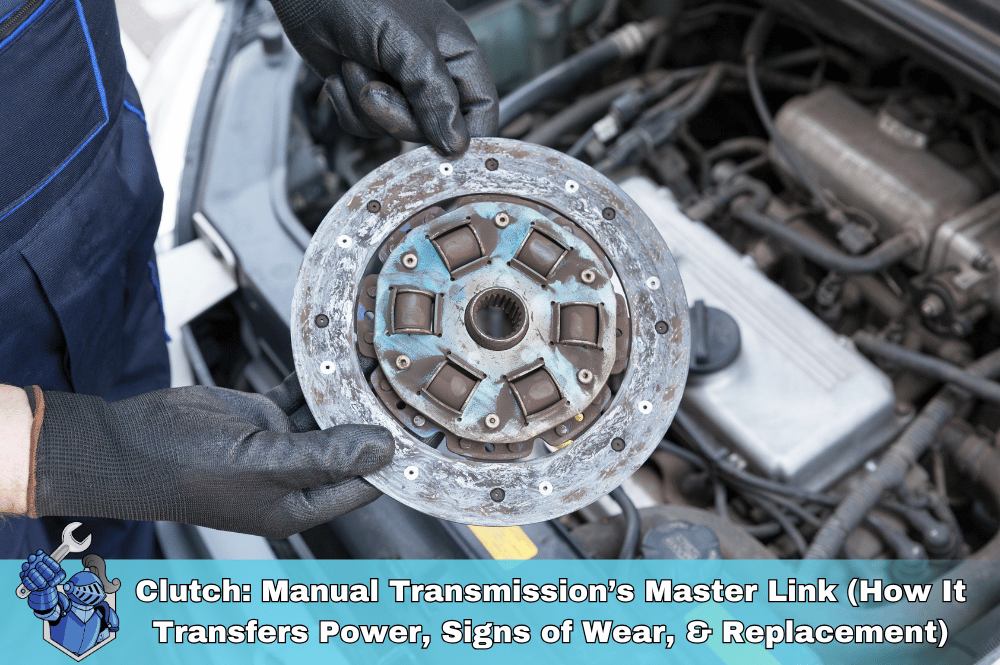 Clutch: Manual Transmission’s Master Link (How It Transfers Power, Signs of Wear, & Replacement)
Clutch: Manual Transmission’s Master Link (How It Transfers Power, Signs of Wear, & Replacement)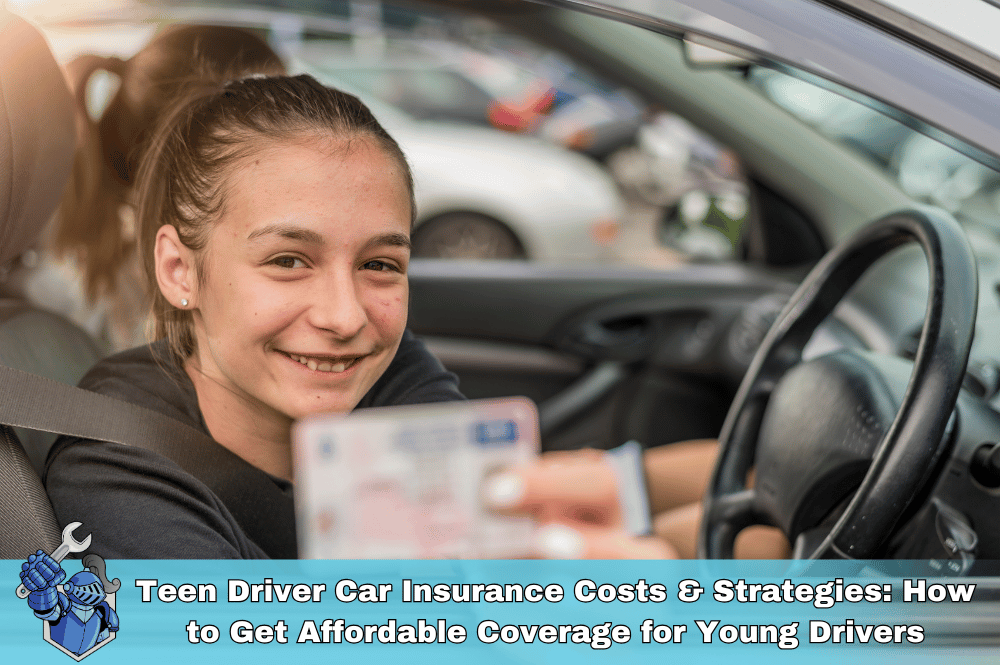 Teen Driver Car Insurance Costs & Strategies: How to Get Affordable Coverage for Young Drivers
Teen Driver Car Insurance Costs & Strategies: How to Get Affordable Coverage for Young Drivers Is Your Car Insurance Enough? Unexpected Repairs and the Peace of Mind of a NobleQuote Vehicle Service Contract
Is Your Car Insurance Enough? Unexpected Repairs and the Peace of Mind of a NobleQuote Vehicle Service Contract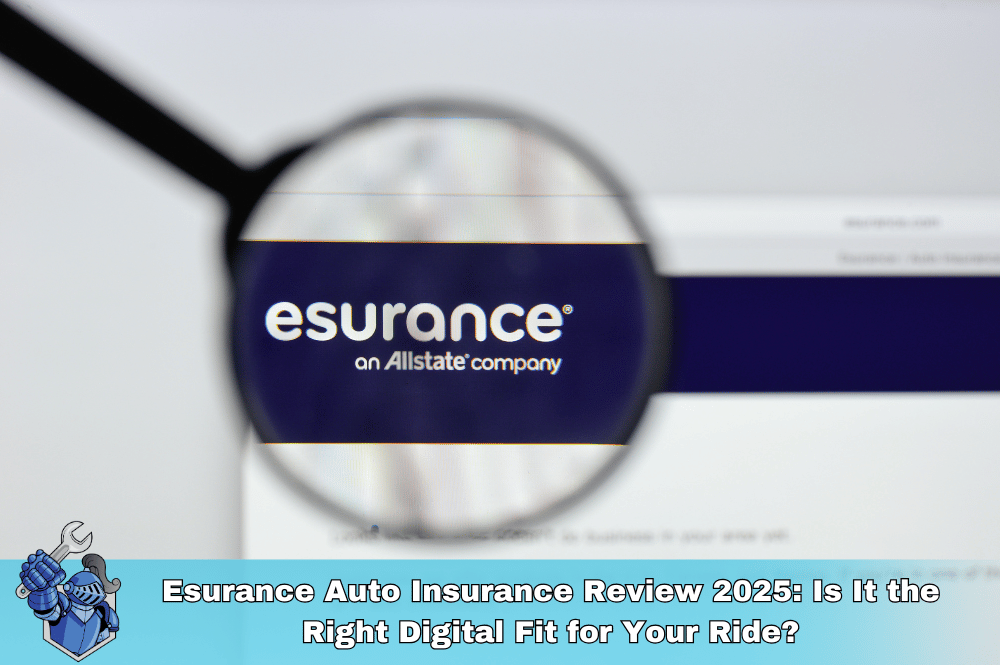 Esurance Auto Insurance Review 2025: Is It the Right Digital Fit for Your Ride?
Esurance Auto Insurance Review 2025: Is It the Right Digital Fit for Your Ride? Cabin Air Filter: Breathing Easy in Your Car (What It Does, Why It Matters, & When to Replace)
Cabin Air Filter: Breathing Easy in Your Car (What It Does, Why It Matters, & When to Replace) Don't Let a Blown Engine Derail Your Life: The Auto Pro's Guide to Disability Insurance
Don't Let a Blown Engine Derail Your Life: The Auto Pro's Guide to Disability Insurance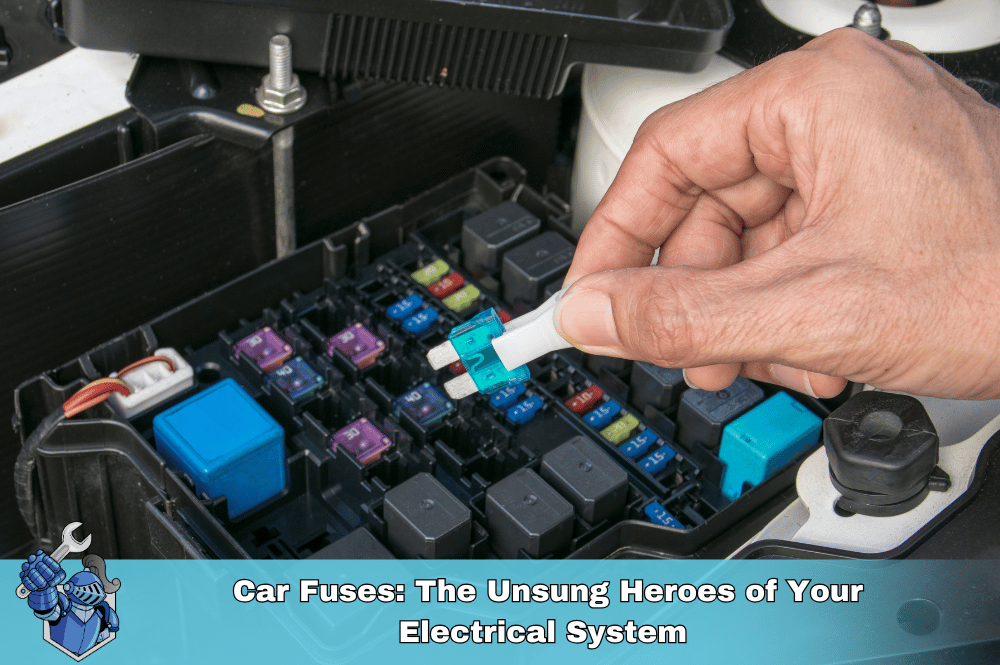 Car Fuses: The Unsung Heroes of Your Electrical System (What They Do, Common Failures, & How to Replace)
Car Fuses: The Unsung Heroes of Your Electrical System (What They Do, Common Failures, & How to Replace) Godzilla’s Reign: Unpacking the Legend of the 5th Gen Nissan GT-R
Godzilla’s Reign: Unpacking the Legend of the 5th Gen Nissan GT-R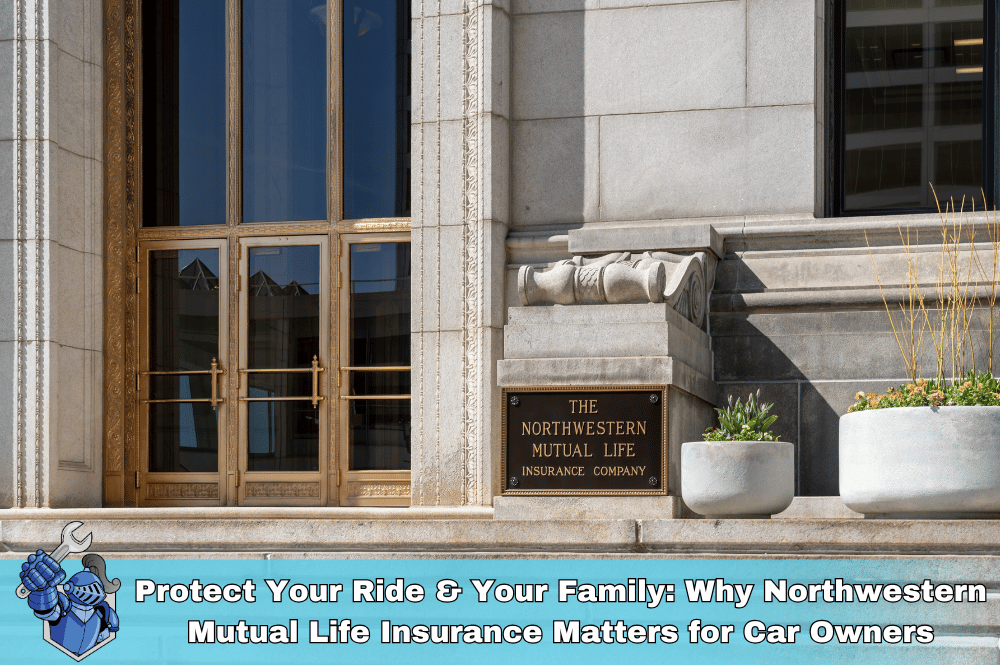 Protect Your Ride & Your Family: Why Northwestern Mutual Life Insurance Matters for Car Owners
Protect Your Ride & Your Family: Why Northwestern Mutual Life Insurance Matters for Car Owners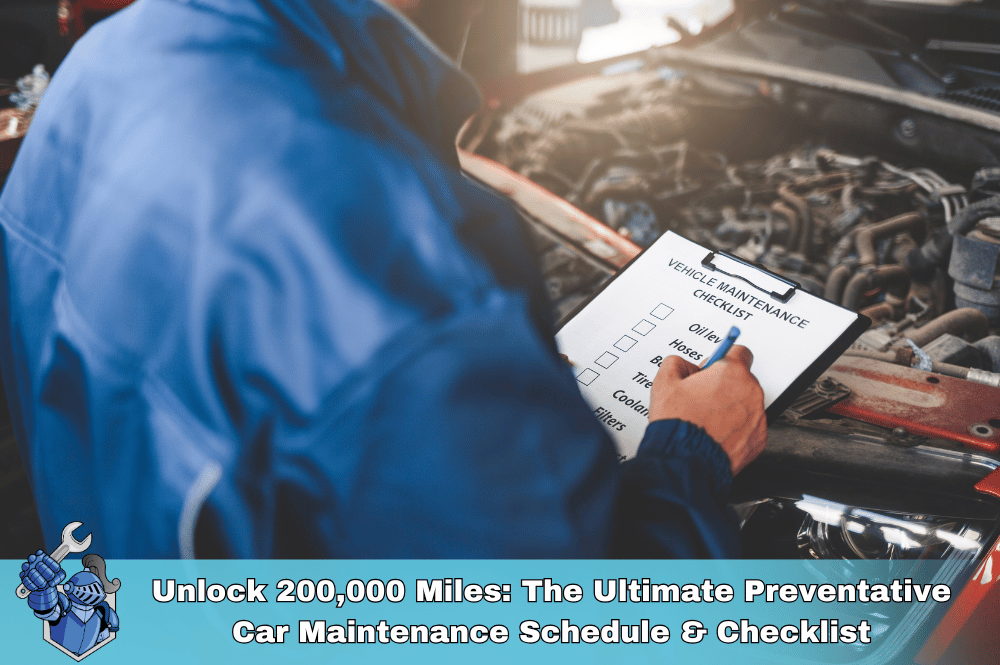 Unlock 200,000 Miles: The Ultimate Preventative Car Maintenance Schedule & Checklist
Unlock 200,000 Miles: The Ultimate Preventative Car Maintenance Schedule & Checklist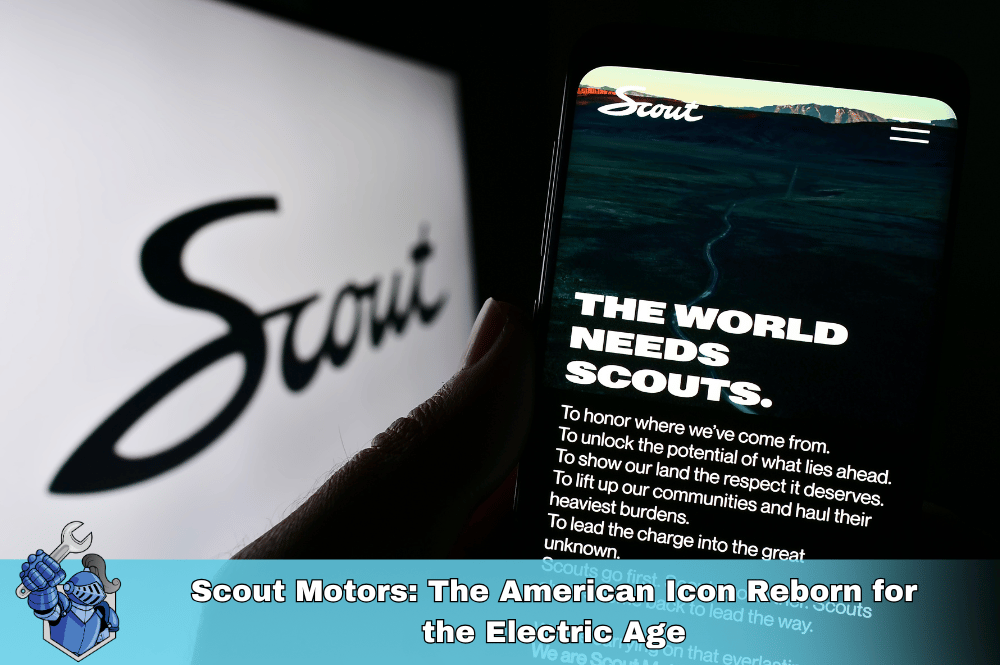 Scout Motors: The American Icon Reborn for the Electric Age
Scout Motors: The American Icon Reborn for the Electric Age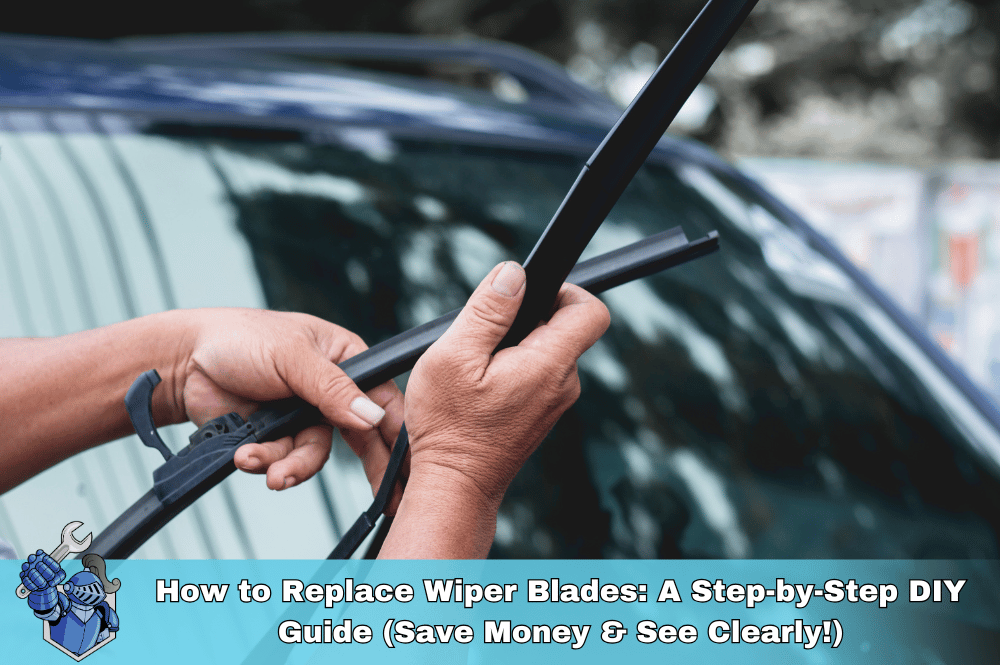 How to Replace Wiper Blades: A Step-by-Step DIY Guide (Save Money & See Clearly!)
How to Replace Wiper Blades: A Step-by-Step DIY Guide (Save Money & See Clearly!)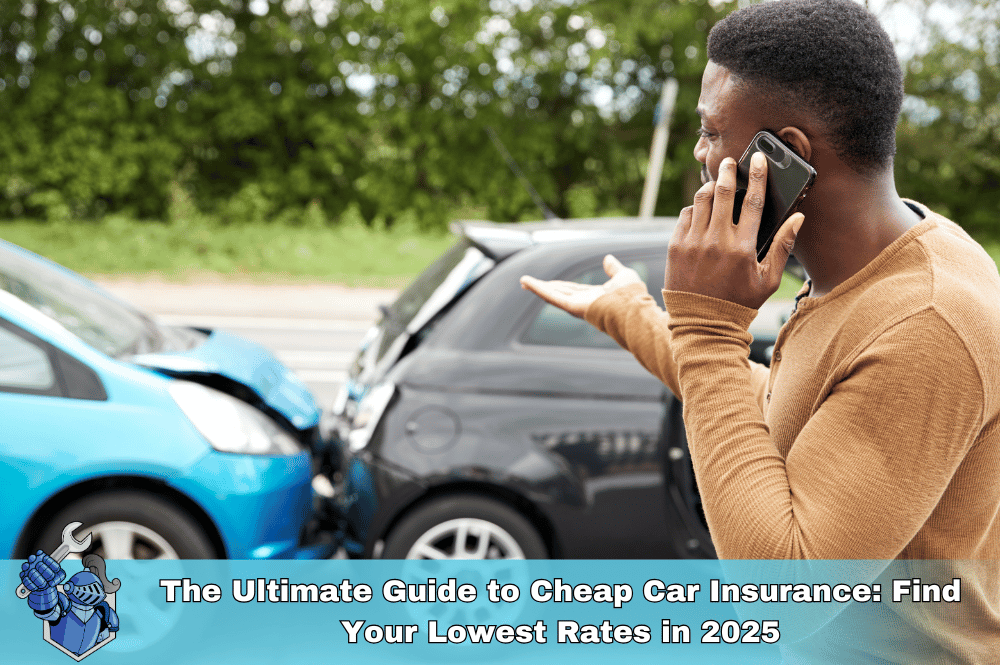 The Ultimate Guide to Cheap Car Insurance: Find Your Lowest Rates in 2025
The Ultimate Guide to Cheap Car Insurance: Find Your Lowest Rates in 2025 The 2025 Automotive Retirement Number: What Auto Pros Need to Save for a Comfortable Ride
The 2025 Automotive Retirement Number: What Auto Pros Need to Save for a Comfortable Ride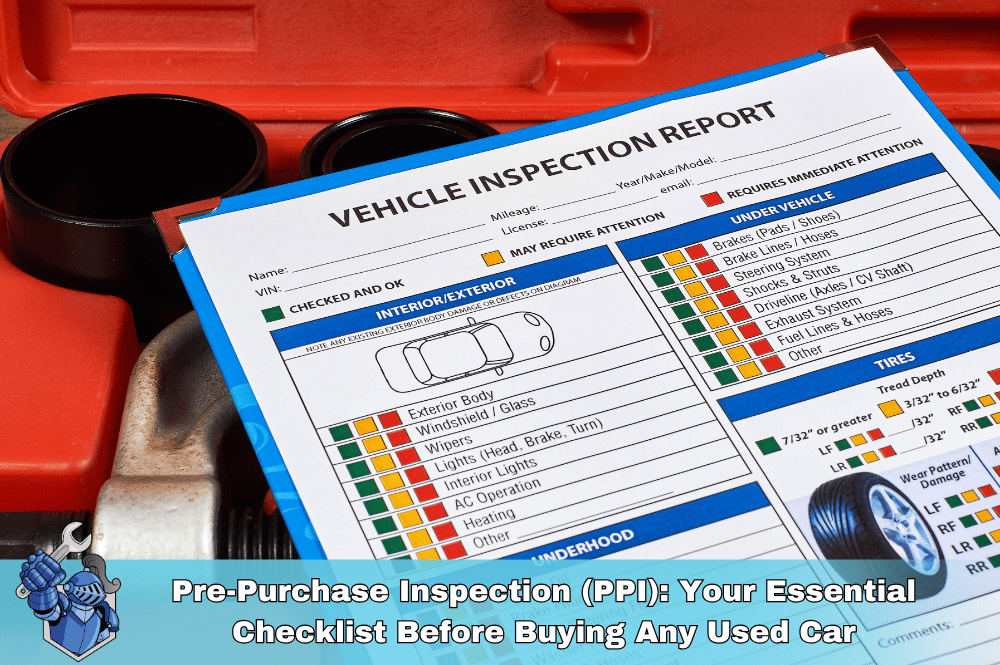 Pre-Purchase Inspection (PPI): Your Essential Checklist Before Buying Any Used Car
Pre-Purchase Inspection (PPI): Your Essential Checklist Before Buying Any Used Car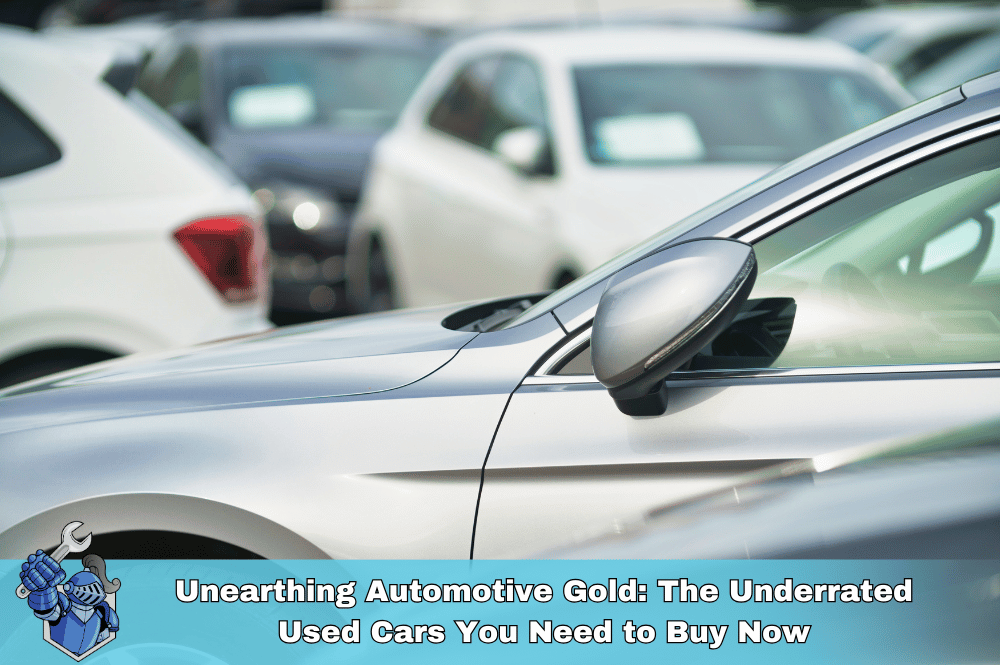 Unearthing Automotive Gold: The Underrated Used Cars You Need to Buy Now
Unearthing Automotive Gold: The Underrated Used Cars You Need to Buy Now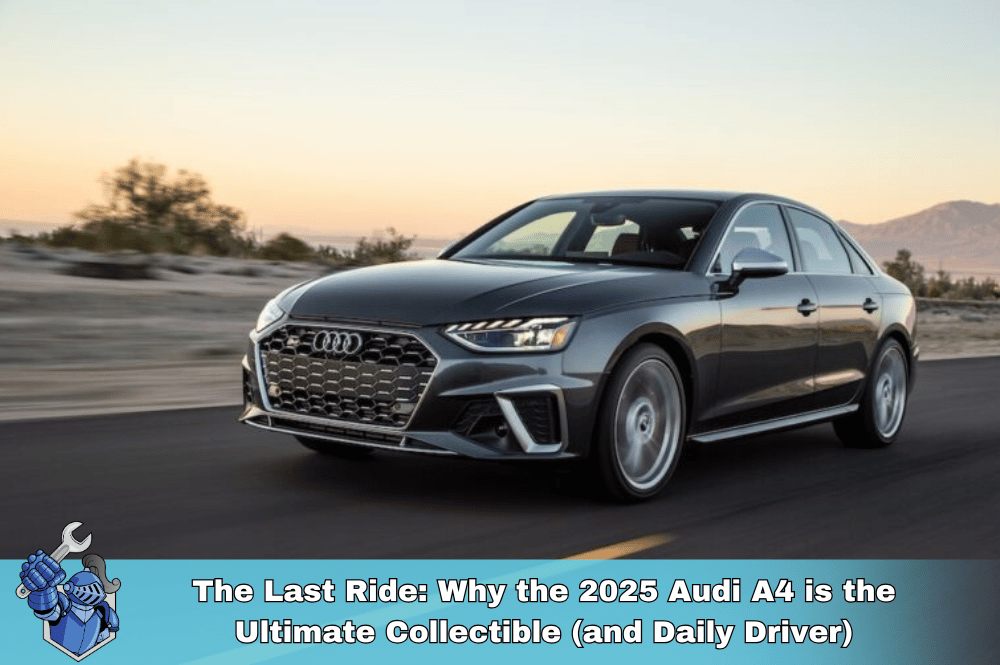 The Last Ride: Why the 2025 Audi A4 is the Ultimate Collectible (and Daily Driver)
The Last Ride: Why the 2025 Audi A4 is the Ultimate Collectible (and Daily Driver)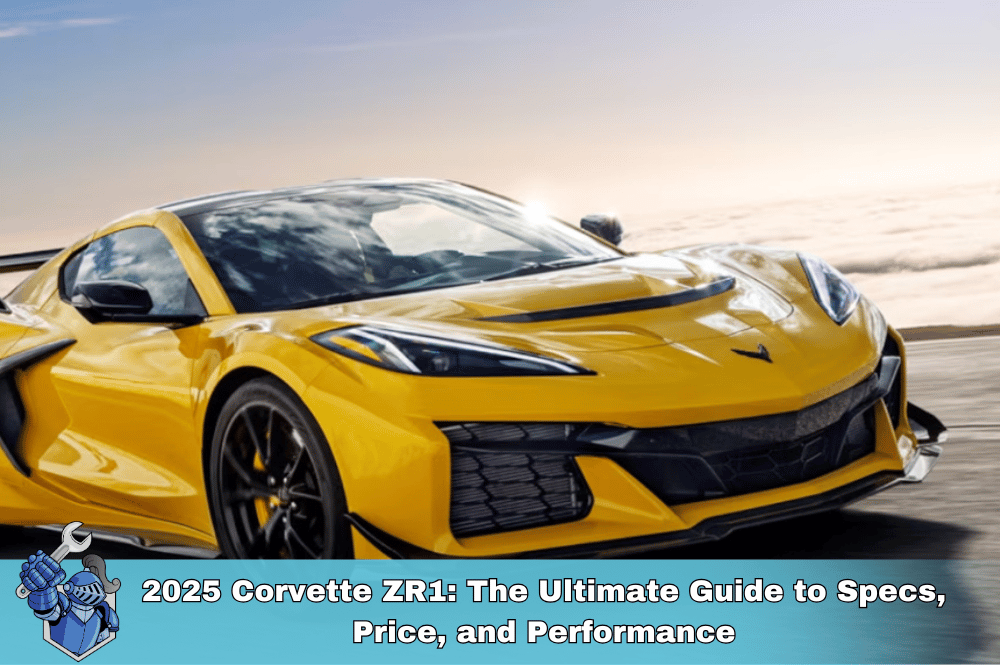 2025 Corvette ZR1: The Ultimate Guide to Specs, Price, and Performance
2025 Corvette ZR1: The Ultimate Guide to Specs, Price, and Performance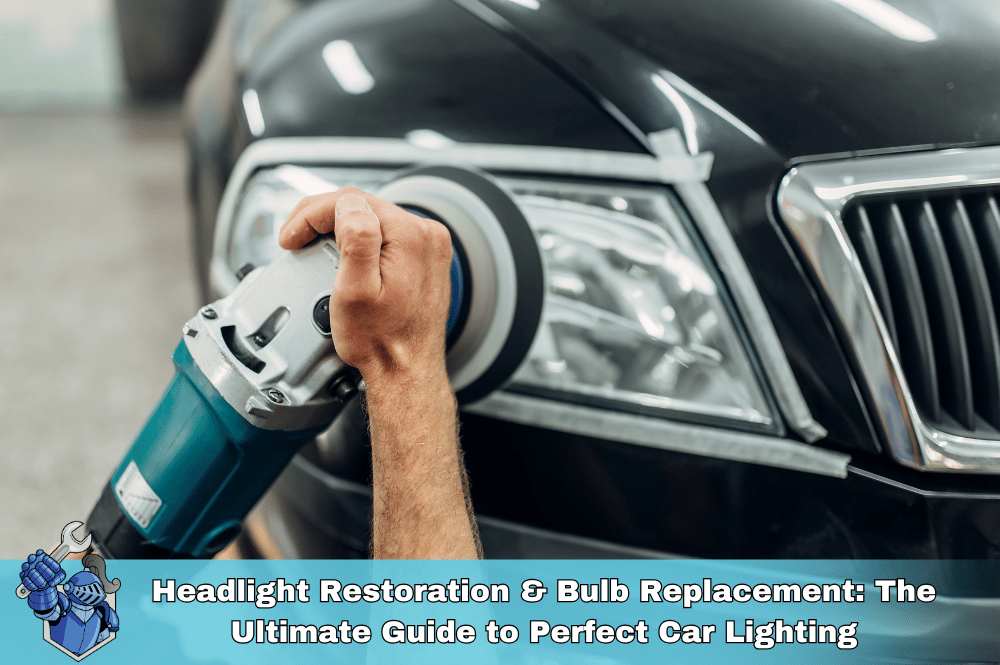 Headlight Restoration & Bulb Replacement: The Ultimate Guide to Perfect Car Lighting
Headlight Restoration & Bulb Replacement: The Ultimate Guide to Perfect Car Lighting Does Driving for Uber/Lyft/DoorDash Void Your Car’s Warranty? & How to Get Covered
Does Driving for Uber/Lyft/DoorDash Void Your Car’s Warranty? & How to Get Covered The Ultimate Guide to Motorcycle Extended Warranties: Is It Worth It for Your Ride?
The Ultimate Guide to Motorcycle Extended Warranties: Is It Worth It for Your Ride?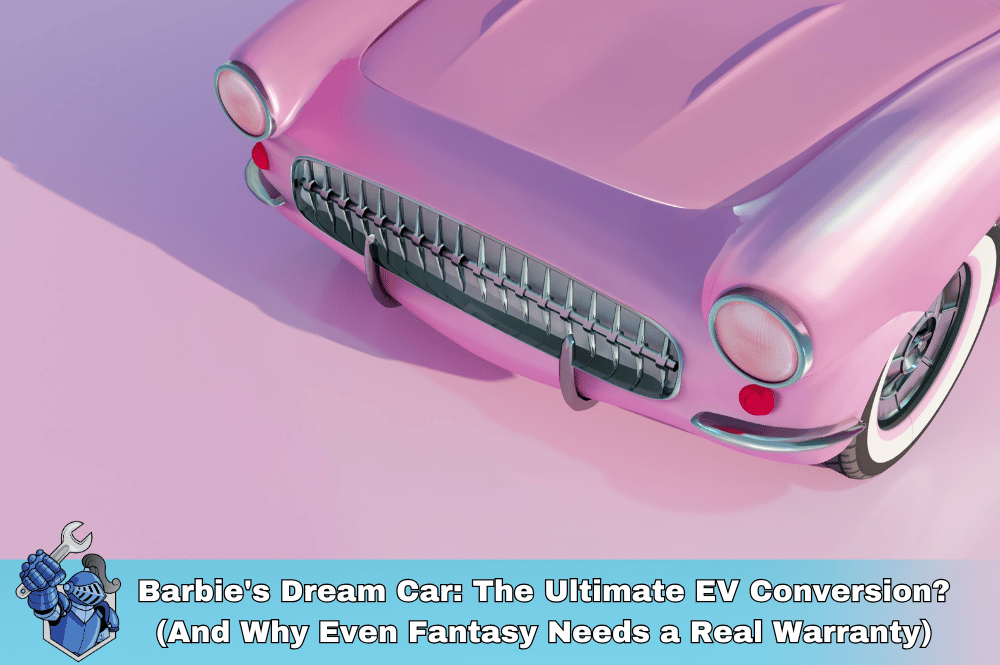 Barbie's Dream Car: The Ultimate EV Conversion? (And Why Even Fantasy Needs a Real Warranty)
Barbie's Dream Car: The Ultimate EV Conversion? (And Why Even Fantasy Needs a Real Warranty)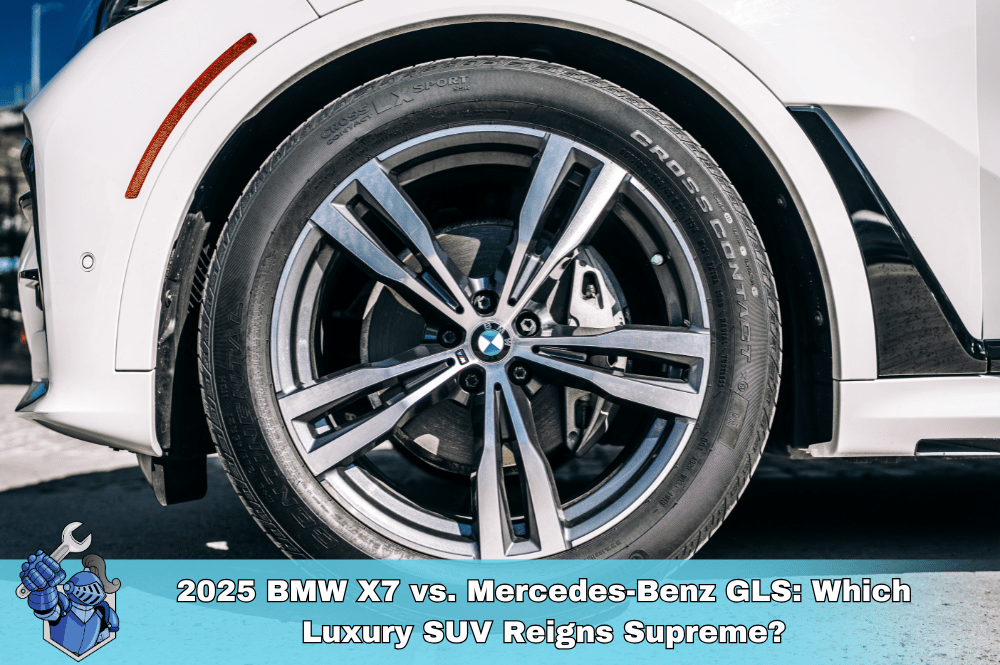 2025 BMW X7 vs. Mercedes-Benz GLS: Which Luxury SUV Reigns Supreme?
2025 BMW X7 vs. Mercedes-Benz GLS: Which Luxury SUV Reigns Supreme?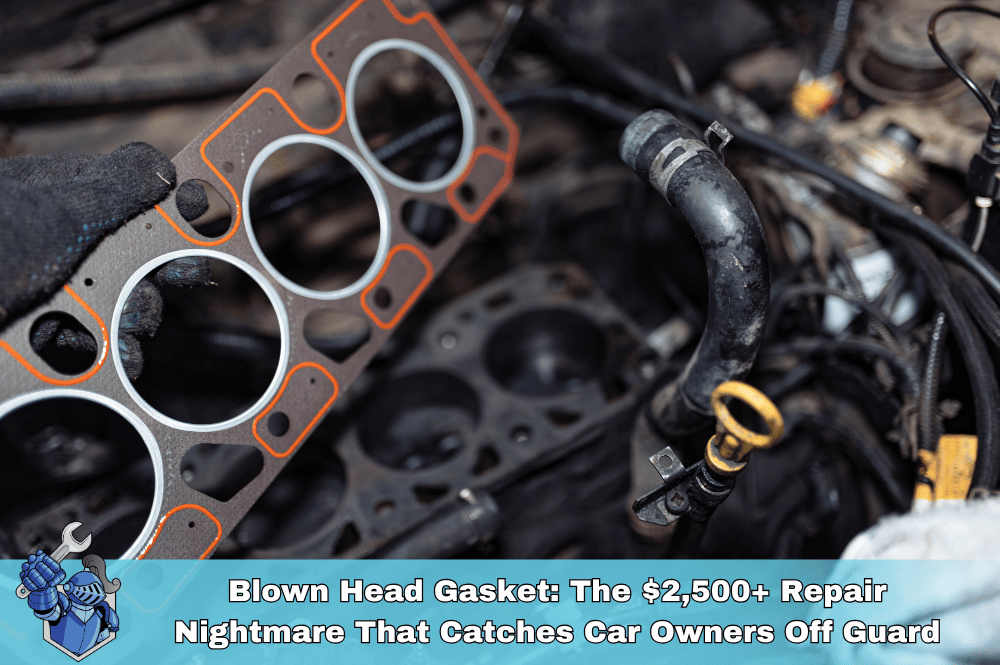 Blown Head Gasket: The $2,500+ Repair Nightmare That Catches Car Owners Off Guard – Learn How to Prepare
Blown Head Gasket: The $2,500+ Repair Nightmare That Catches Car Owners Off Guard – Learn How to Prepare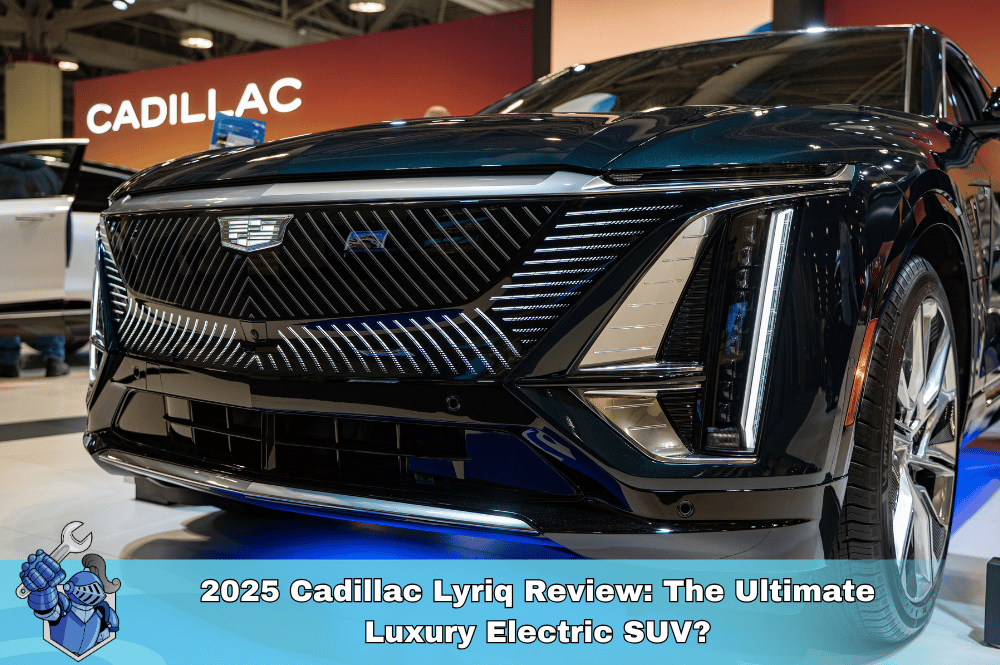 2025 Cadillac Lyriq Review: The Ultimate Luxury Electric SUV?
2025 Cadillac Lyriq Review: The Ultimate Luxury Electric SUV?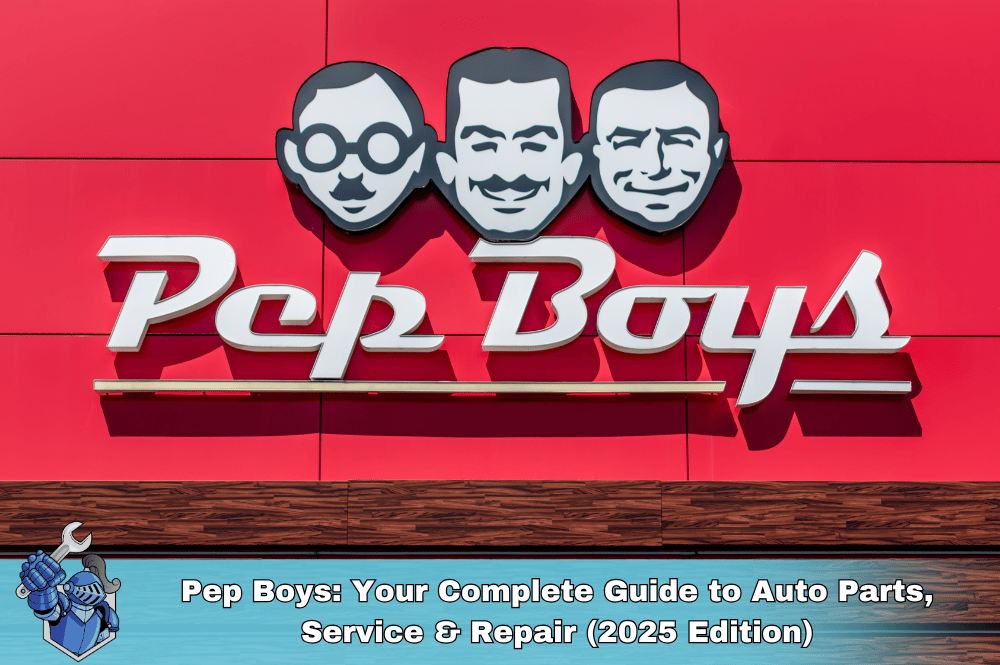 Pep Boys: Your Complete Guide to Auto Parts, Service & Repair (2025 Edition)
Pep Boys: Your Complete Guide to Auto Parts, Service & Repair (2025 Edition) Drive Smarter: Unlock Vehicle Protection with 0% APR Service Contract Payments
Drive Smarter: Unlock Vehicle Protection with 0% APR Service Contract Payments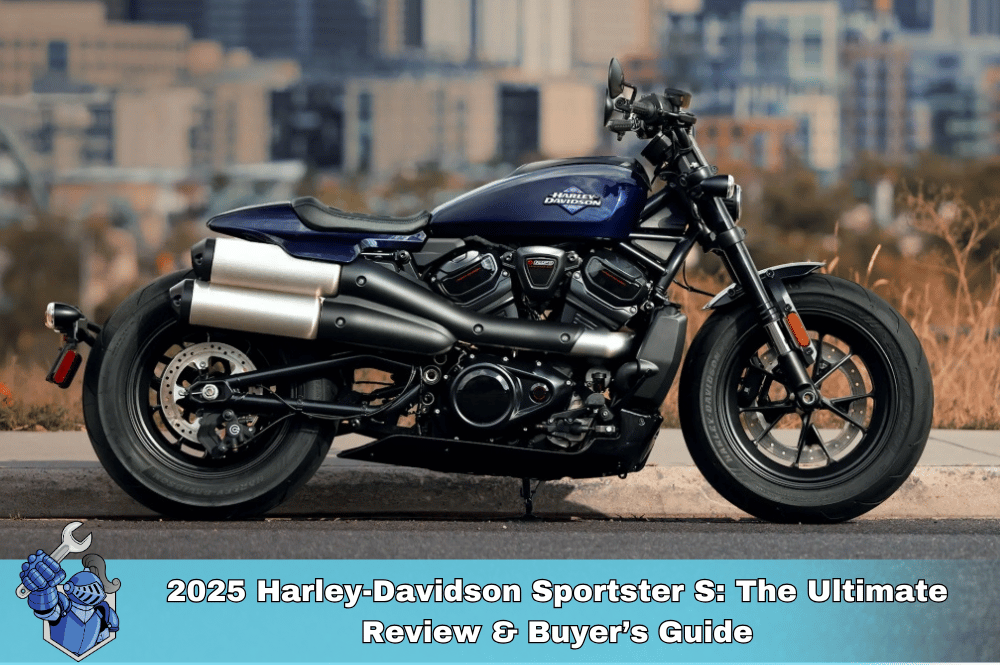 2025 Harley-Davidson Sportster S: The Ultimate Review & Buyer’s Guide
2025 Harley-Davidson Sportster S: The Ultimate Review & Buyer’s Guide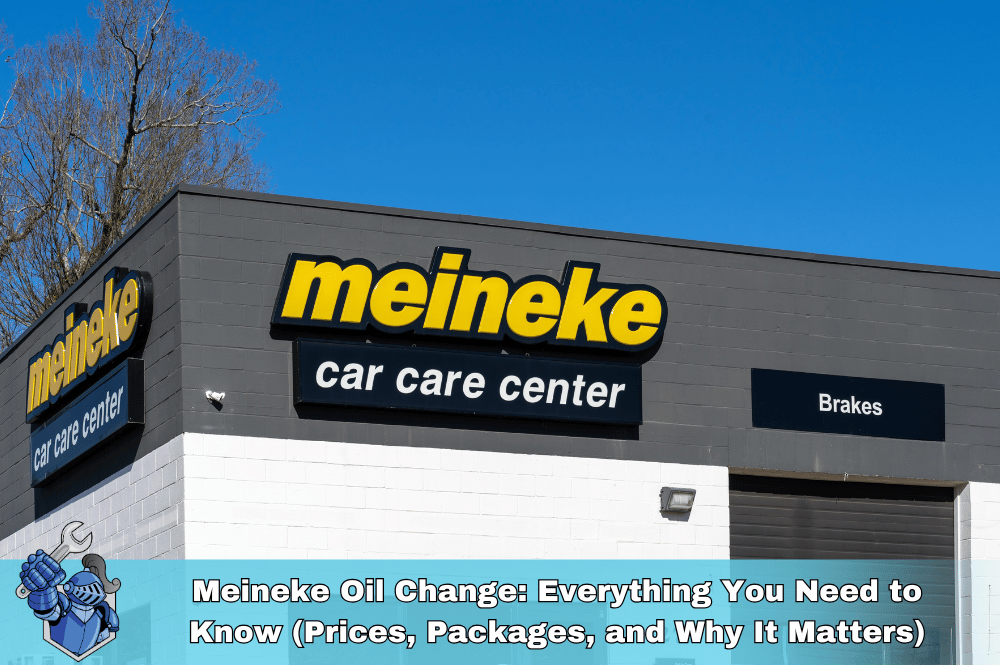 Meineke Oil Change: Everything You Need to Know (Prices, Packages, and Why It Matters)
Meineke Oil Change: Everything You Need to Know (Prices, Packages, and Why It Matters)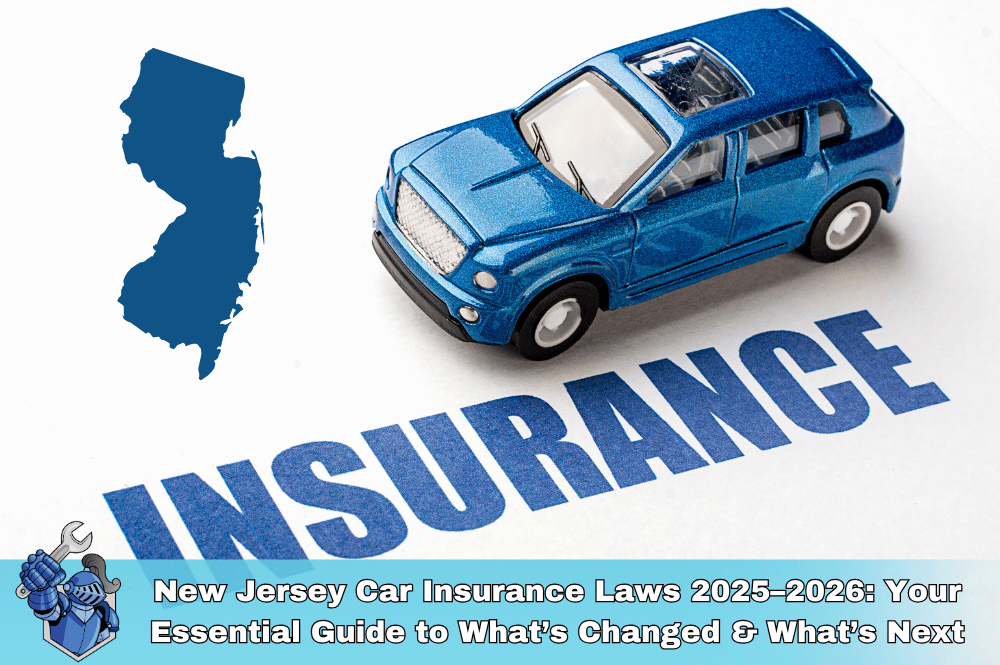 New Jersey Car Insurance Laws 2025–2026: Your Essential Guide to What’s Changed & What’s Next
New Jersey Car Insurance Laws 2025–2026: Your Essential Guide to What’s Changed & What’s Next The Ultimate Dodge Viper Guide: All Generations, Specs, & History (1991–2017)
The Ultimate Dodge Viper Guide: All Generations, Specs, & History (1991–2017)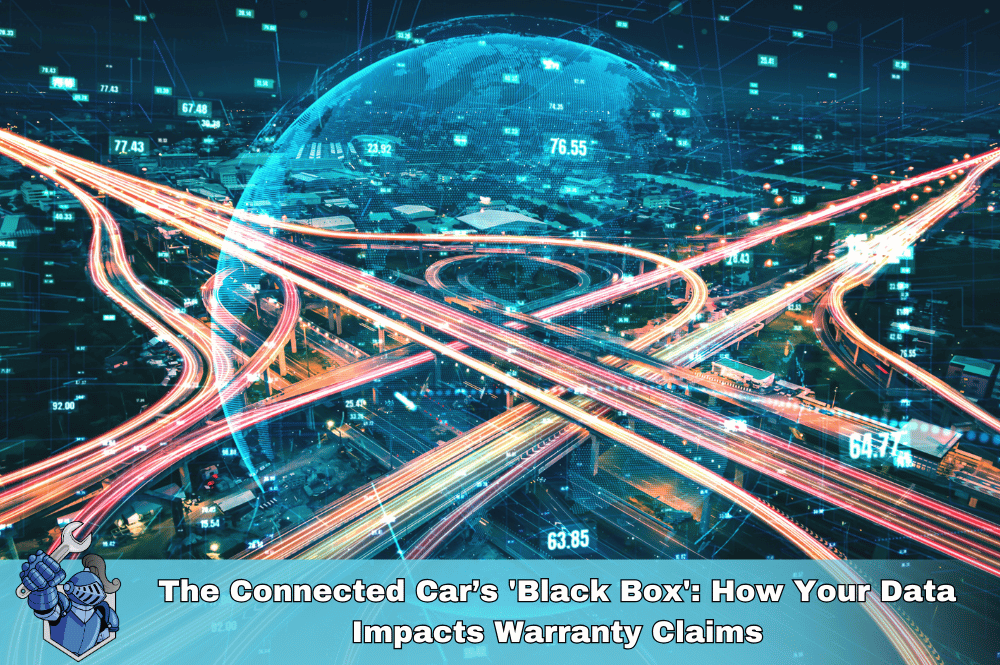 The Connected Car’s 'Black Box': How Your Data Impacts Warranty Claims
The Connected Car’s 'Black Box': How Your Data Impacts Warranty Claims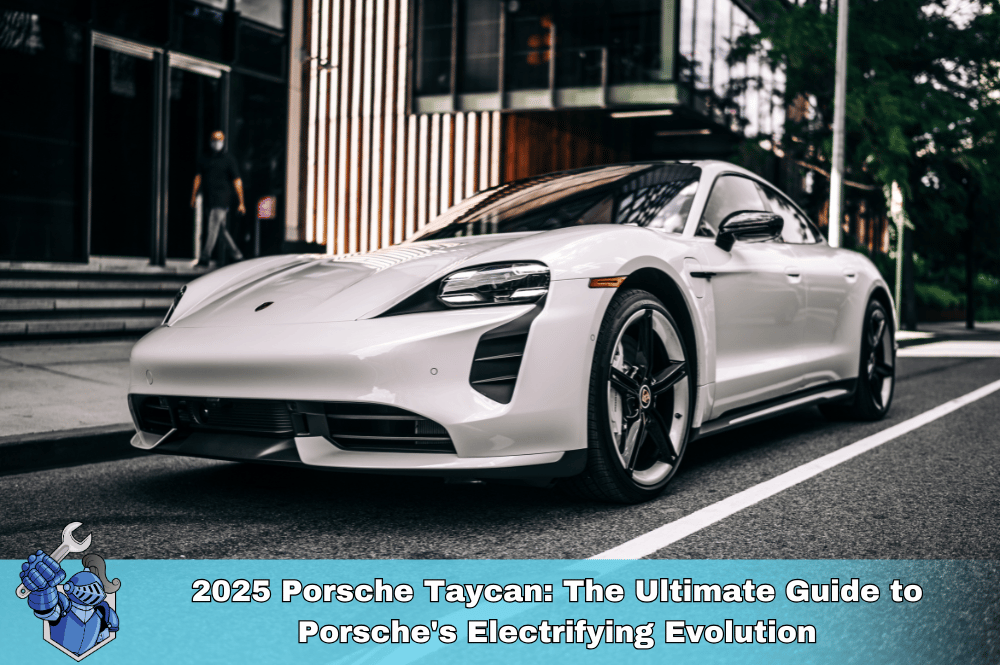 2025 Porsche Taycan: The Ultimate Guide to Porsche's Electrifying Evolution
2025 Porsche Taycan: The Ultimate Guide to Porsche's Electrifying Evolution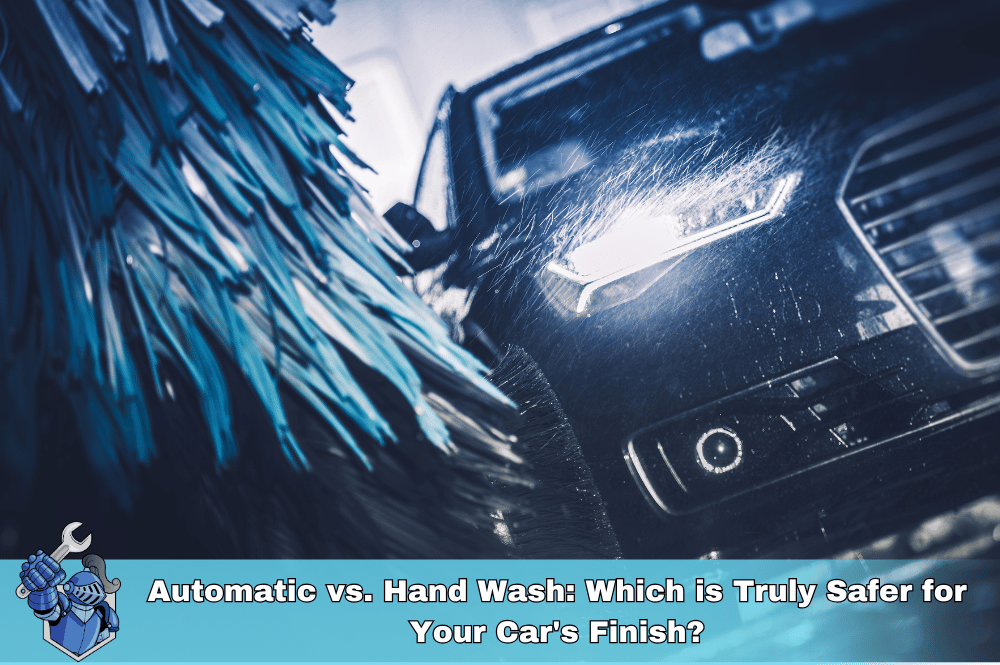 Automatic vs. Hand Wash: Which is Truly Safer for Your Car's Finish?
Automatic vs. Hand Wash: Which is Truly Safer for Your Car's Finish?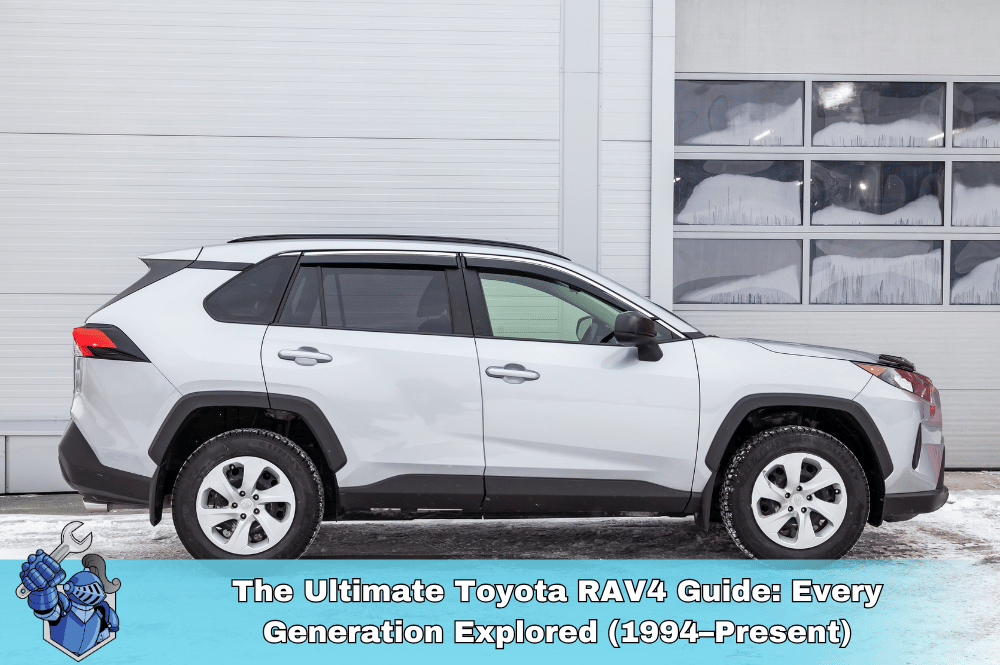 The Ultimate Toyota RAV4 Guide: Every Generation Explored (1994–Present)
The Ultimate Toyota RAV4 Guide: Every Generation Explored (1994–Present) Homeowners Insurance vs. Home Warranty: A Clear Breakdown for Every Homeowner
Homeowners Insurance vs. Home Warranty: A Clear Breakdown for Every Homeowner